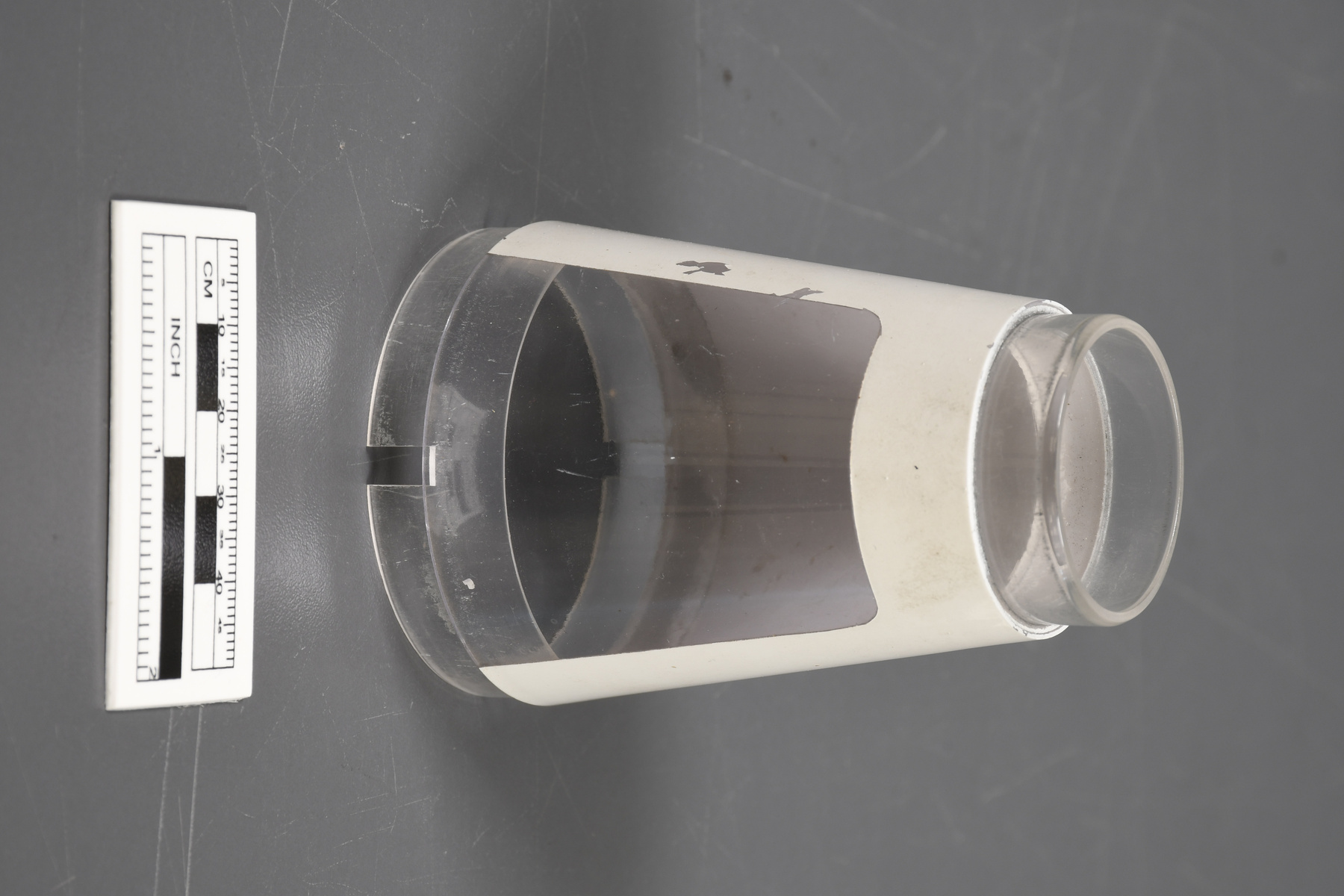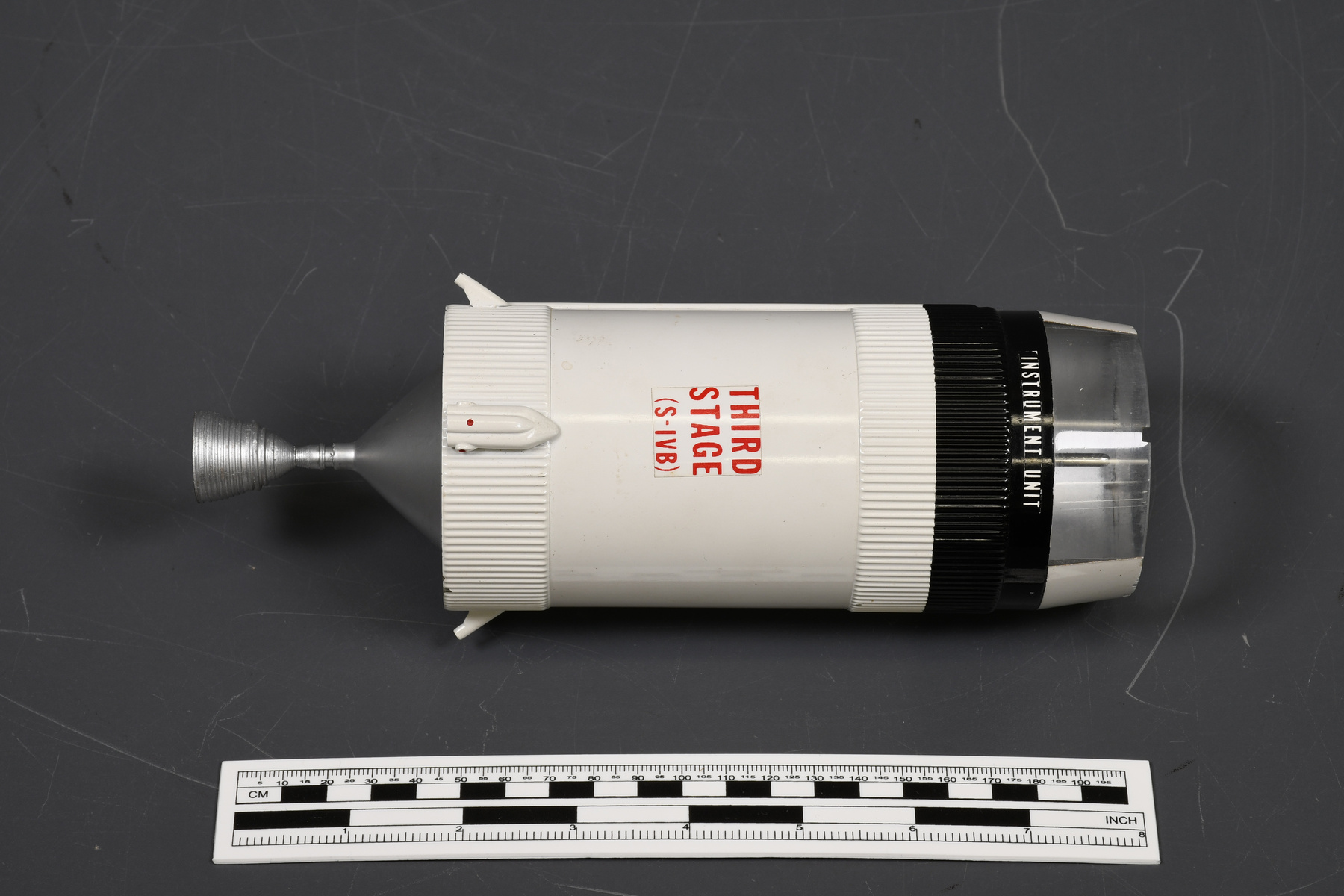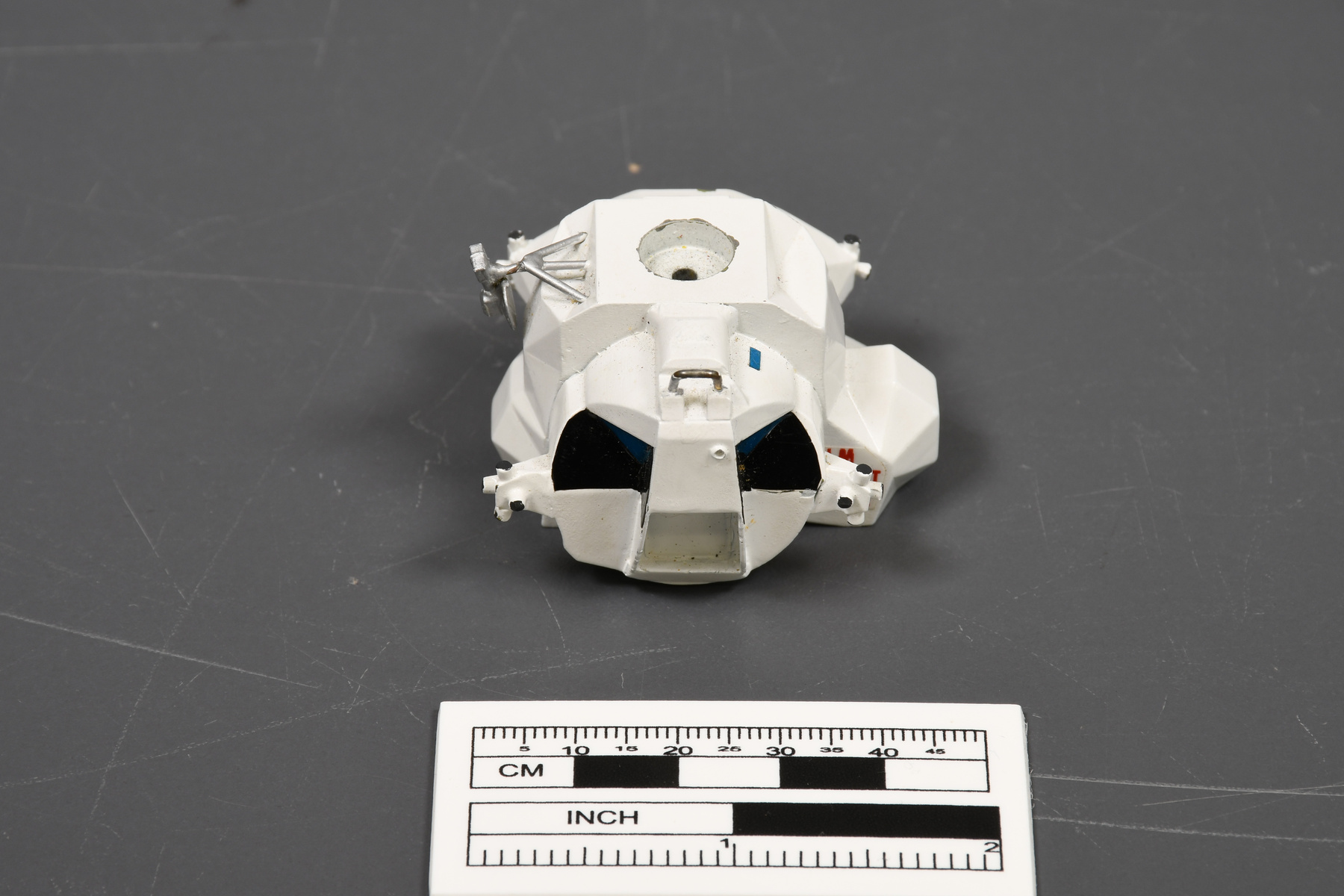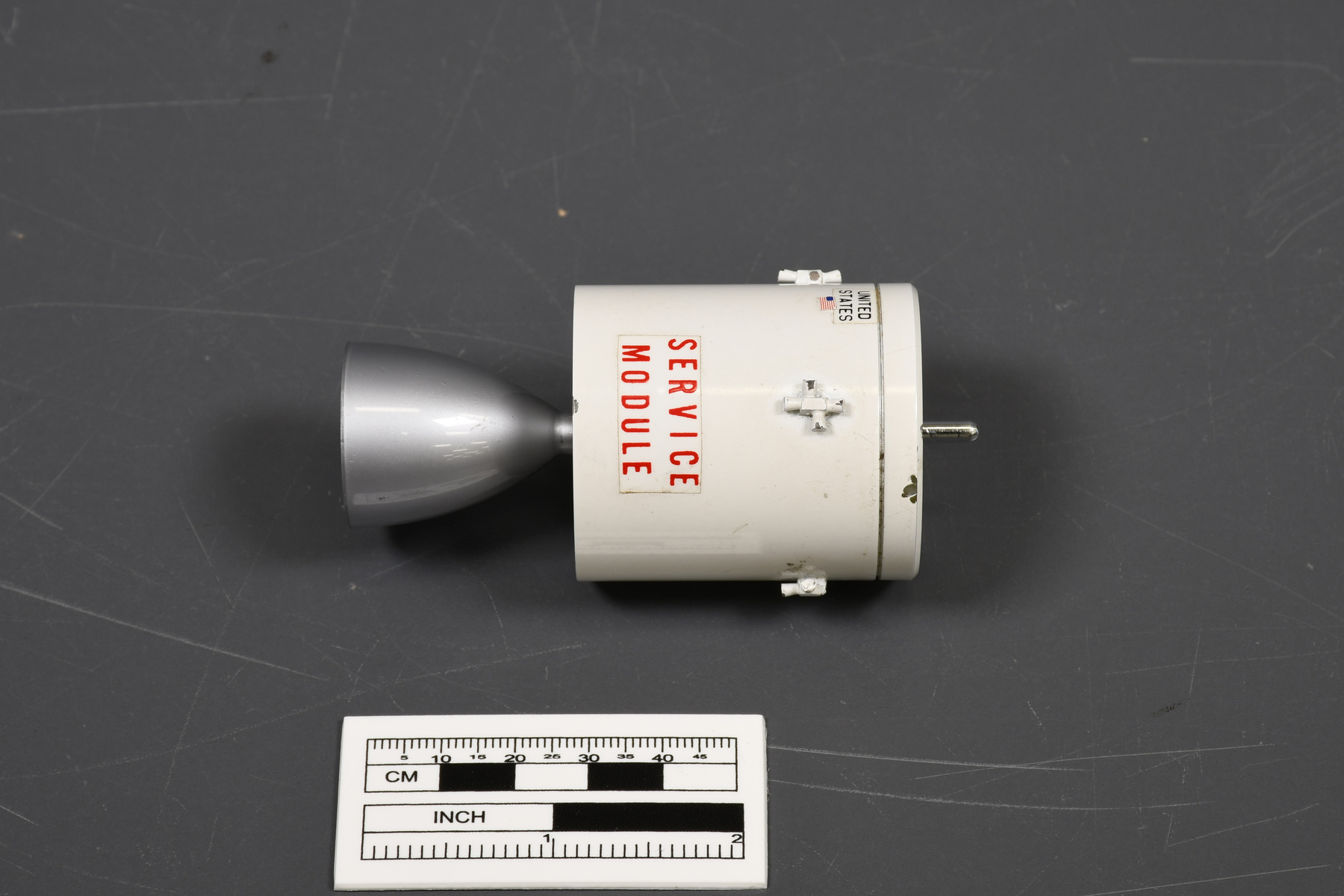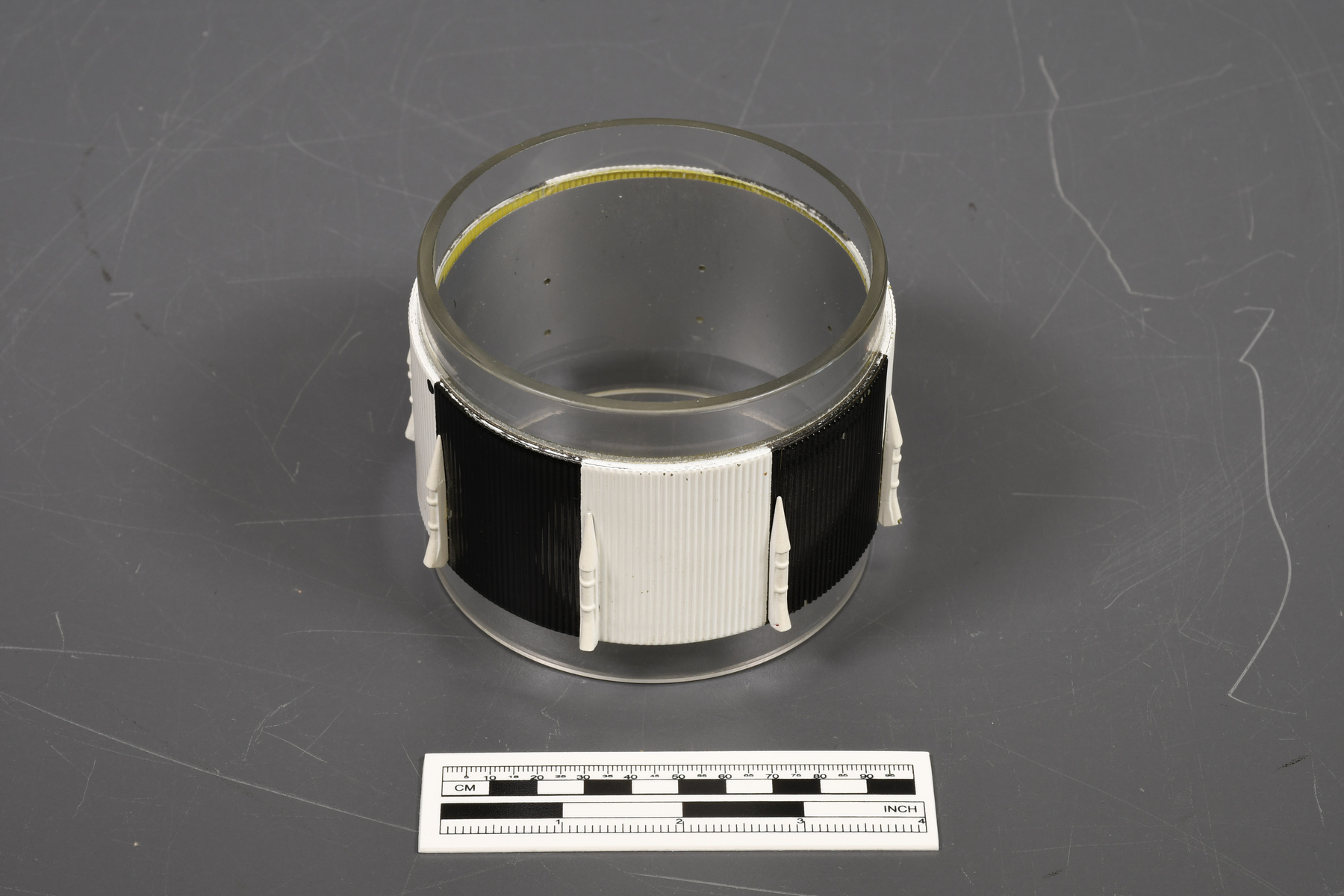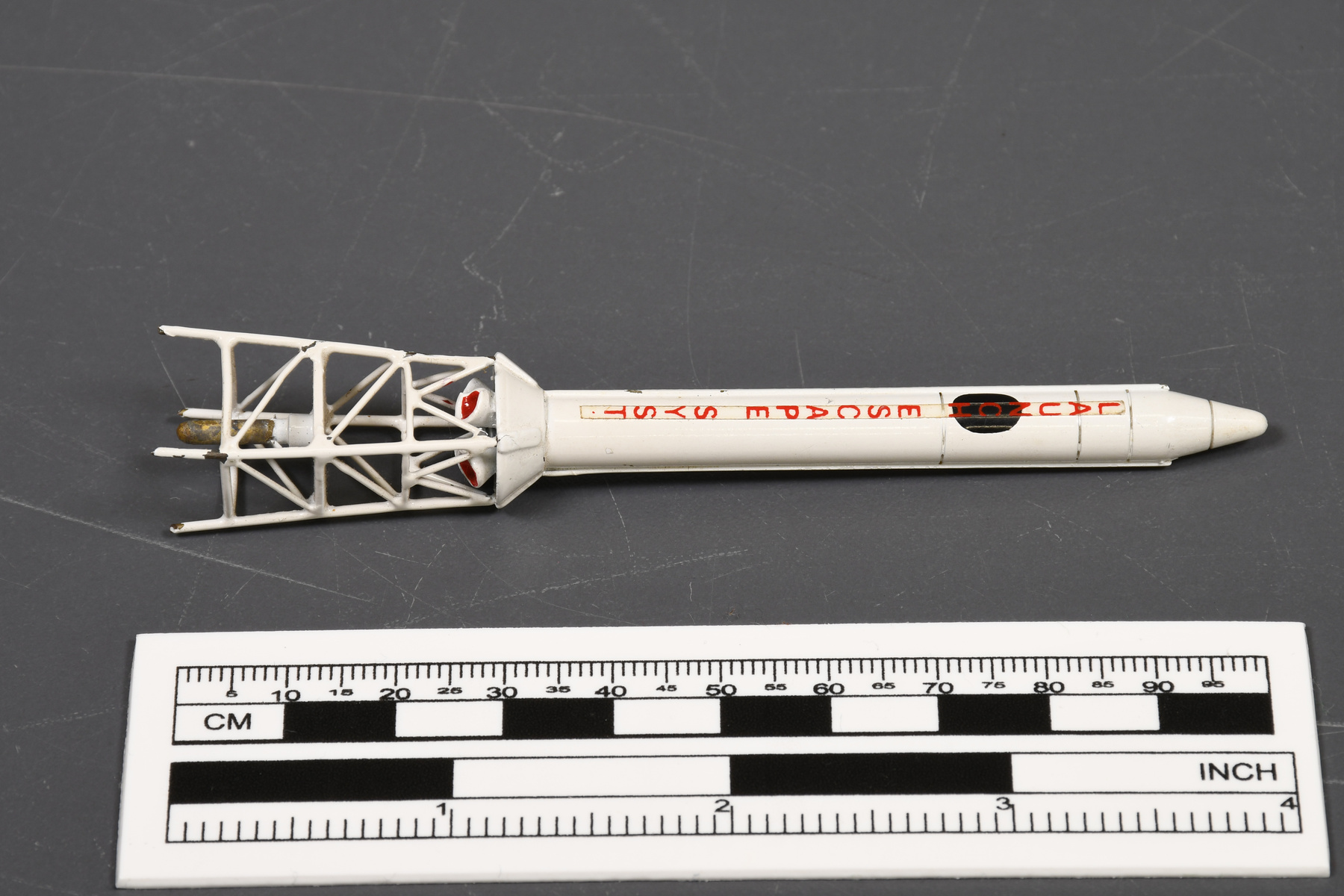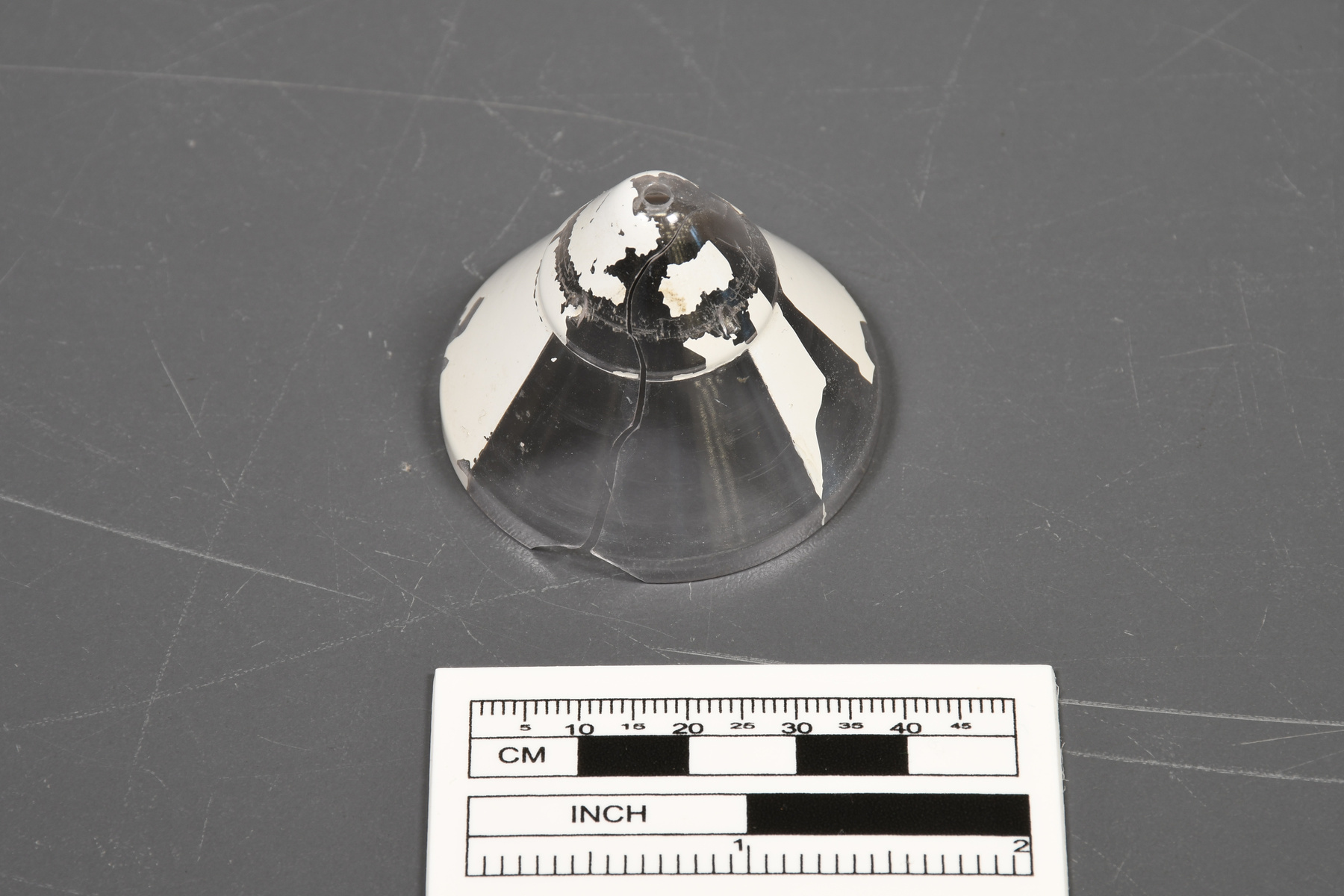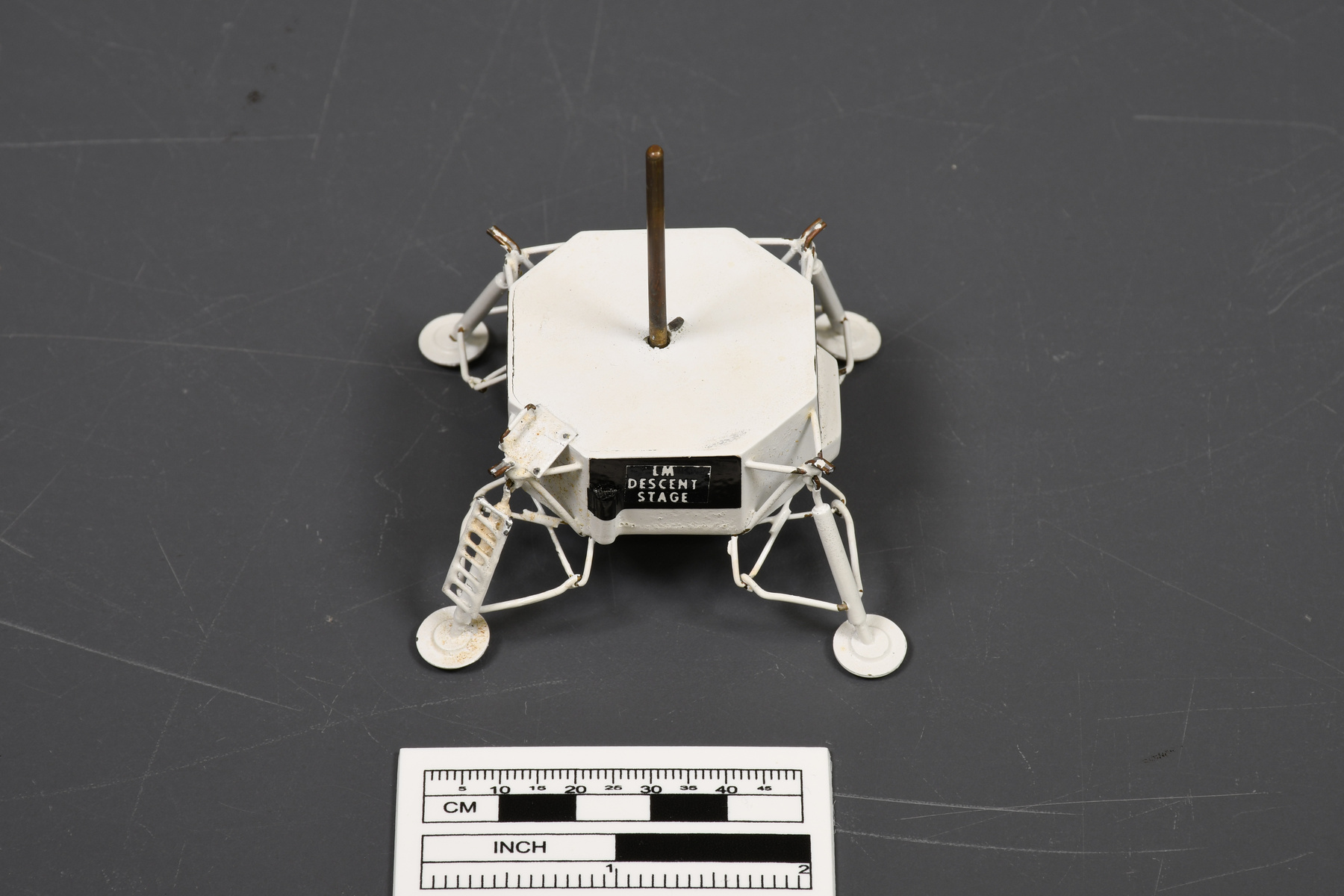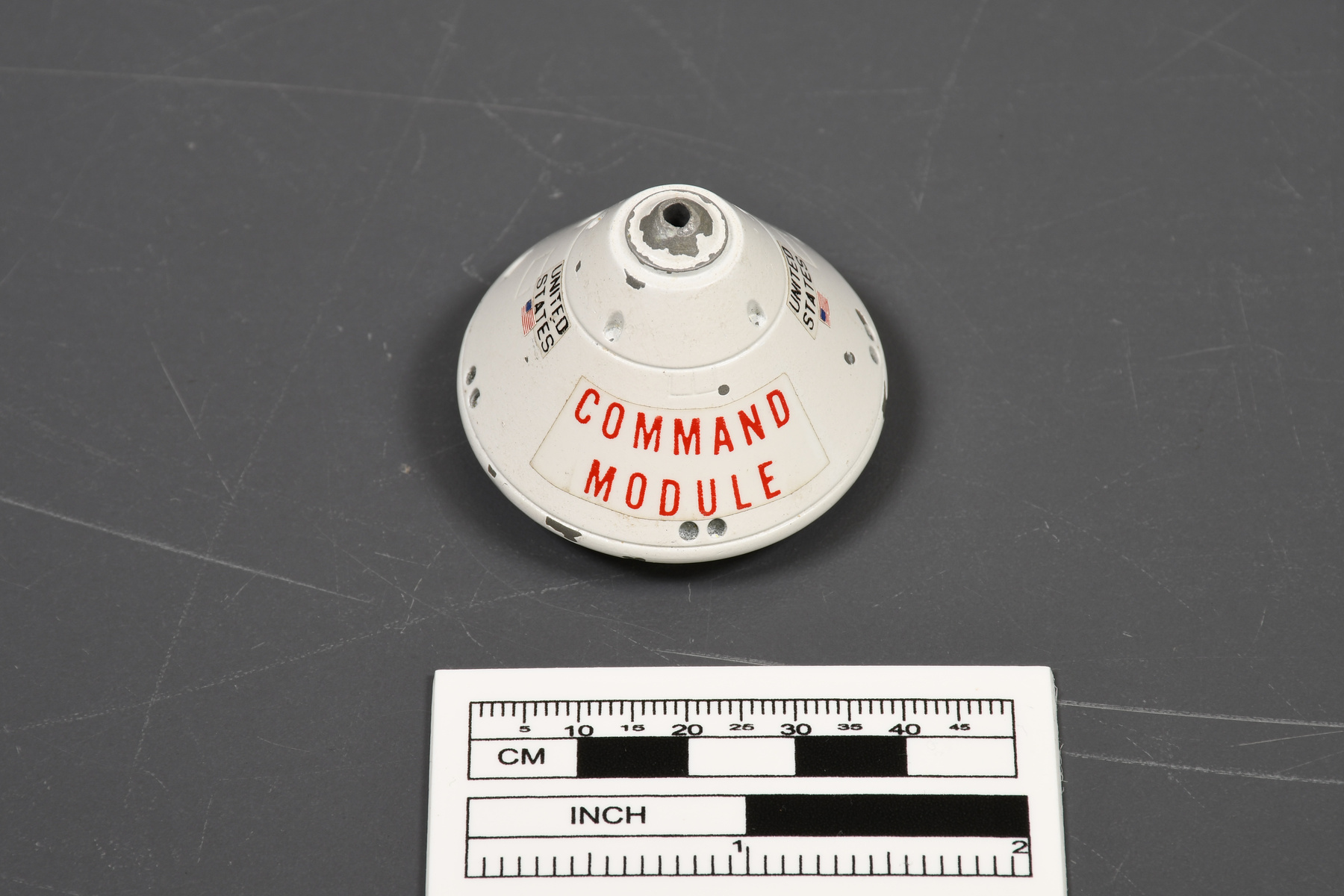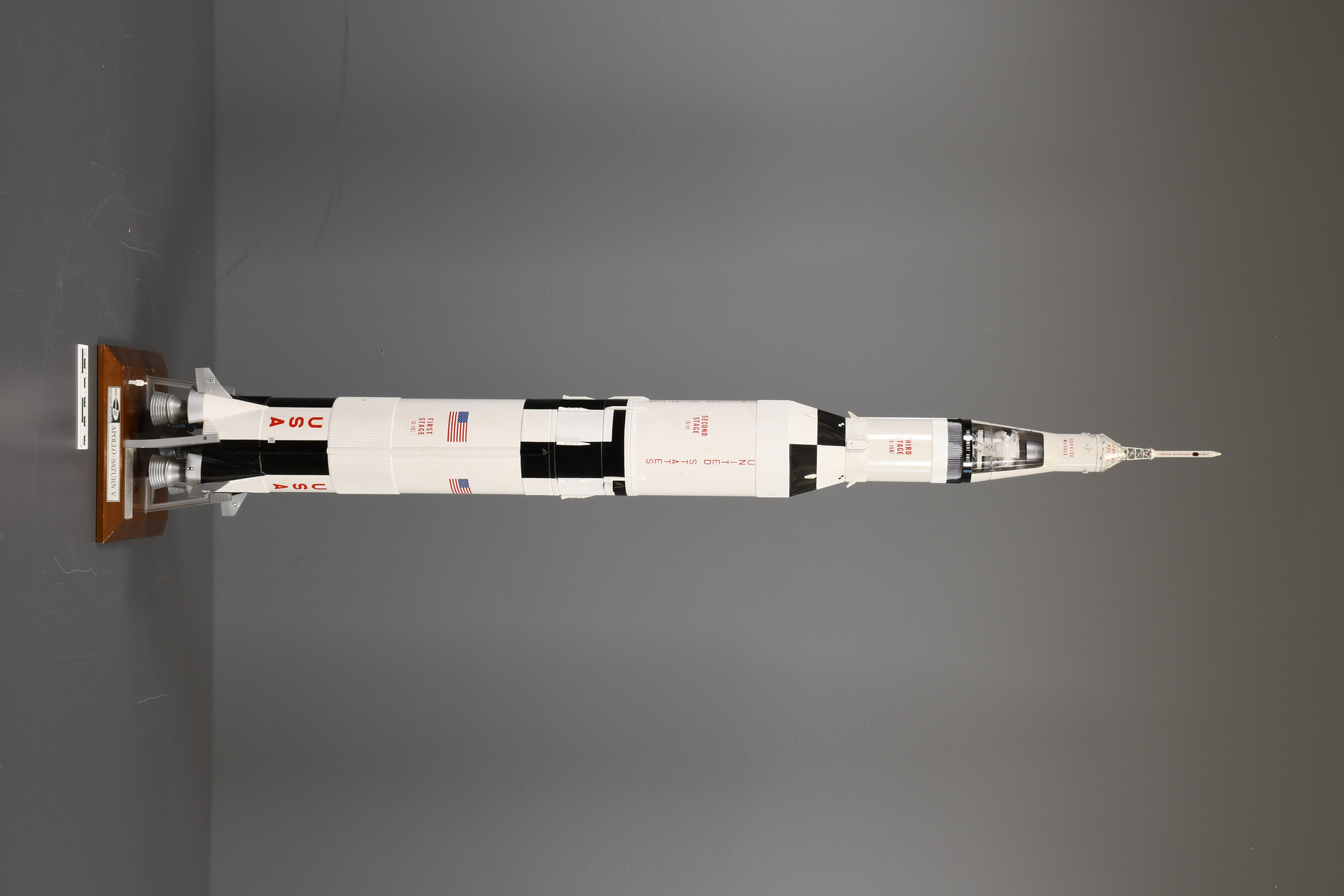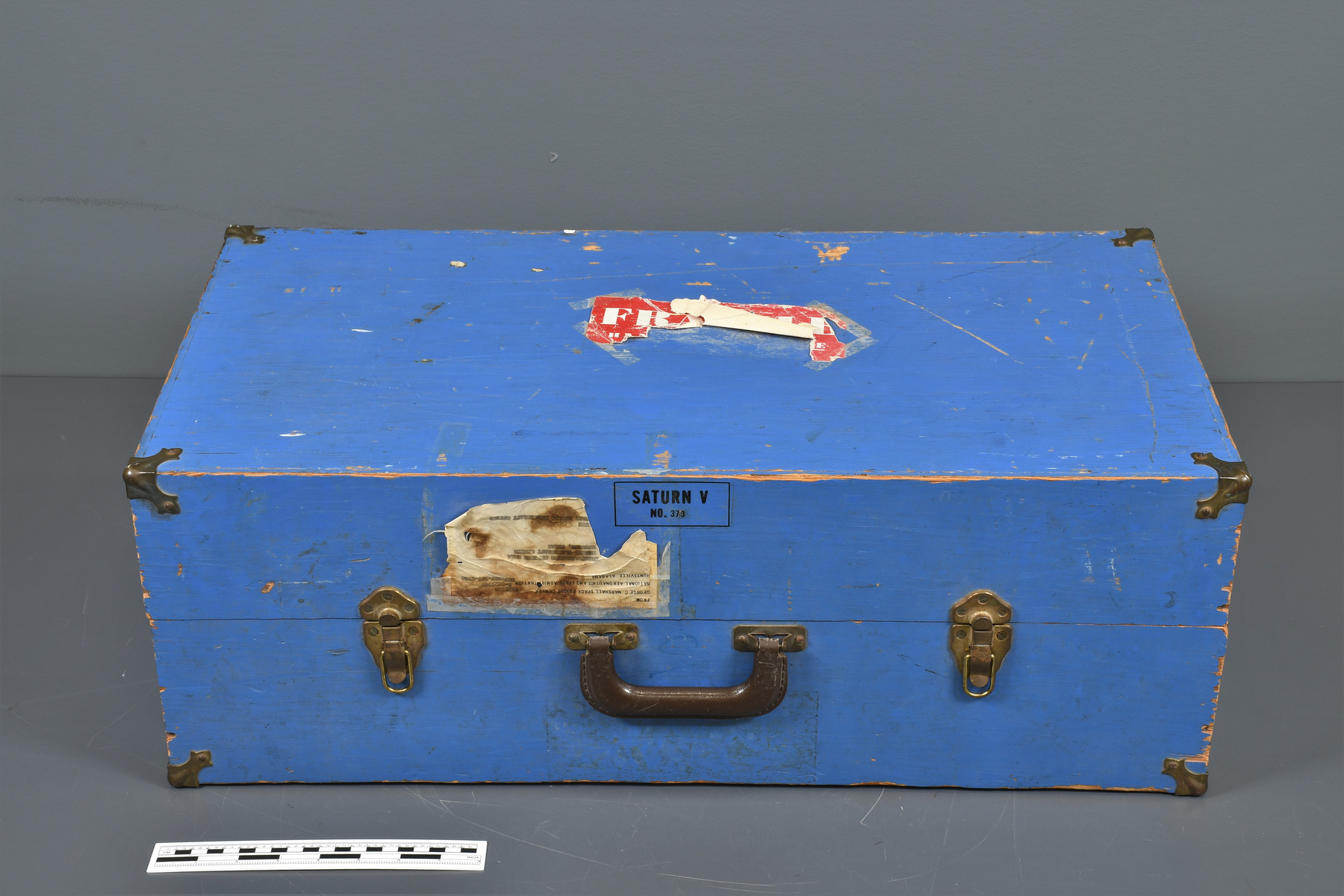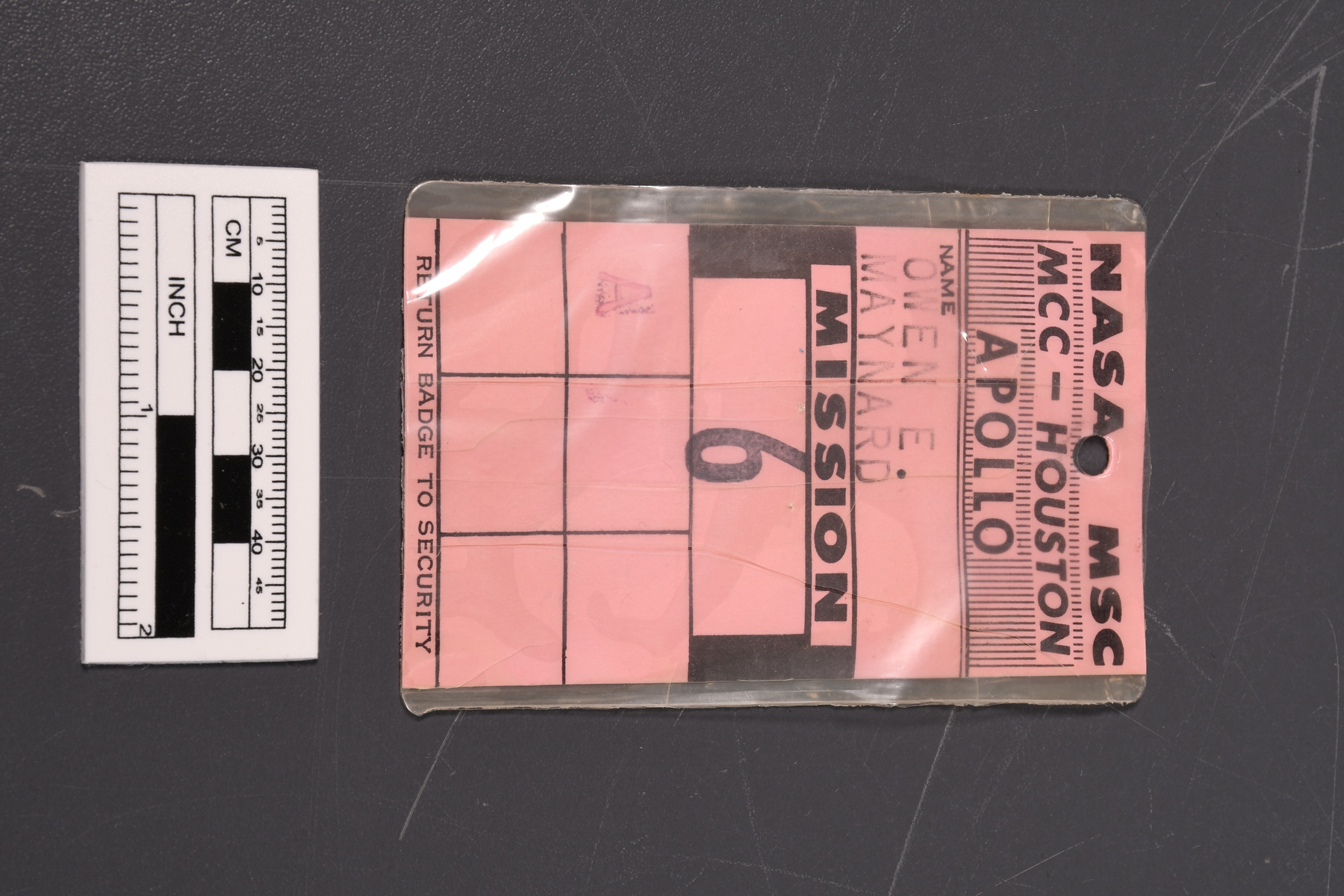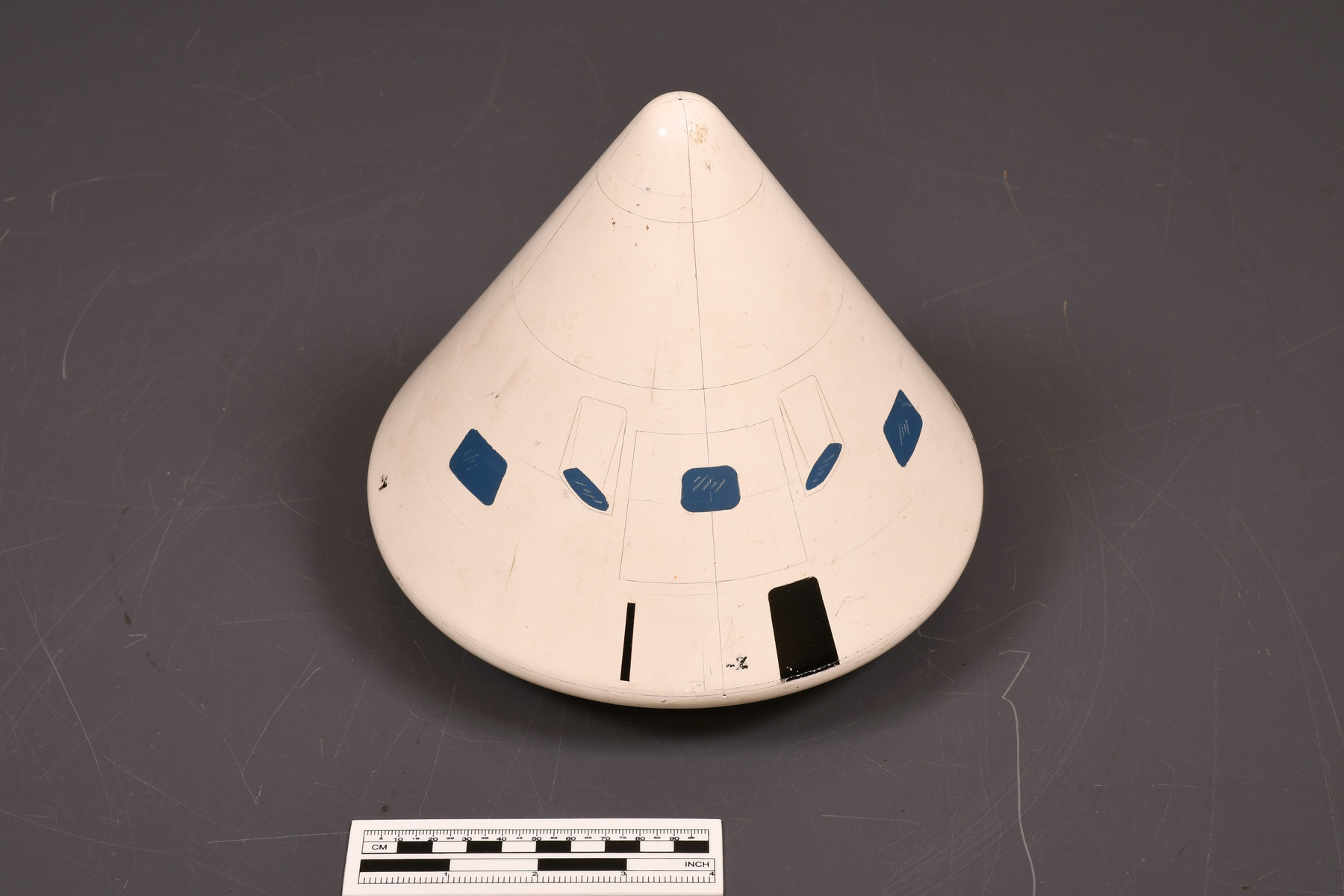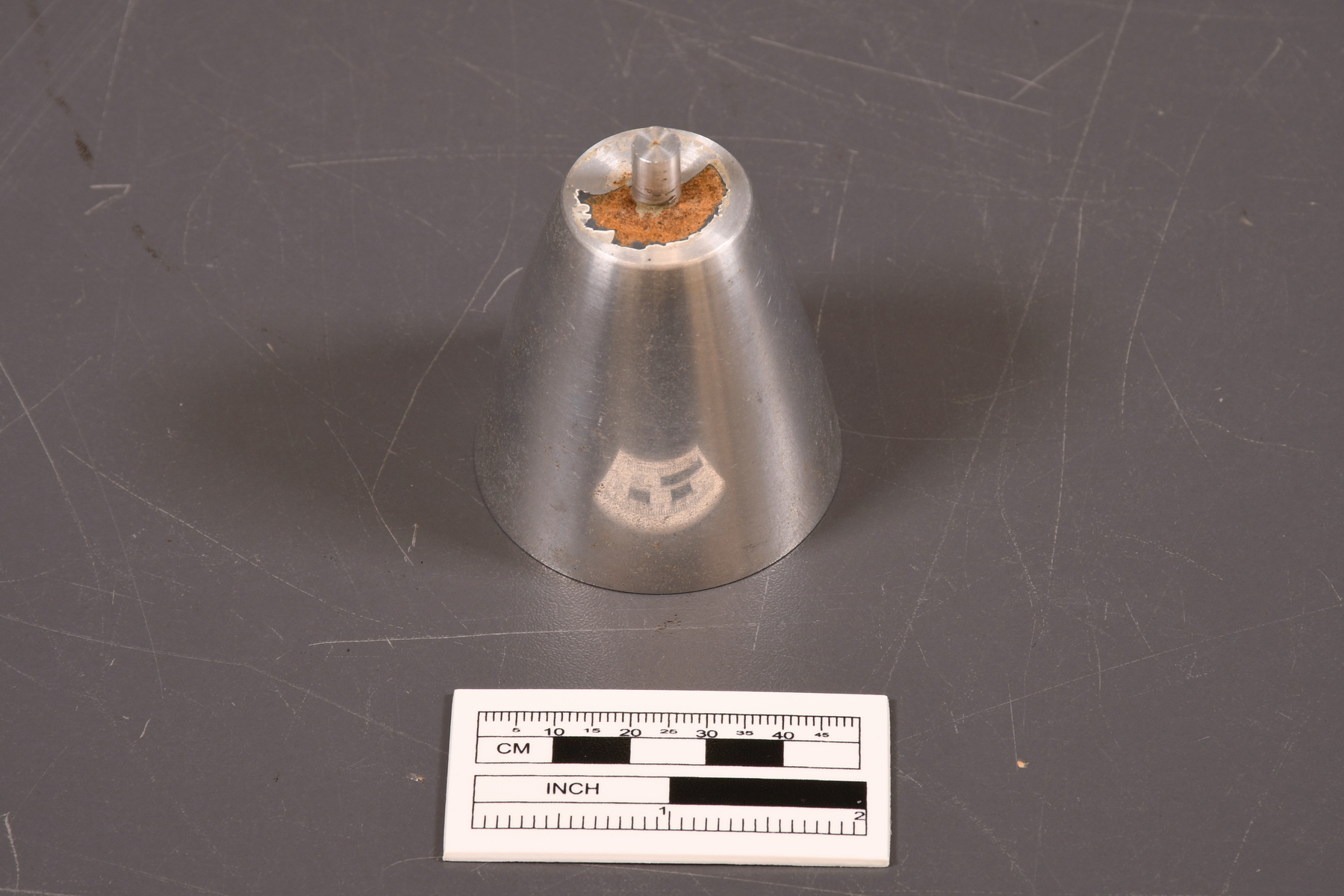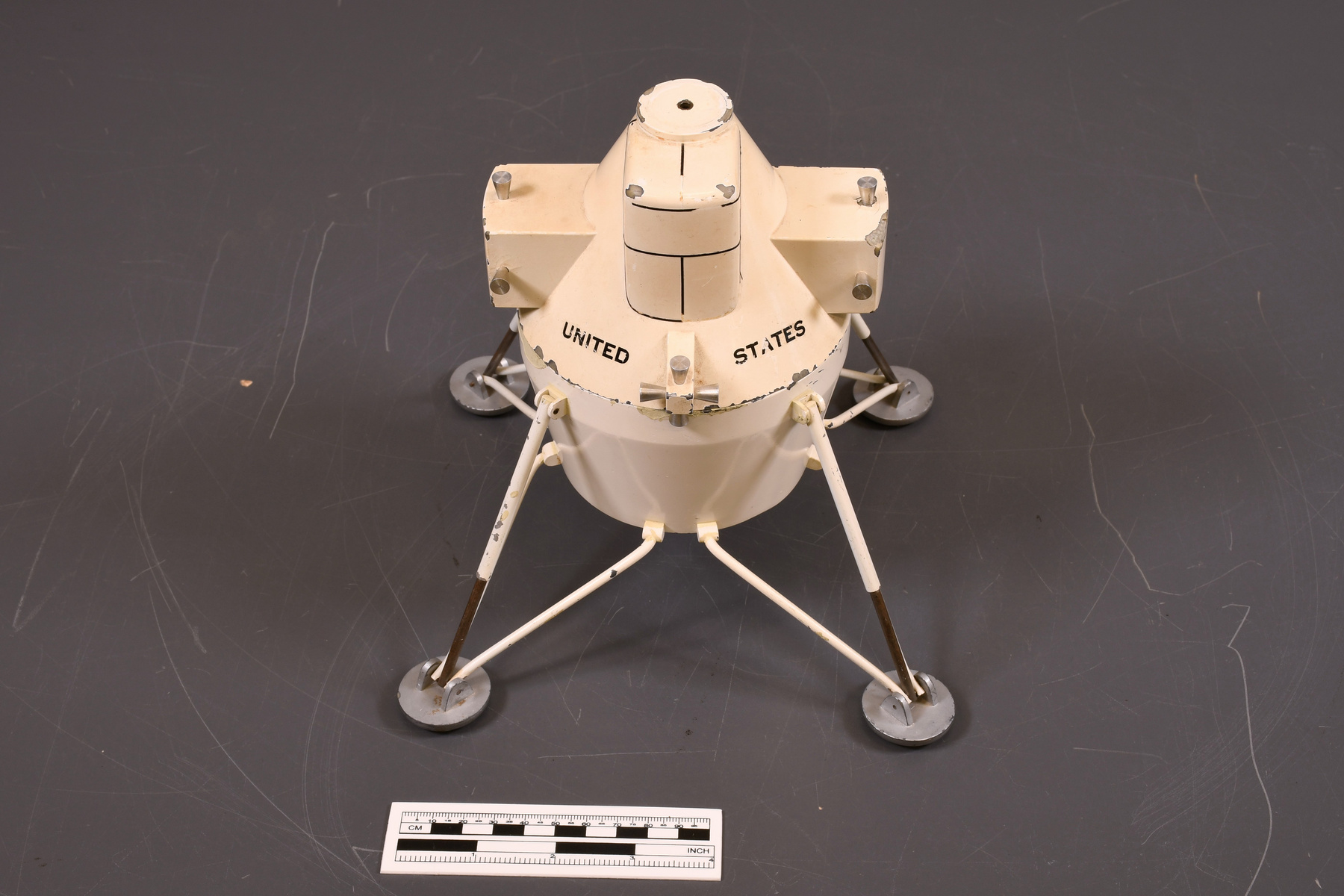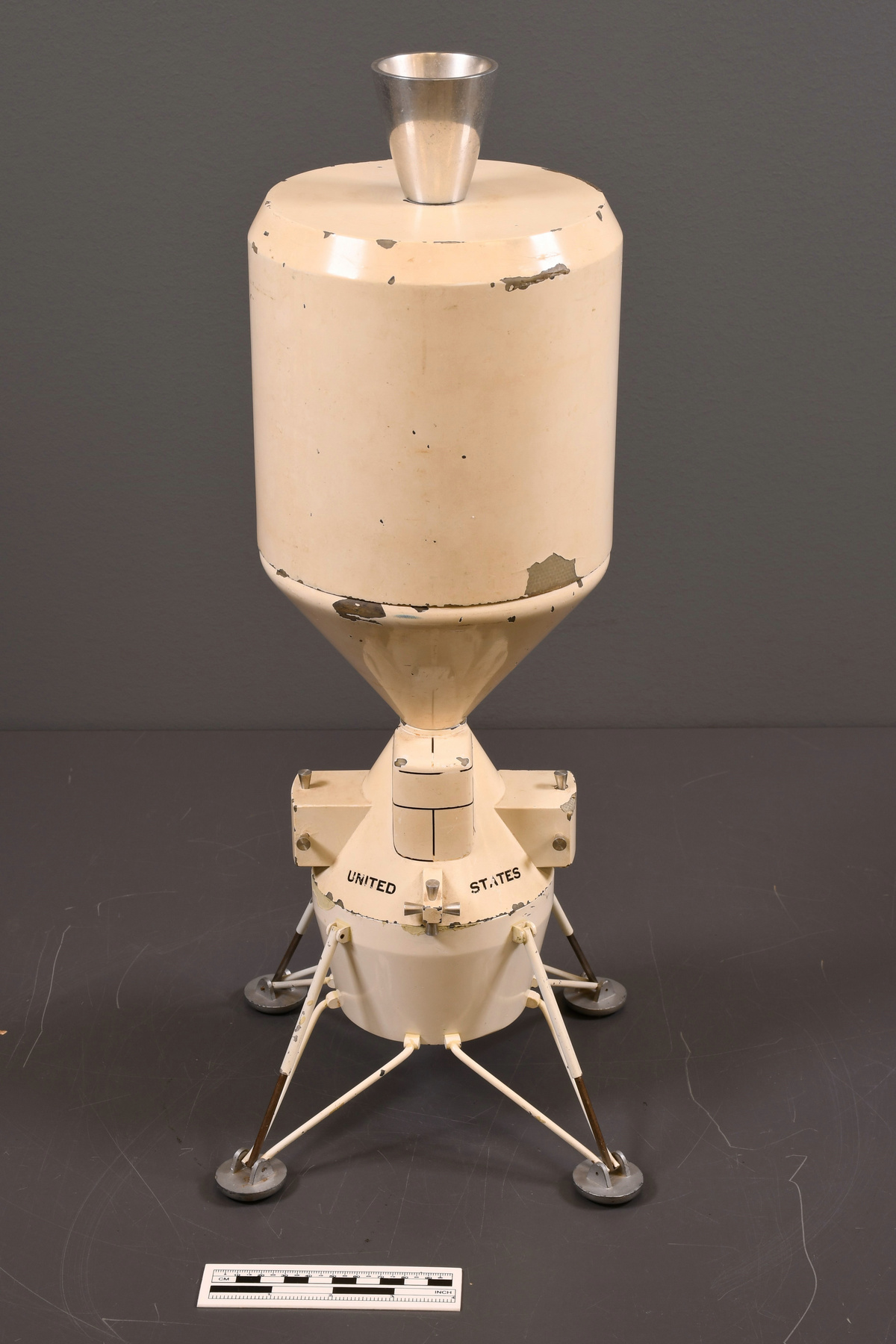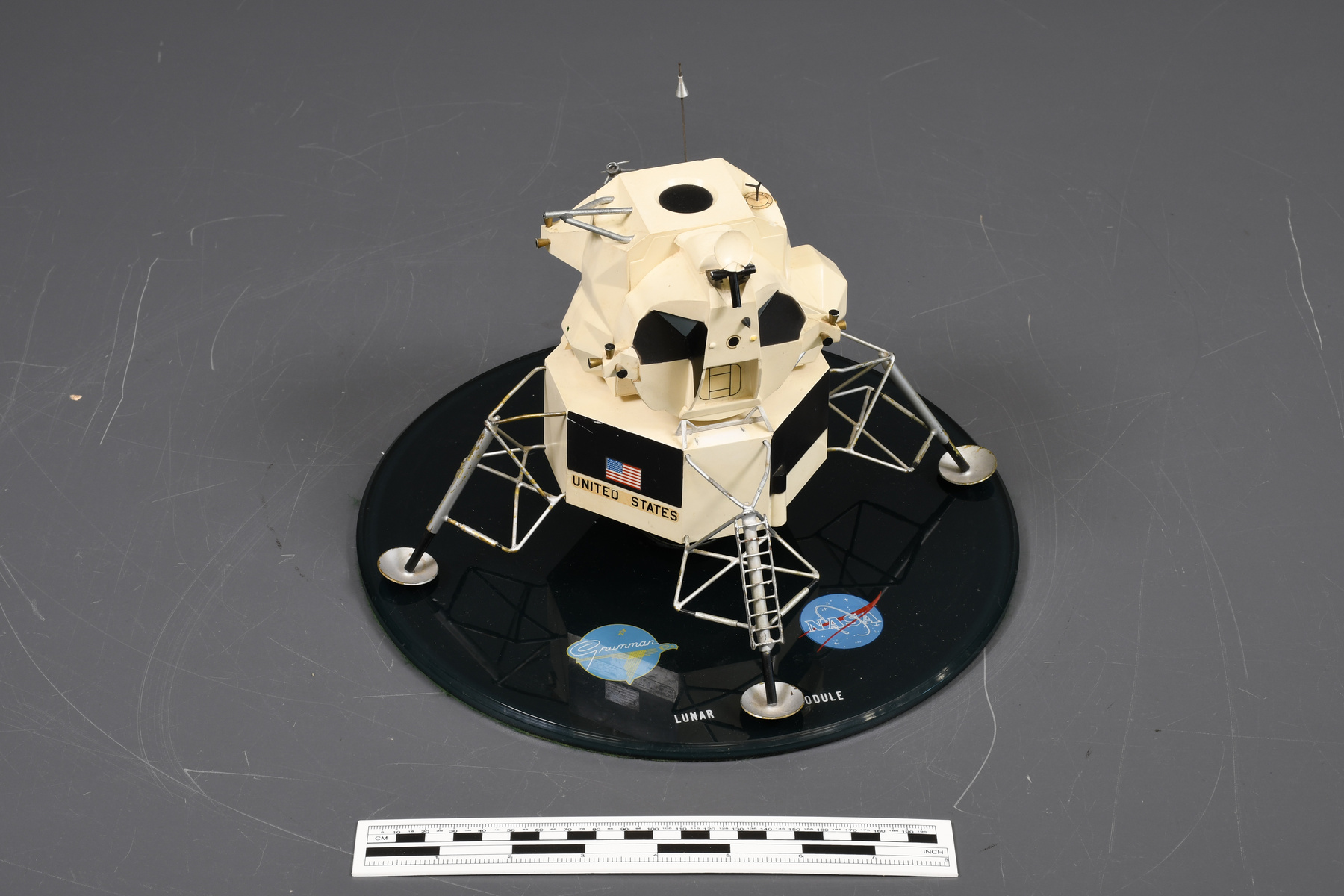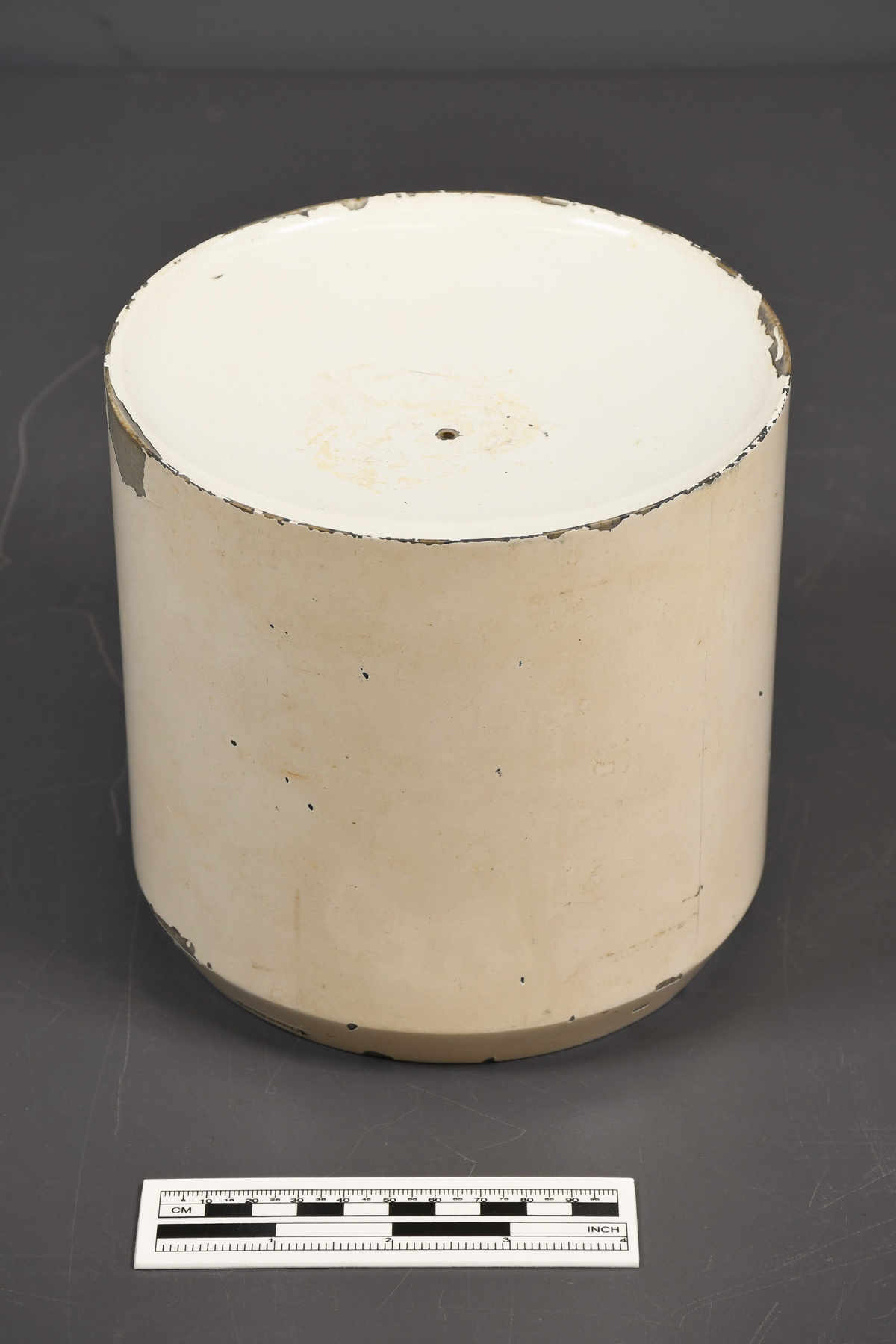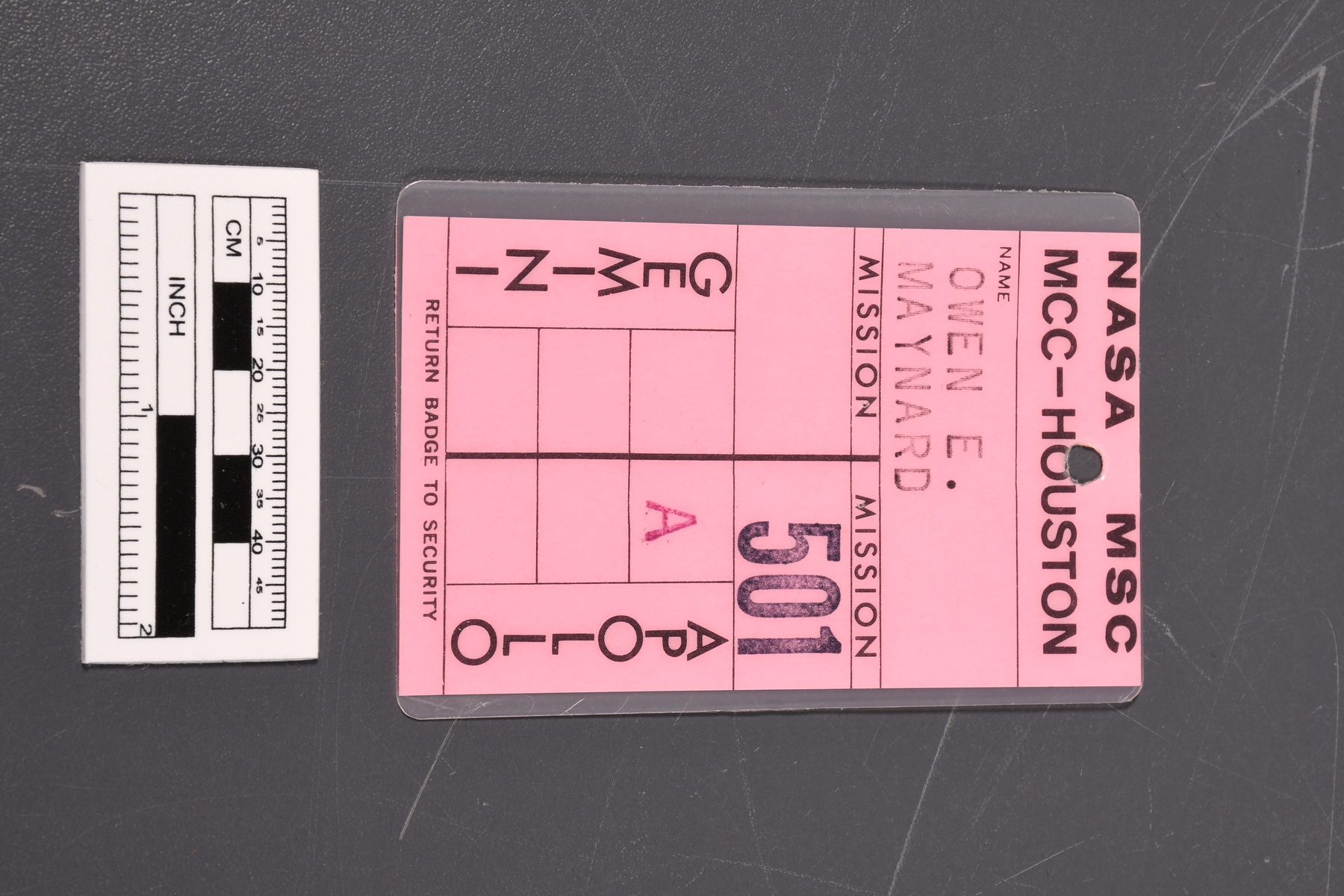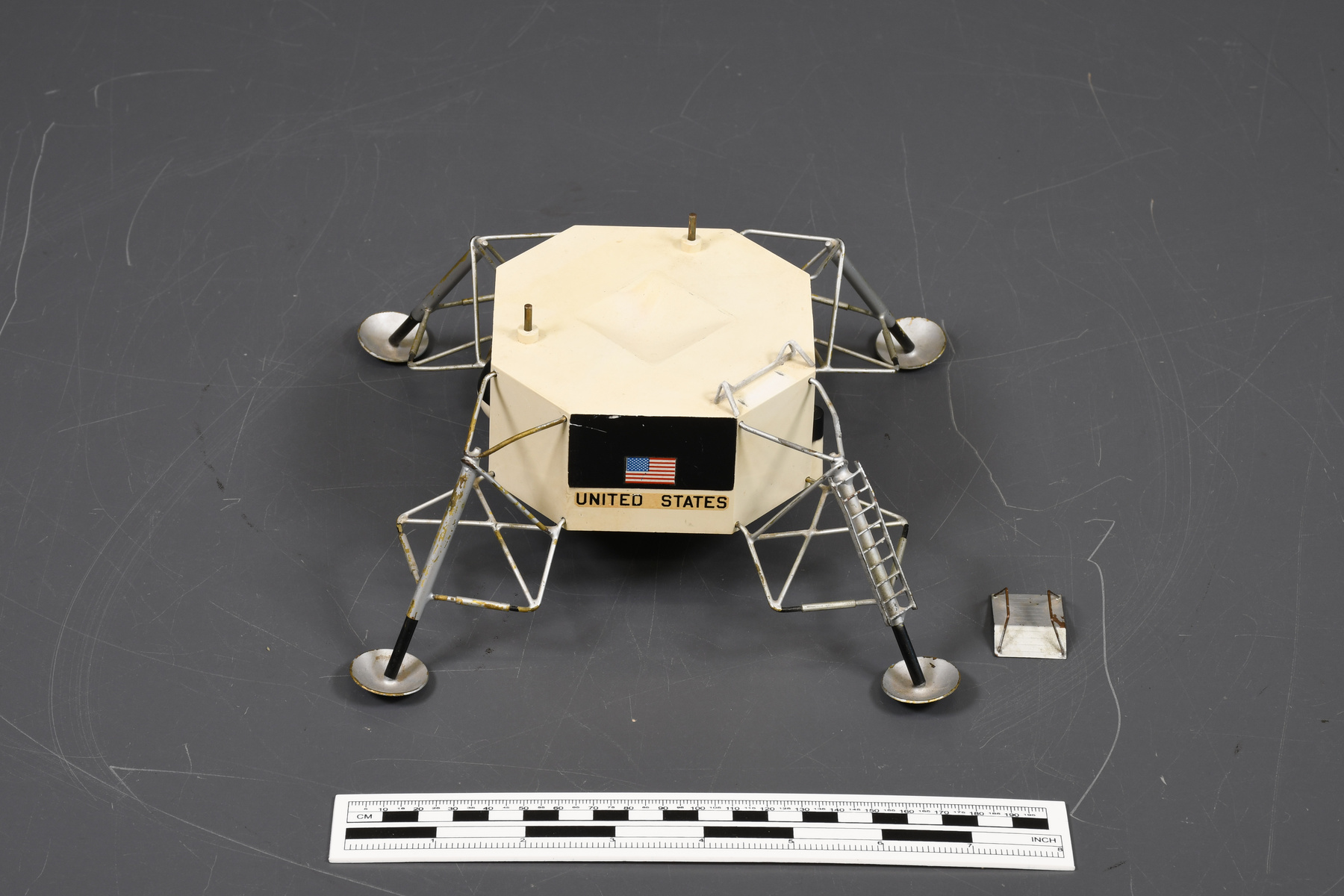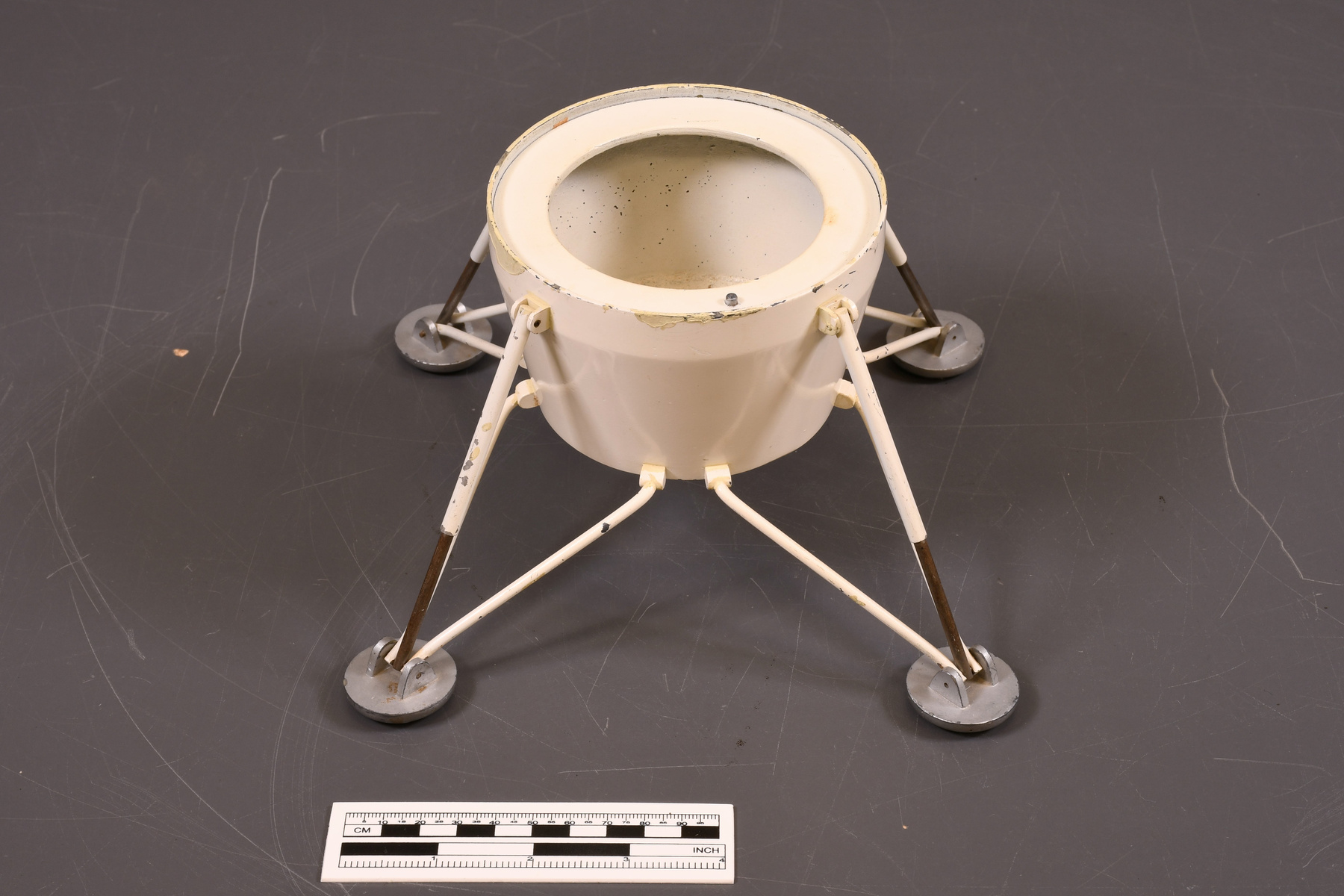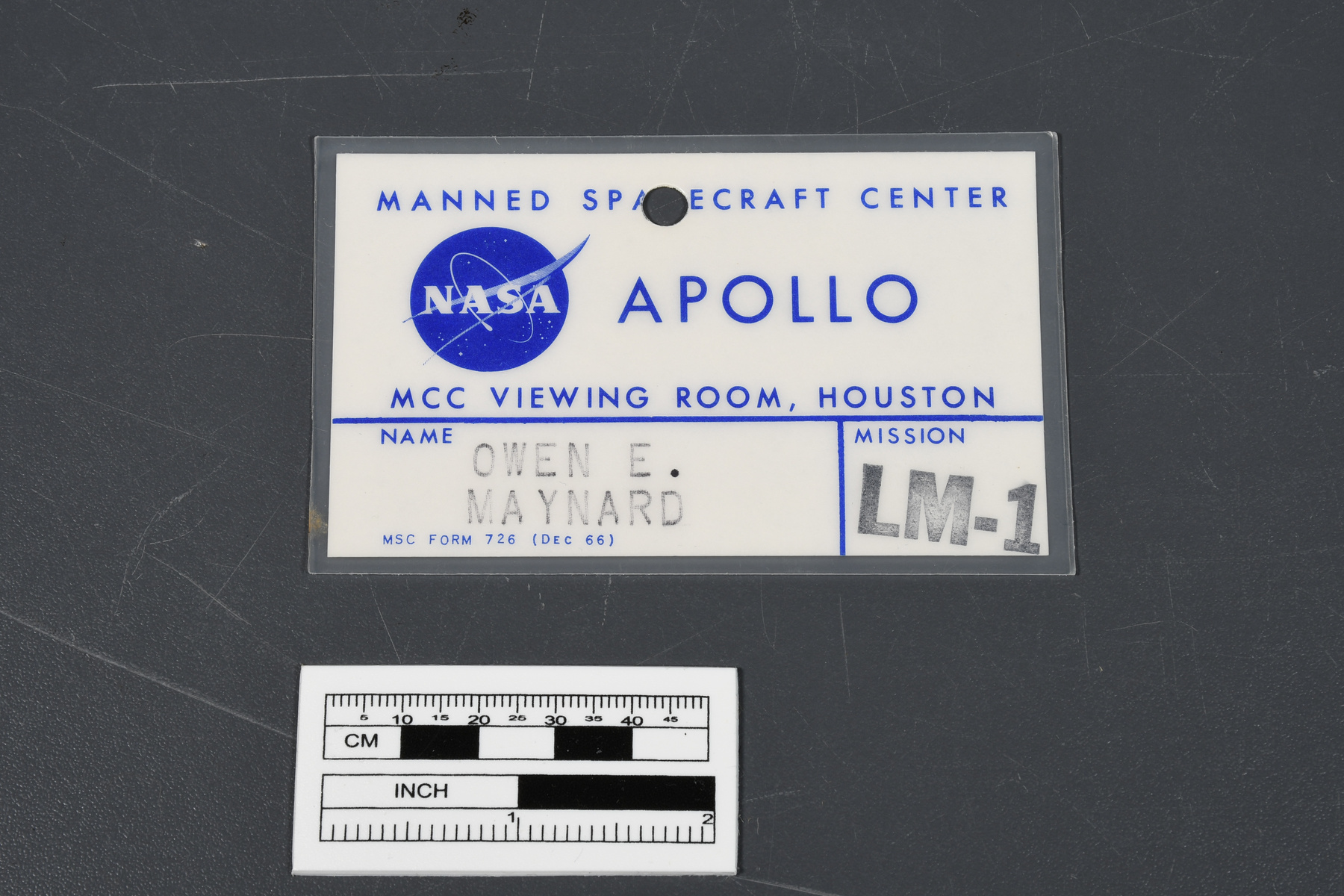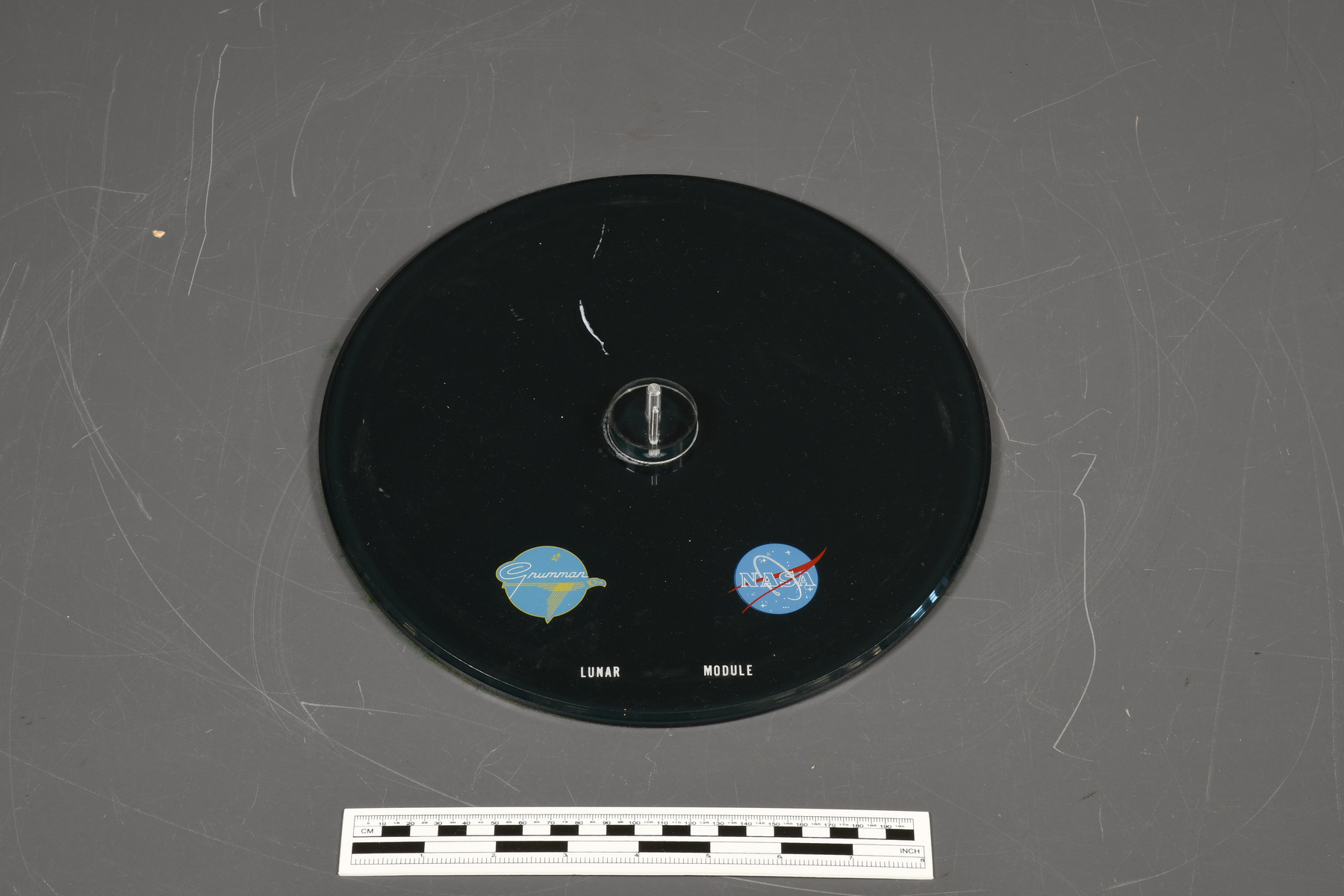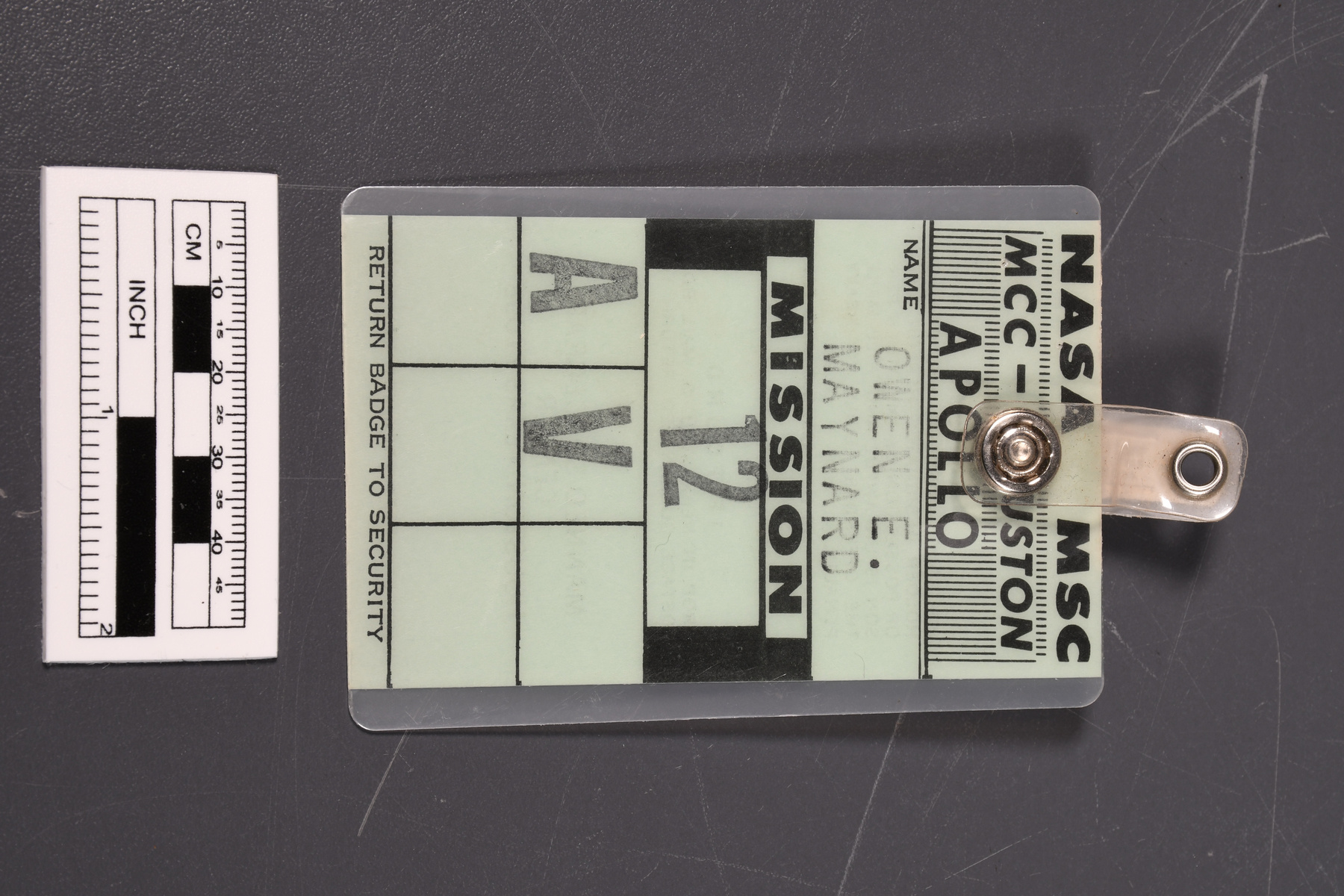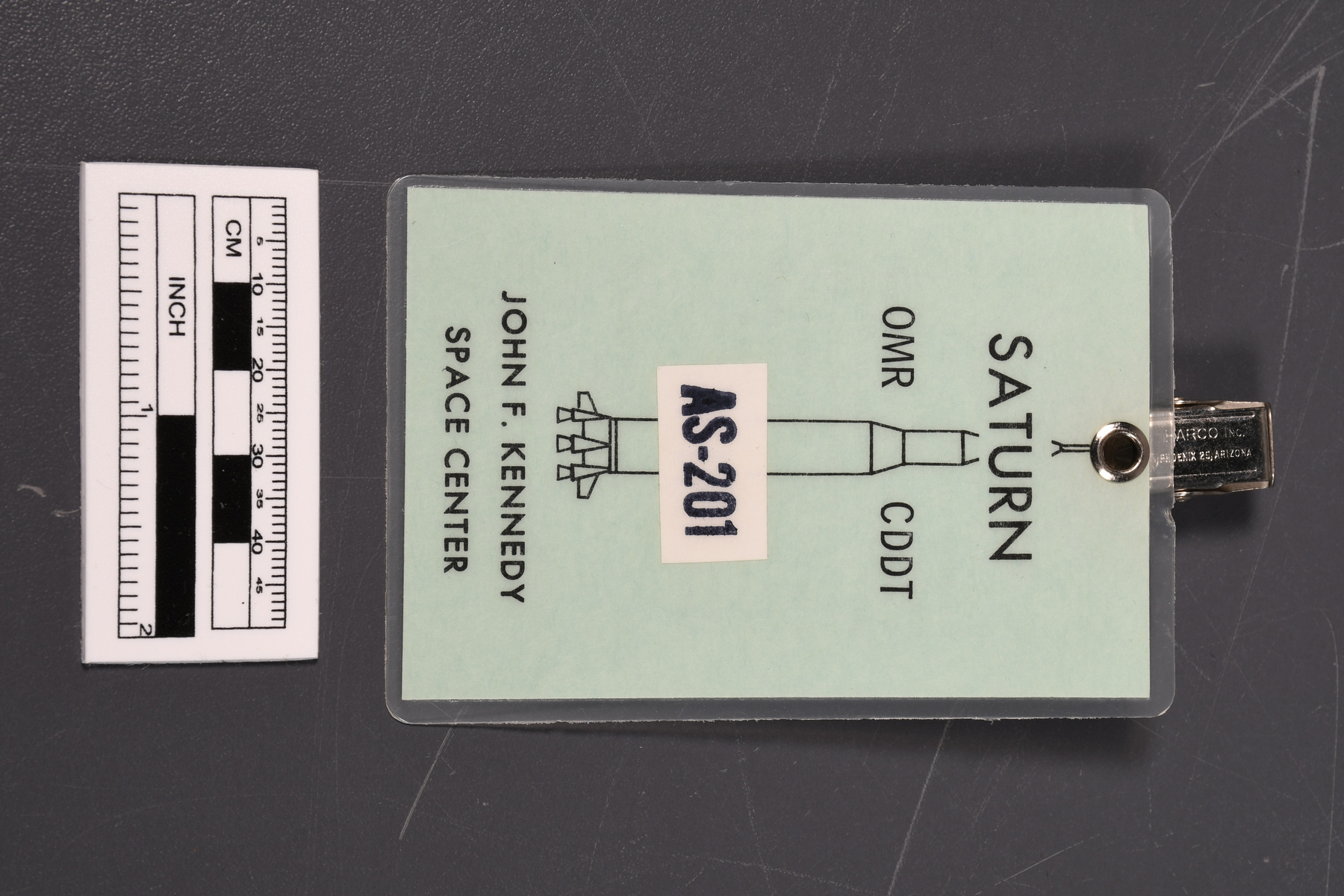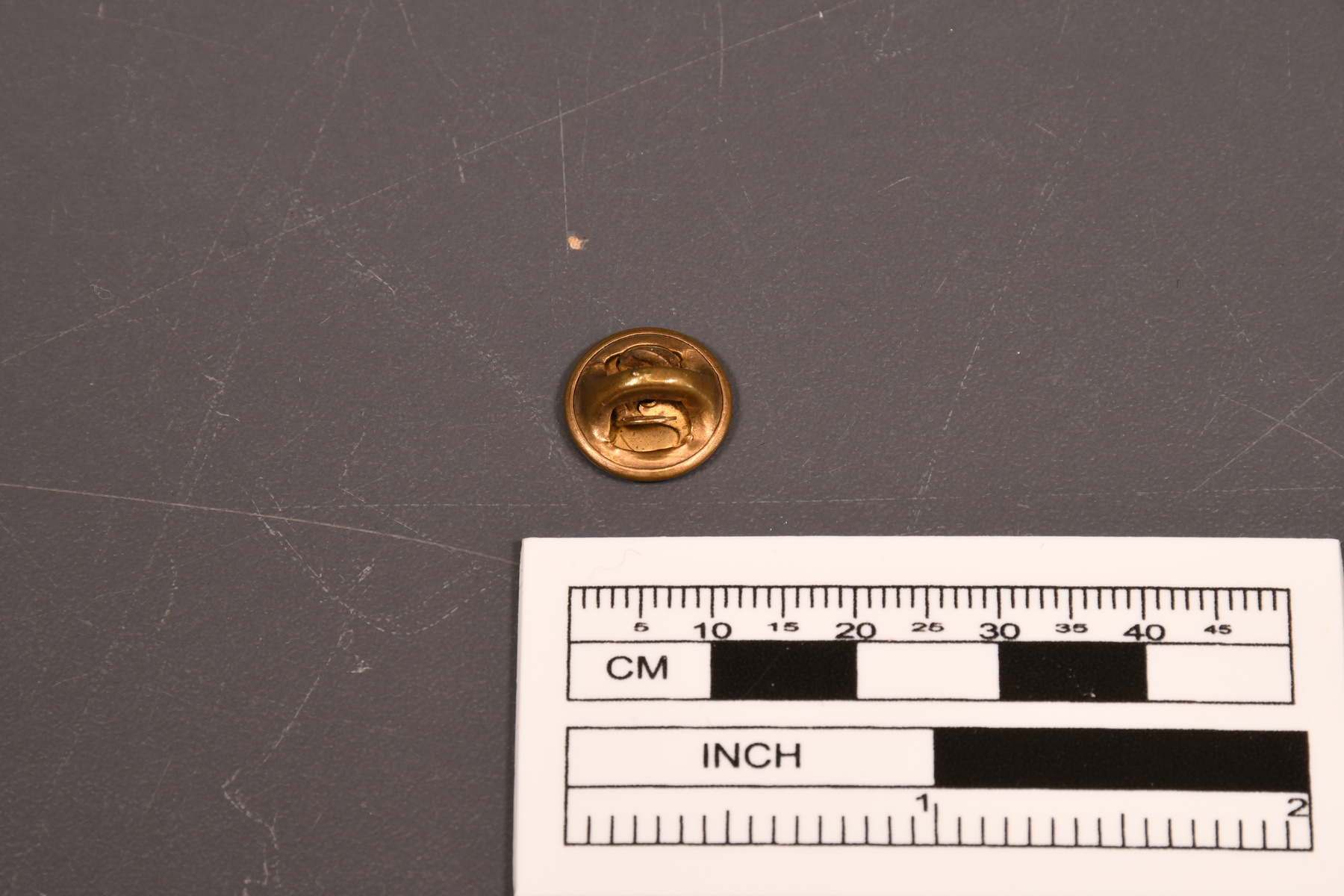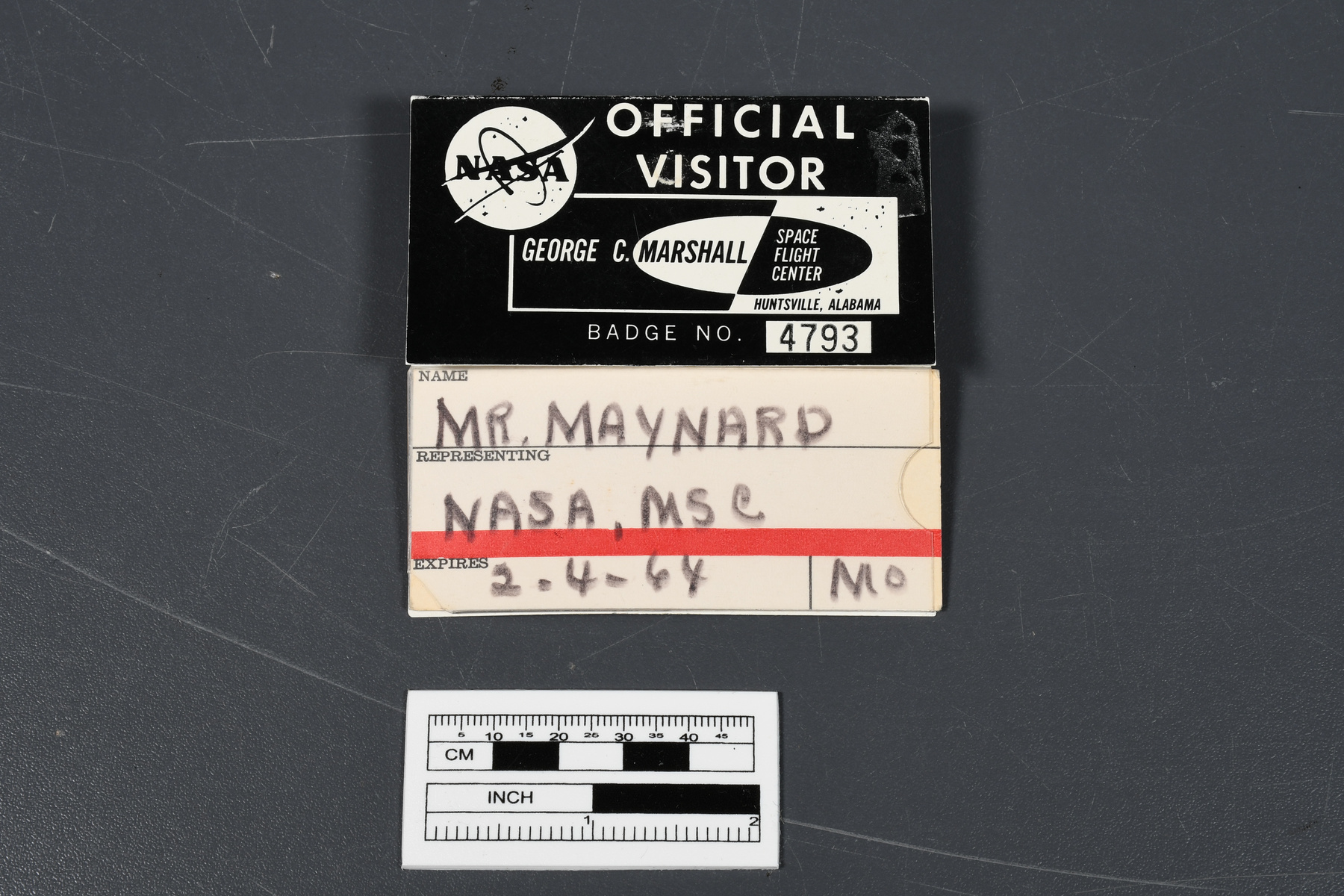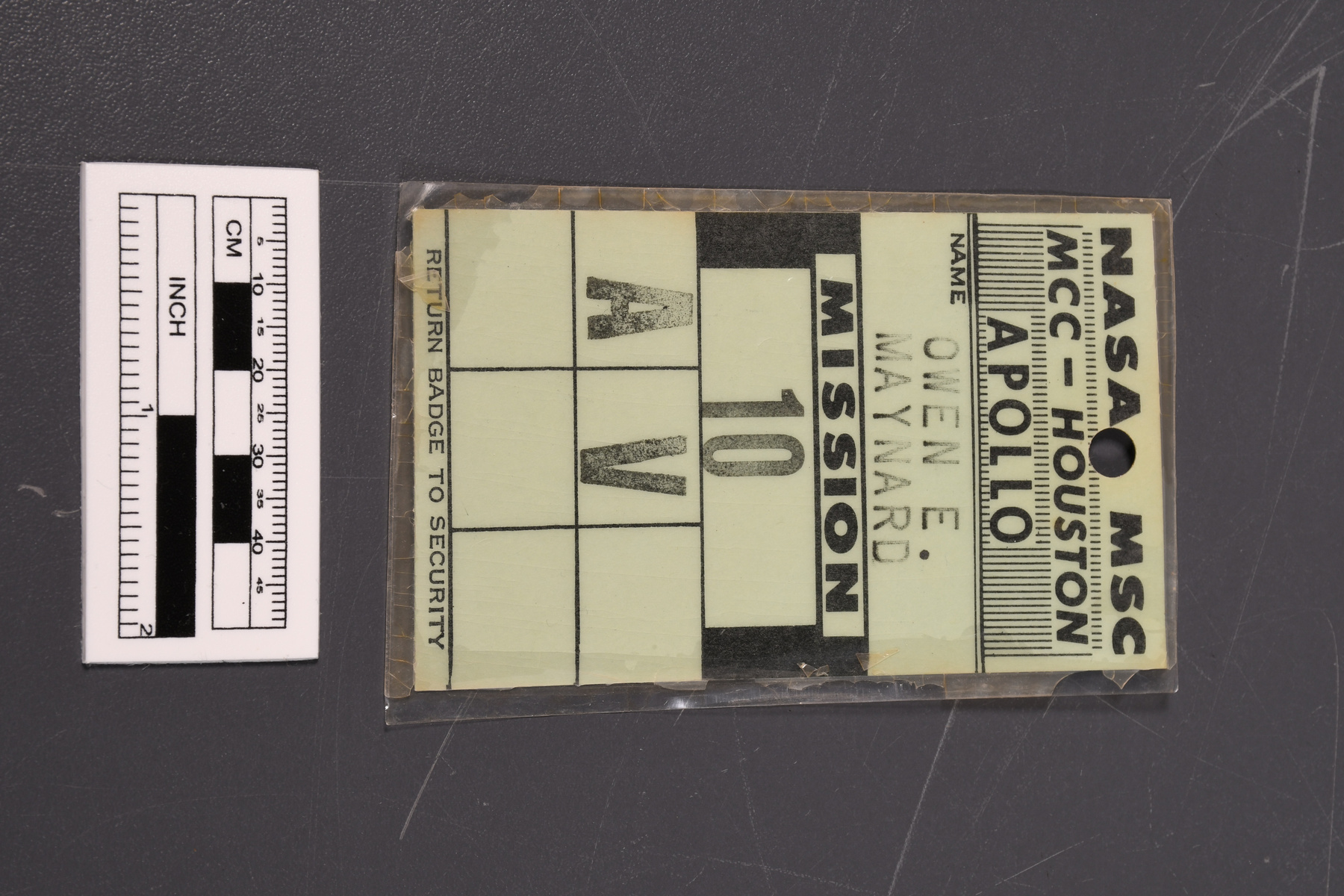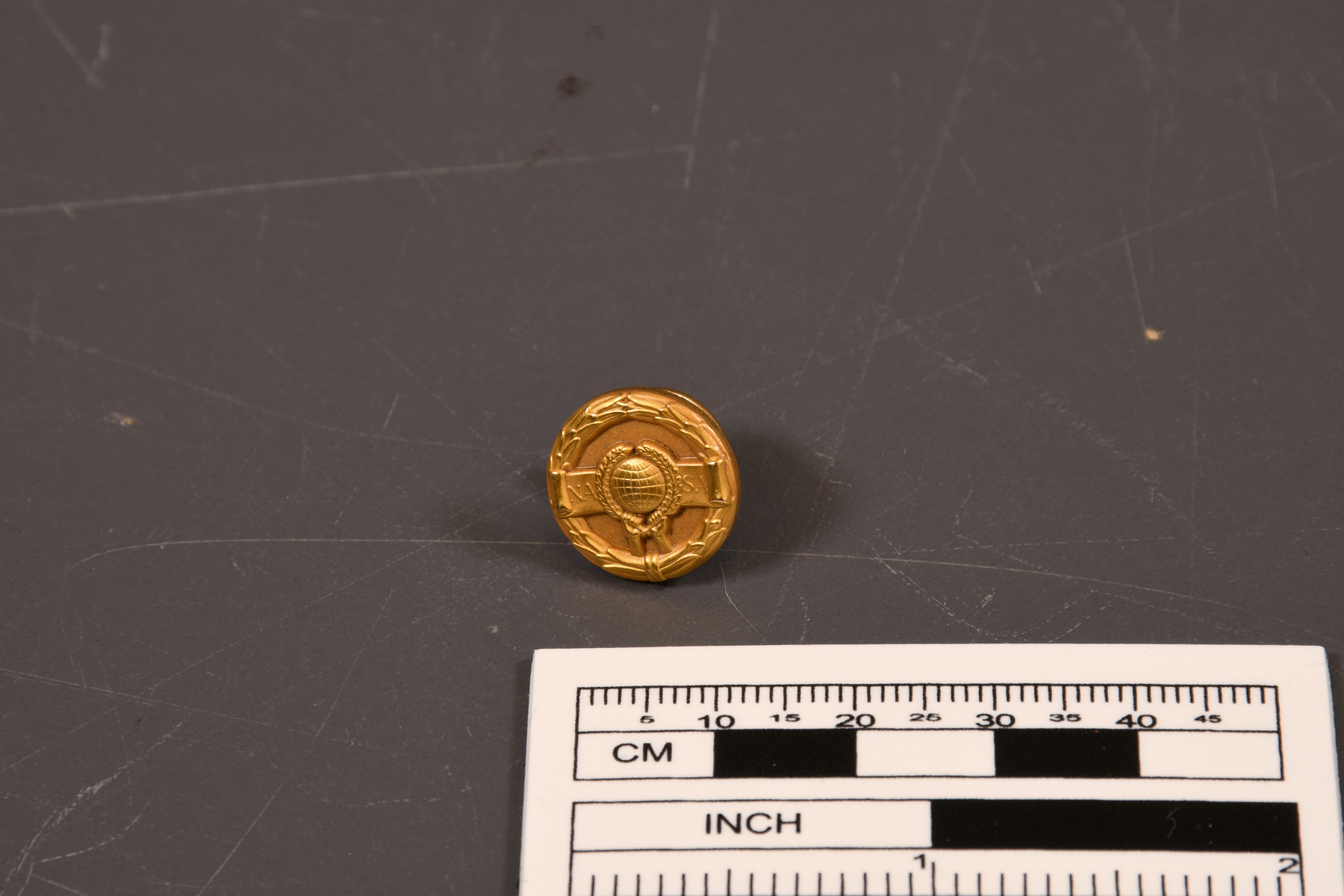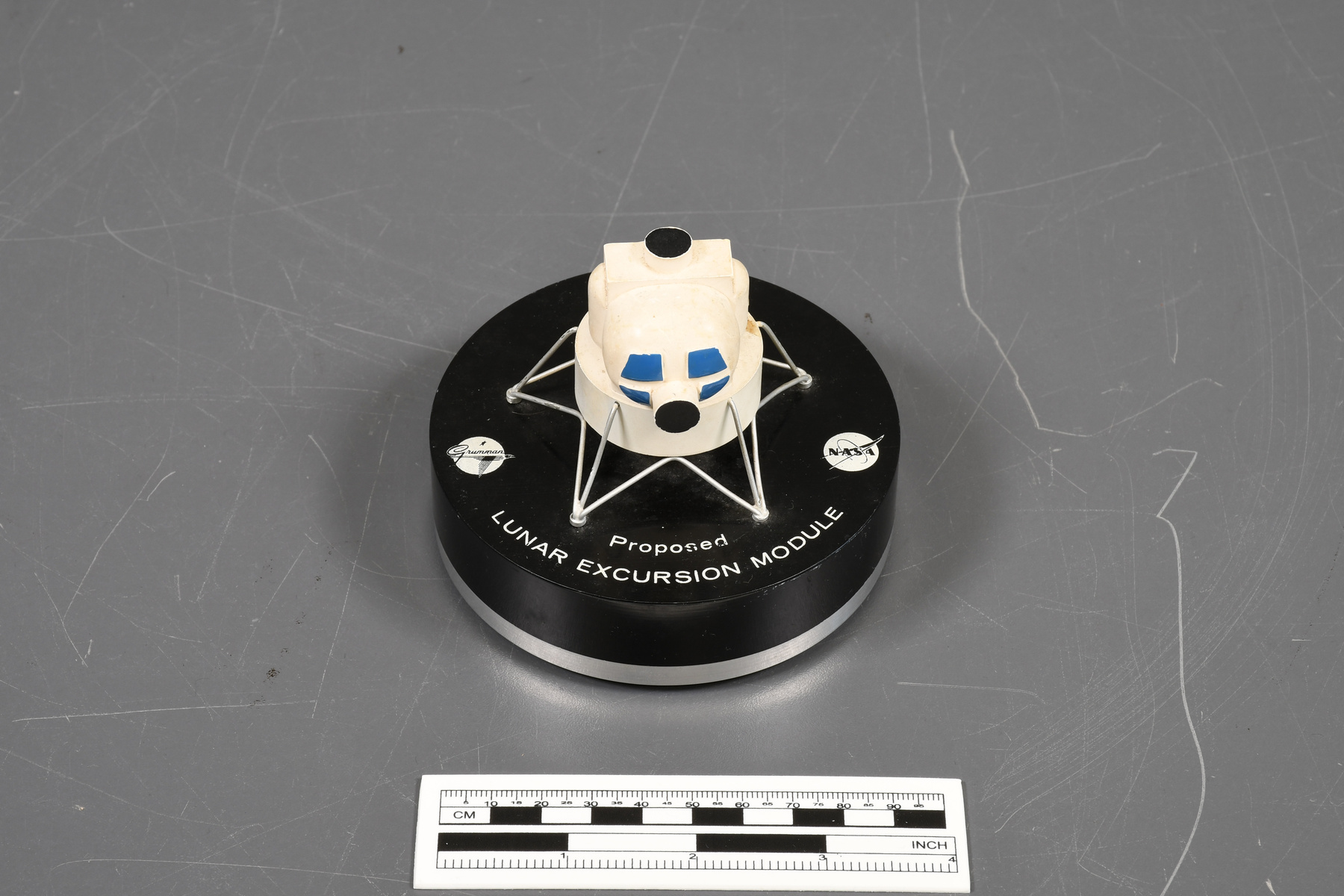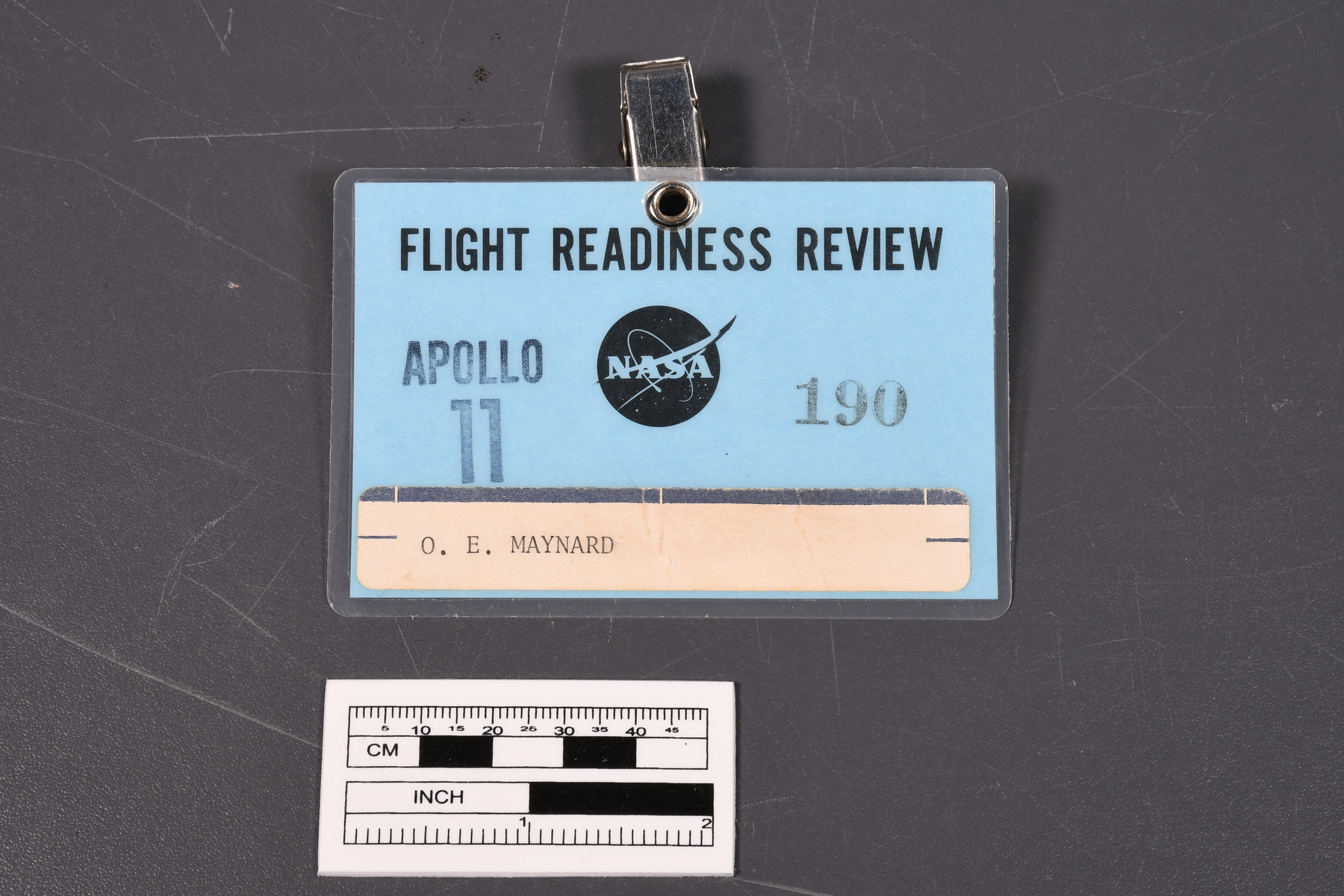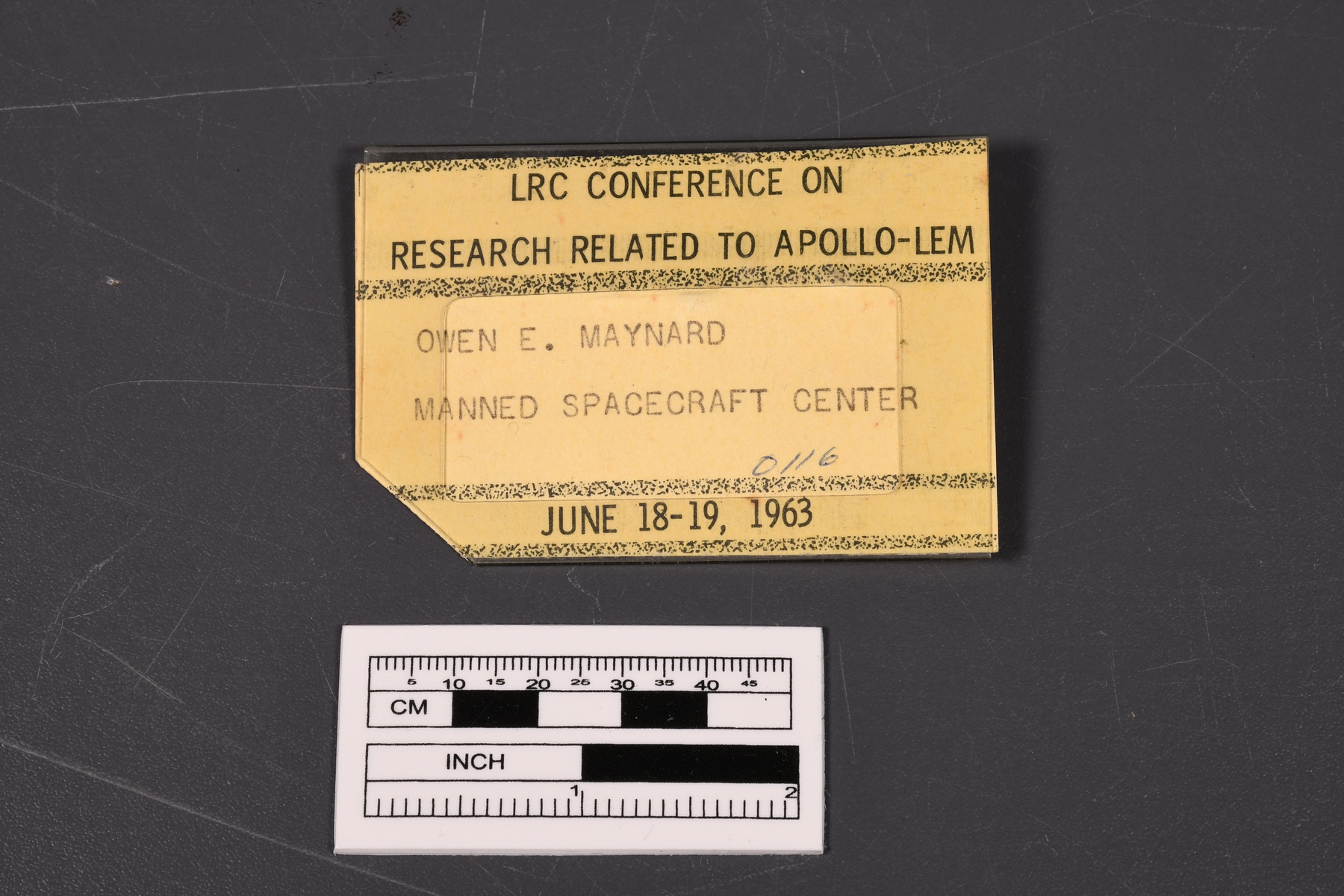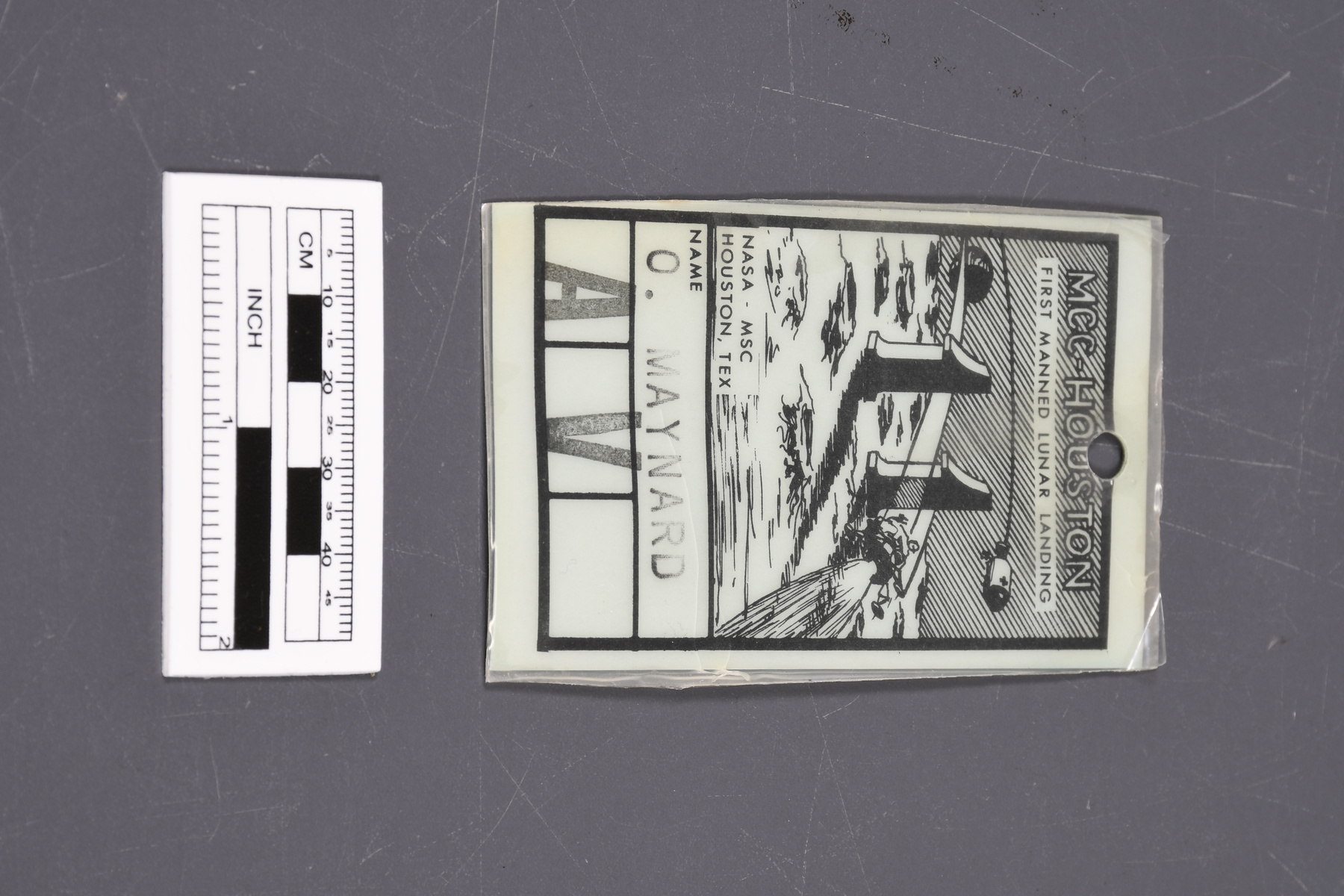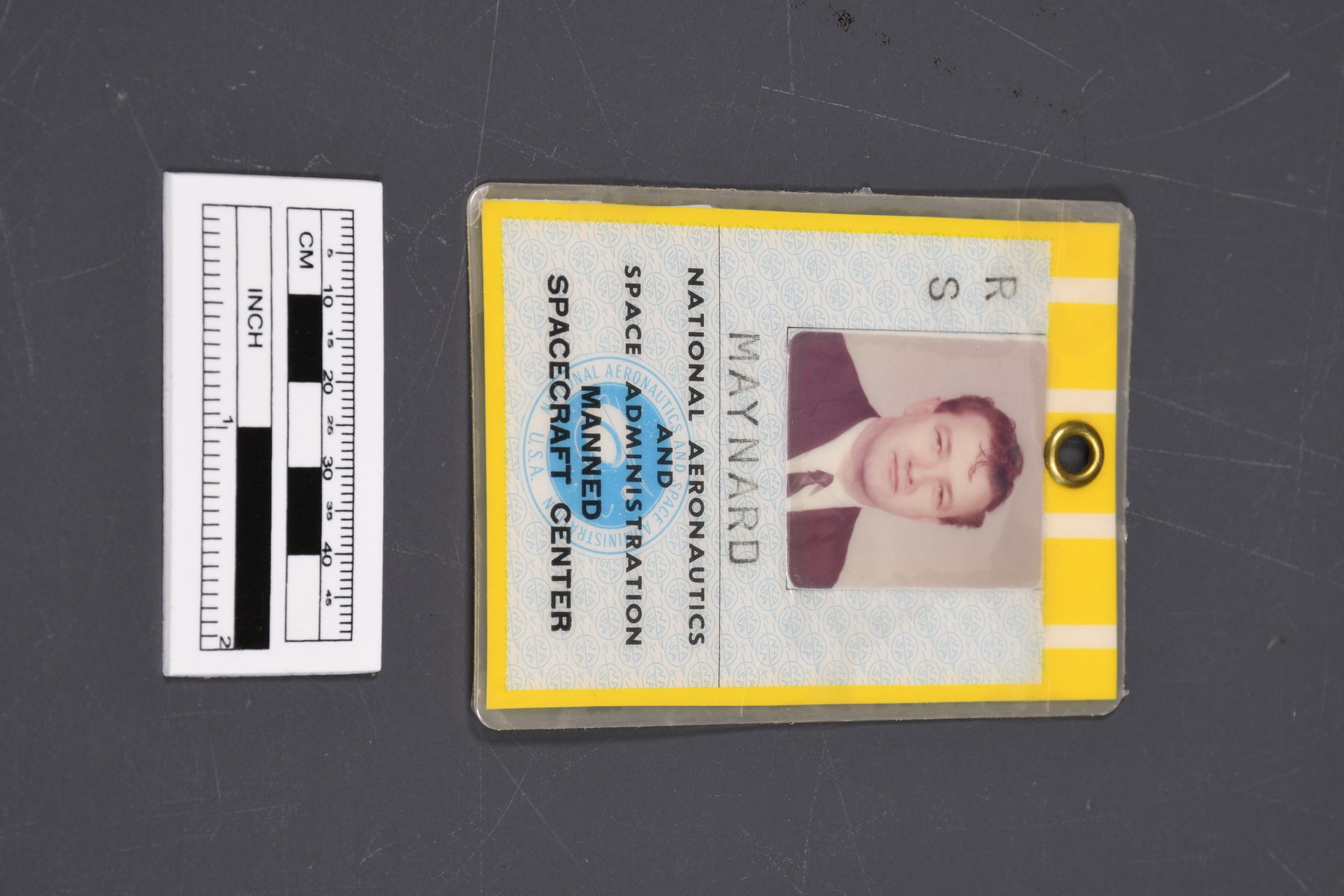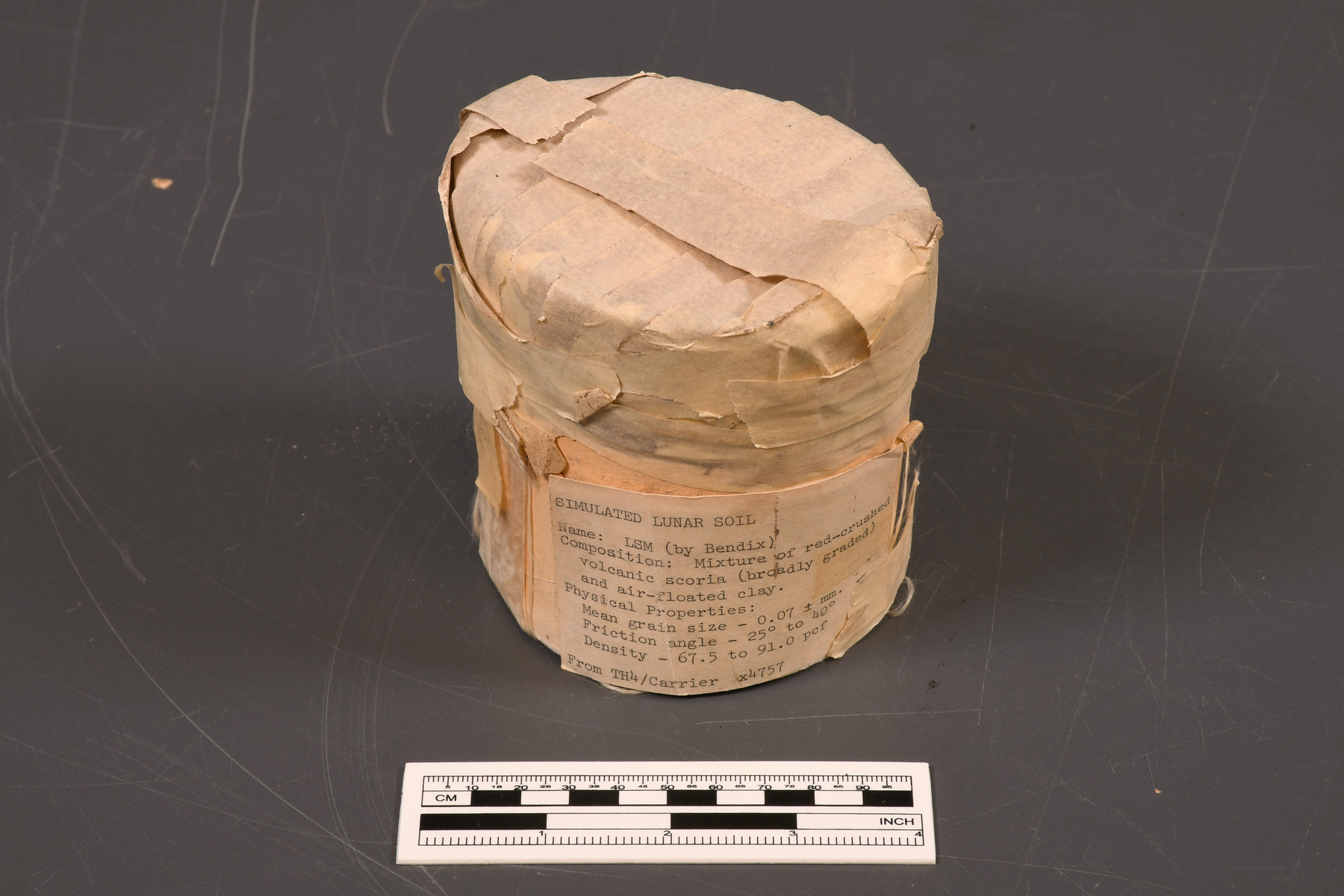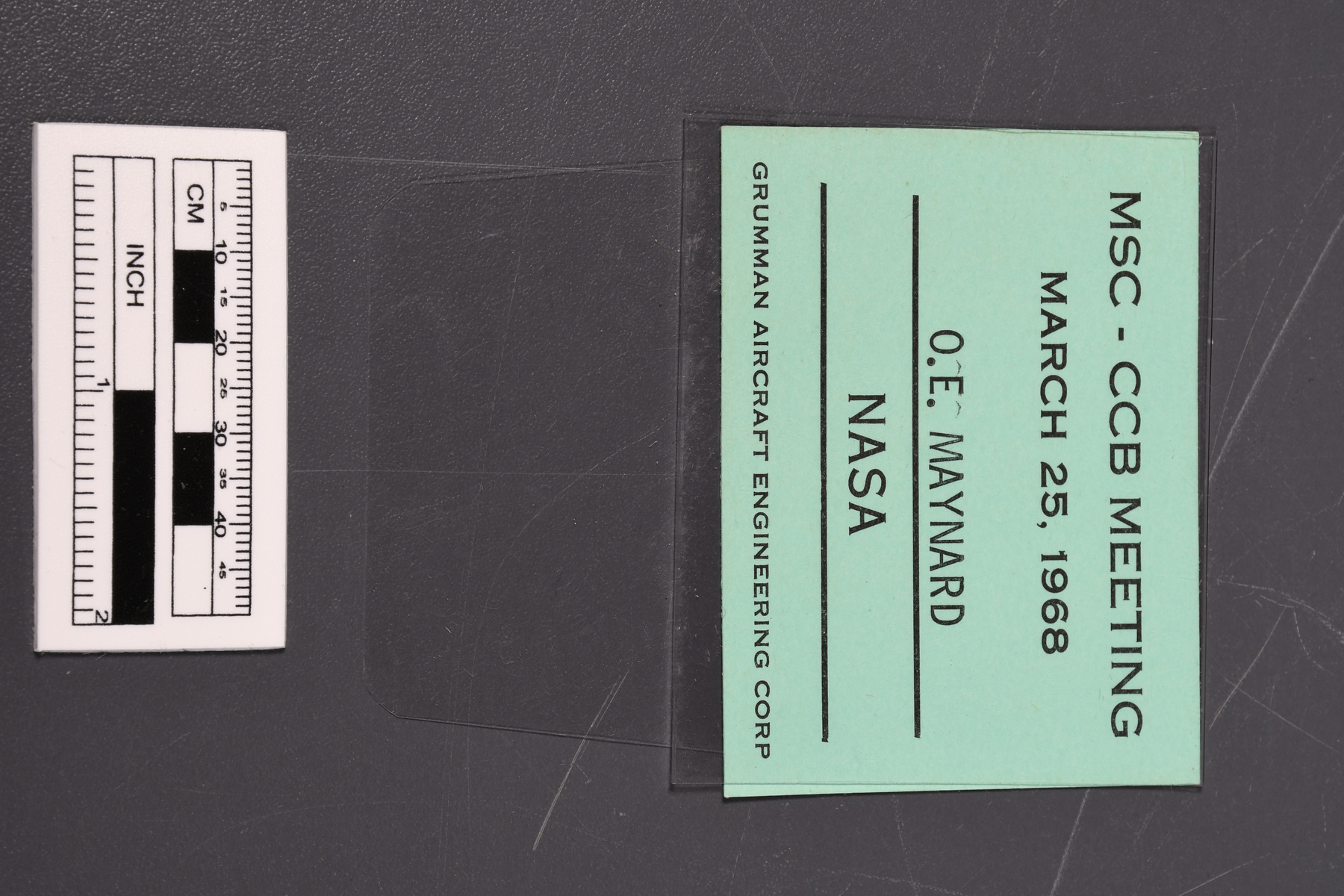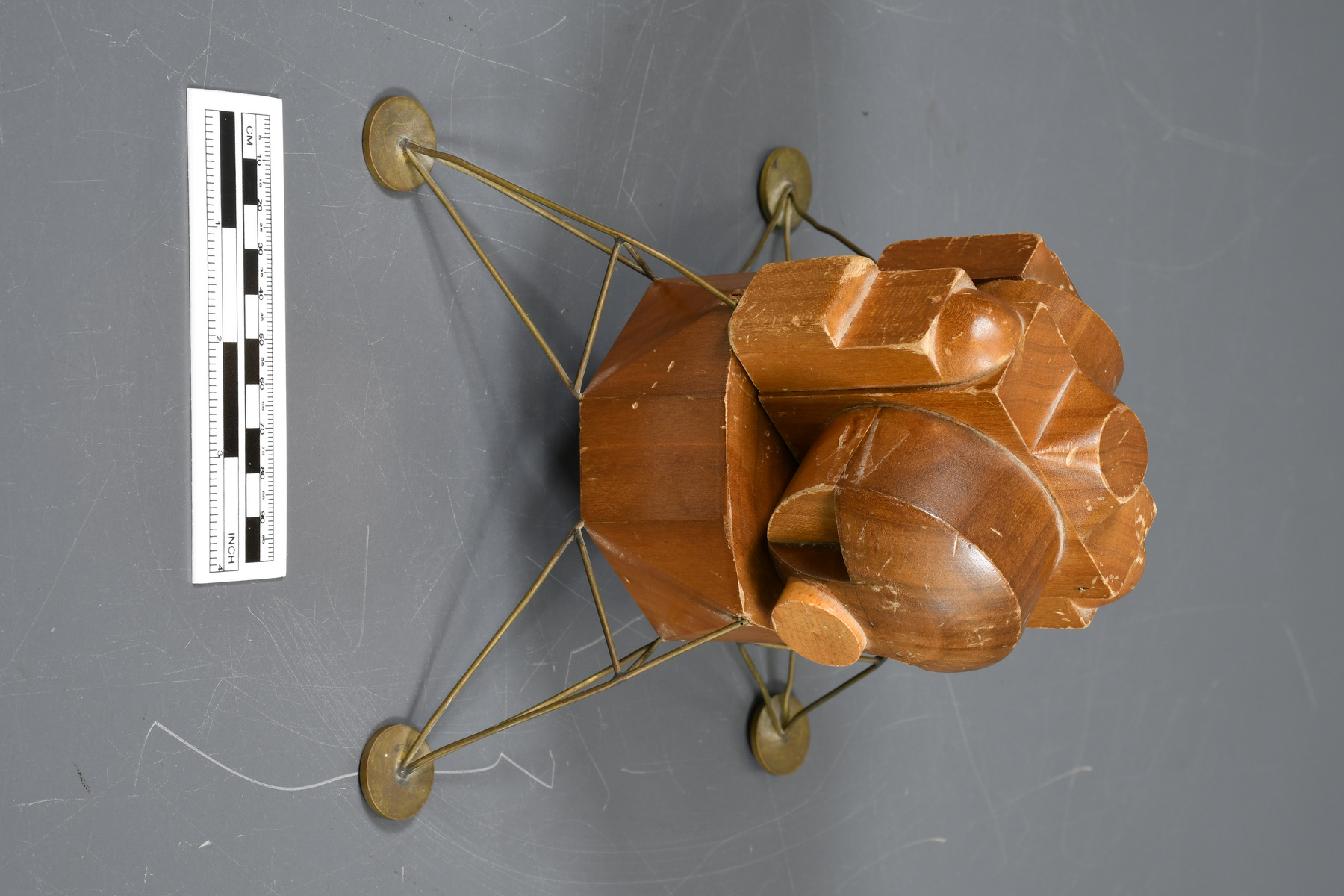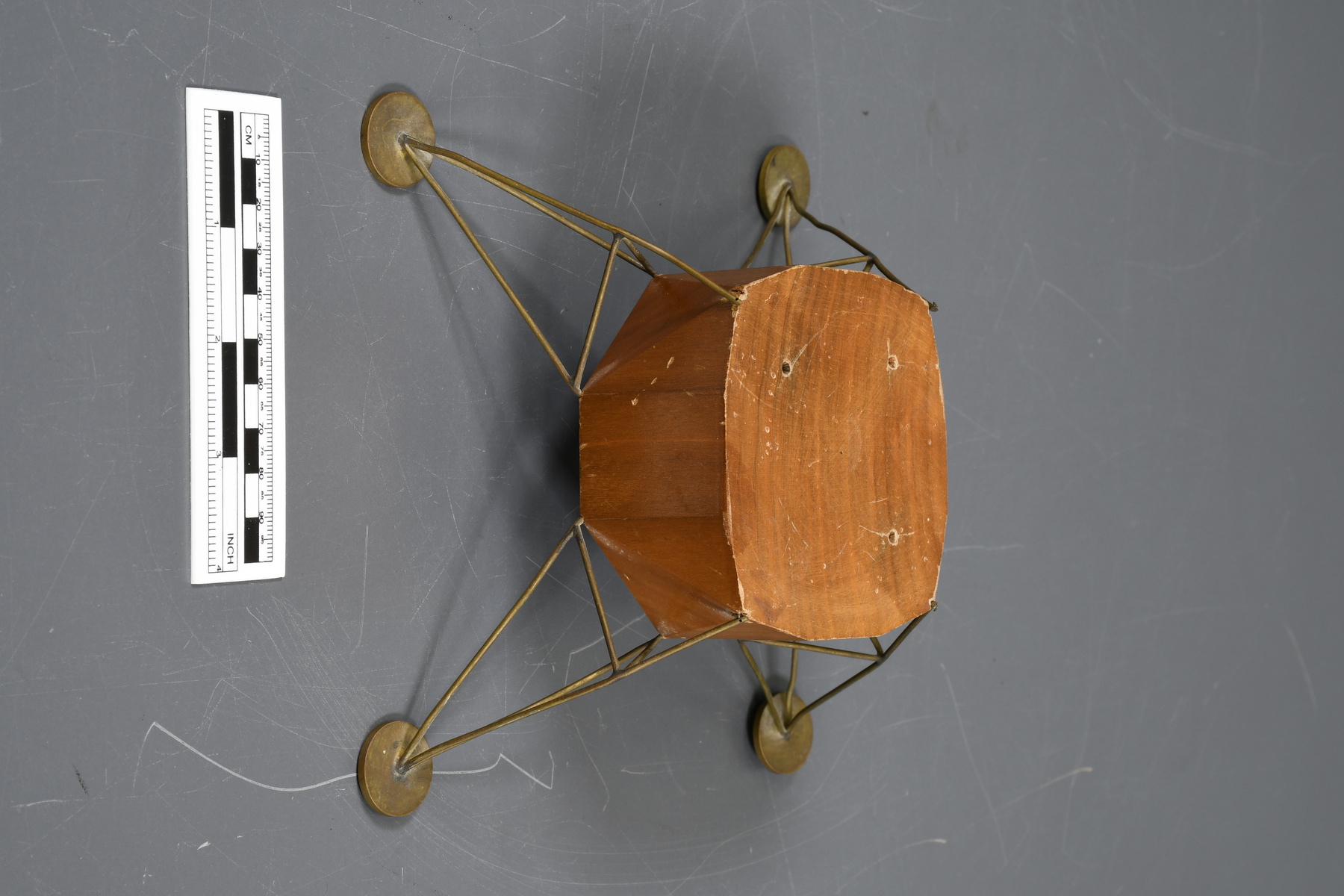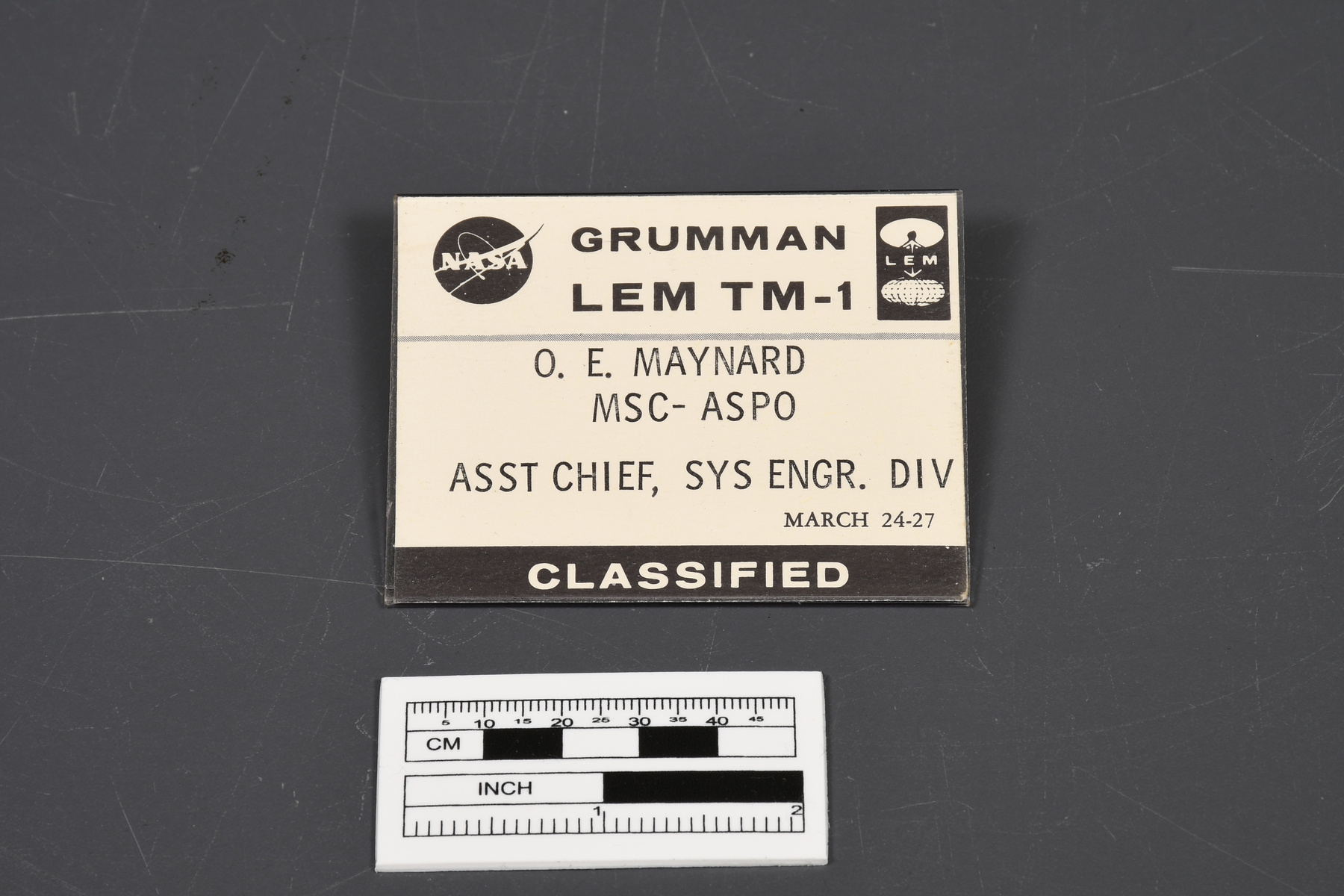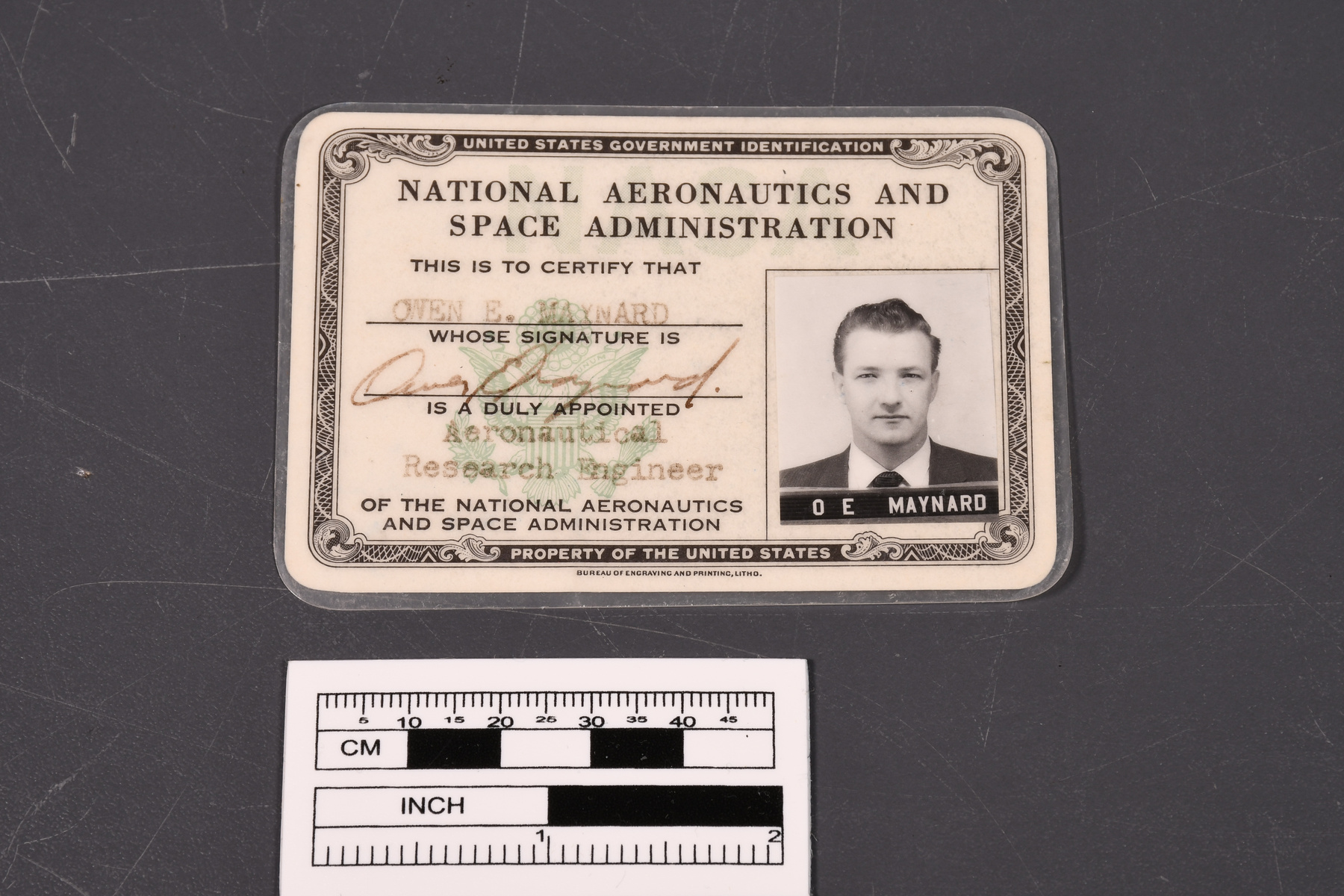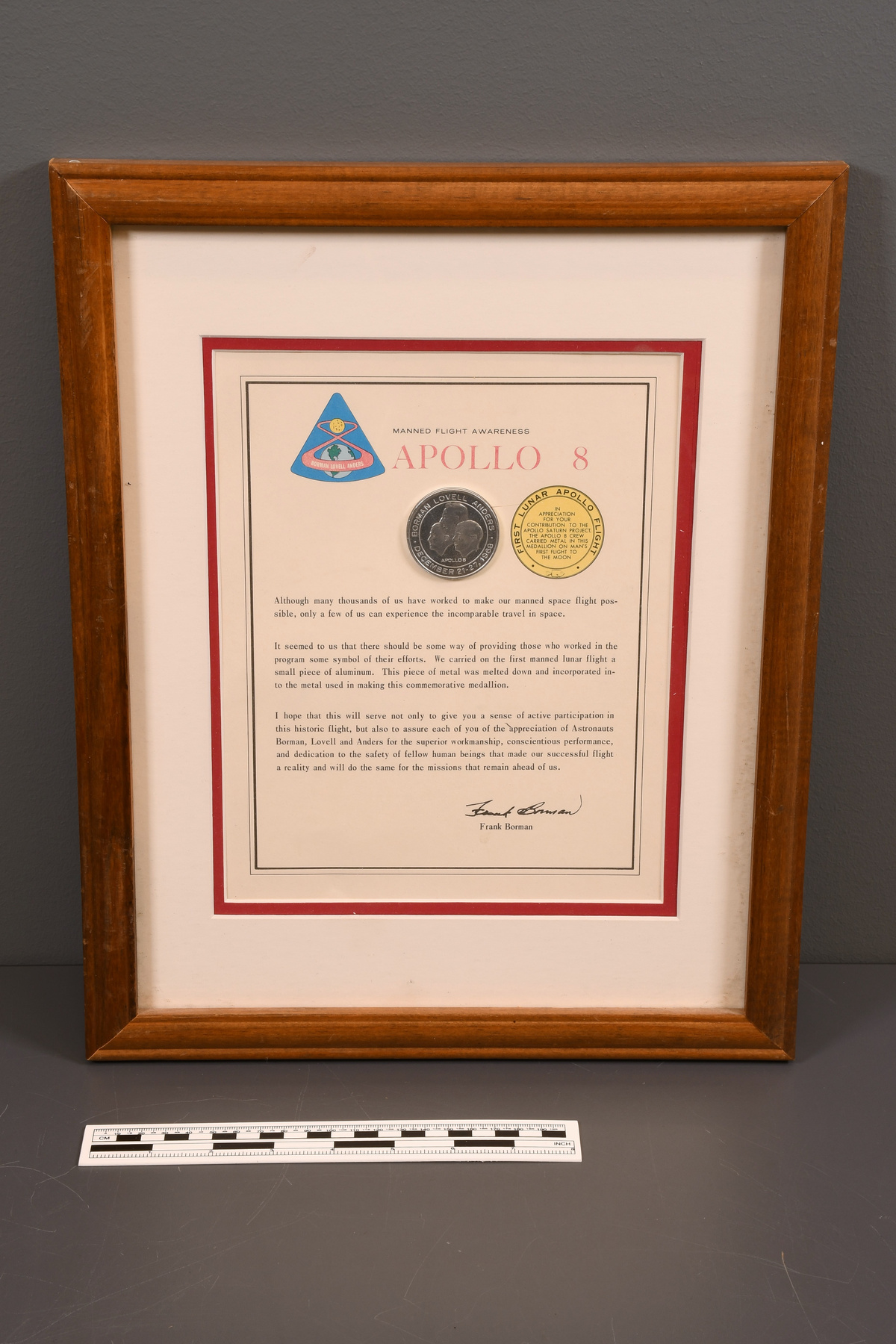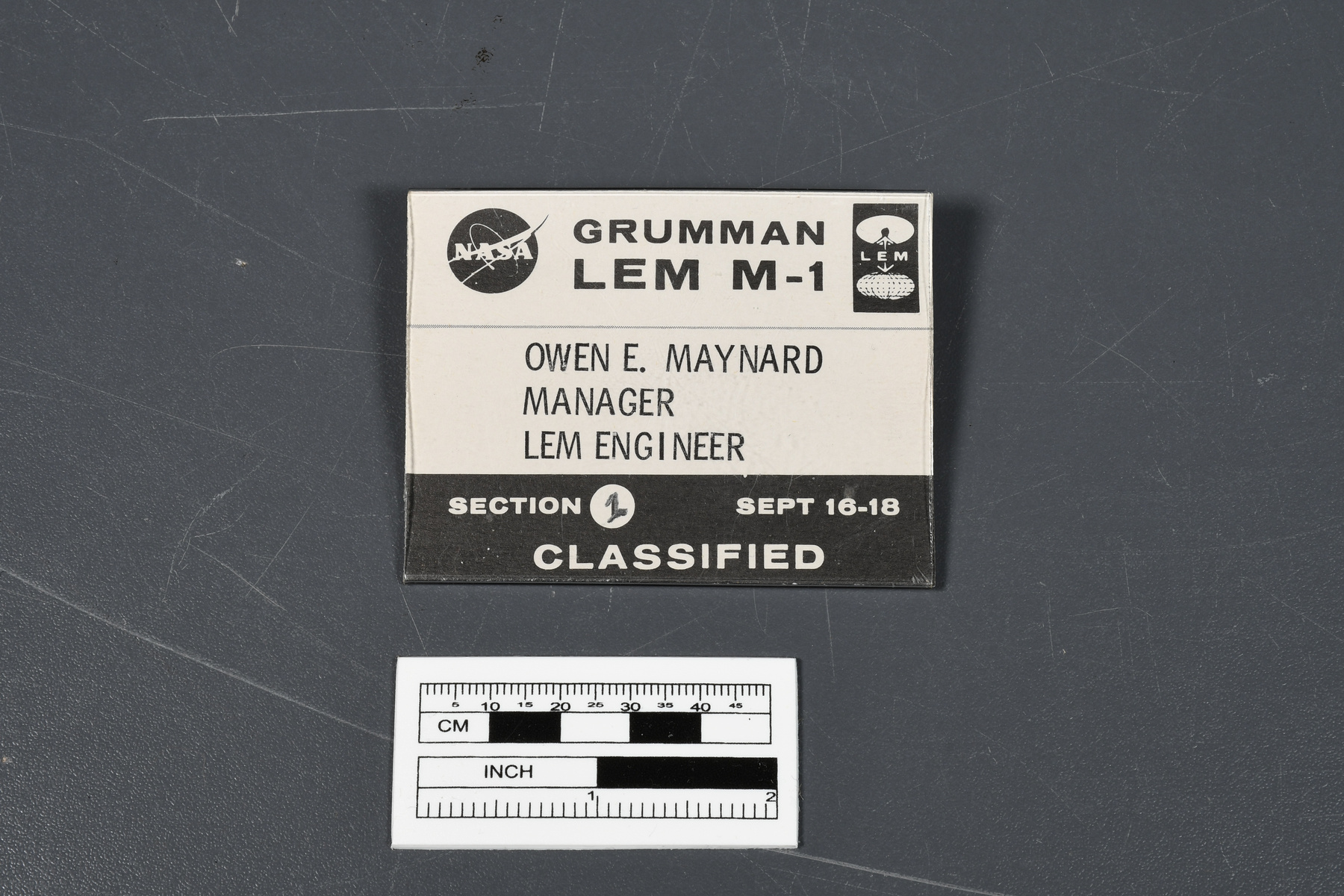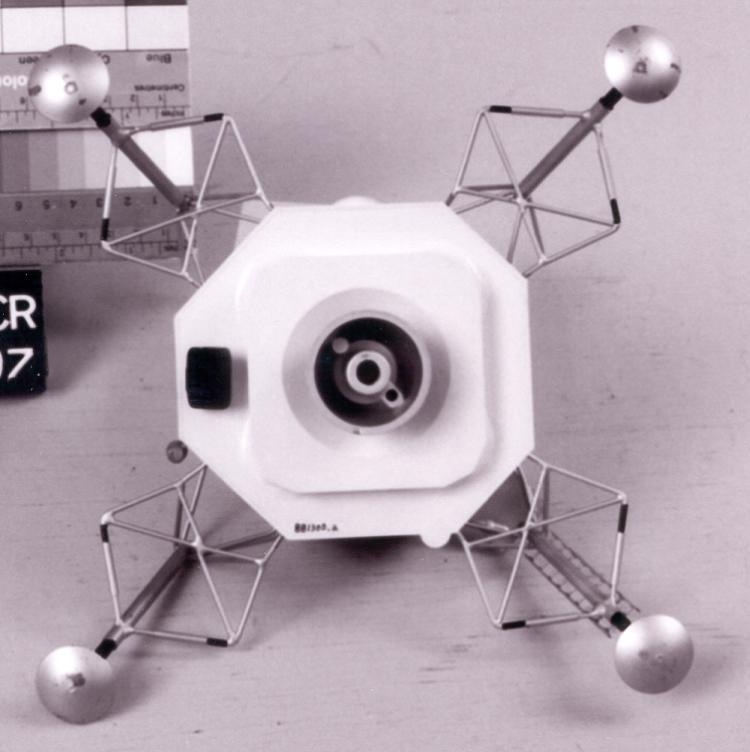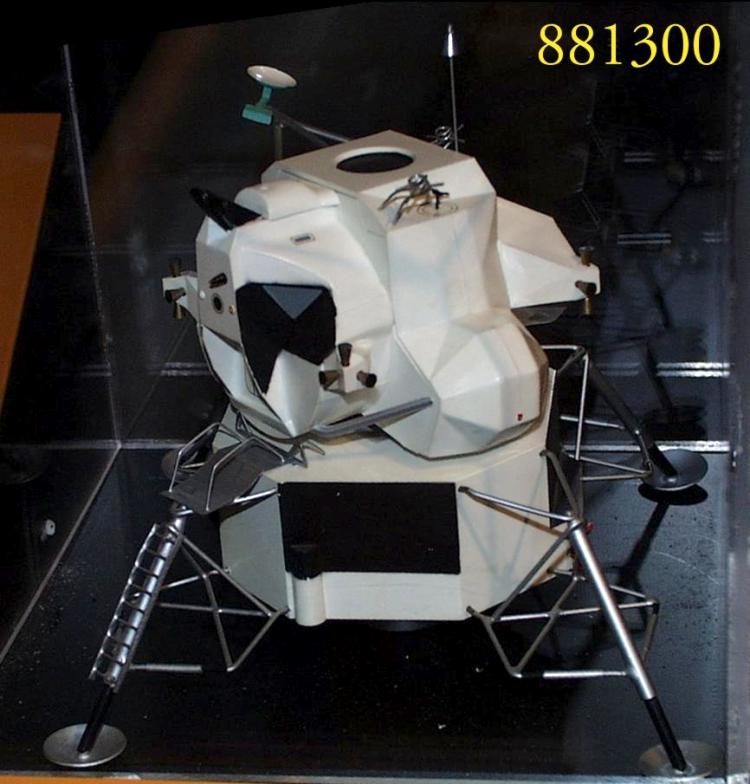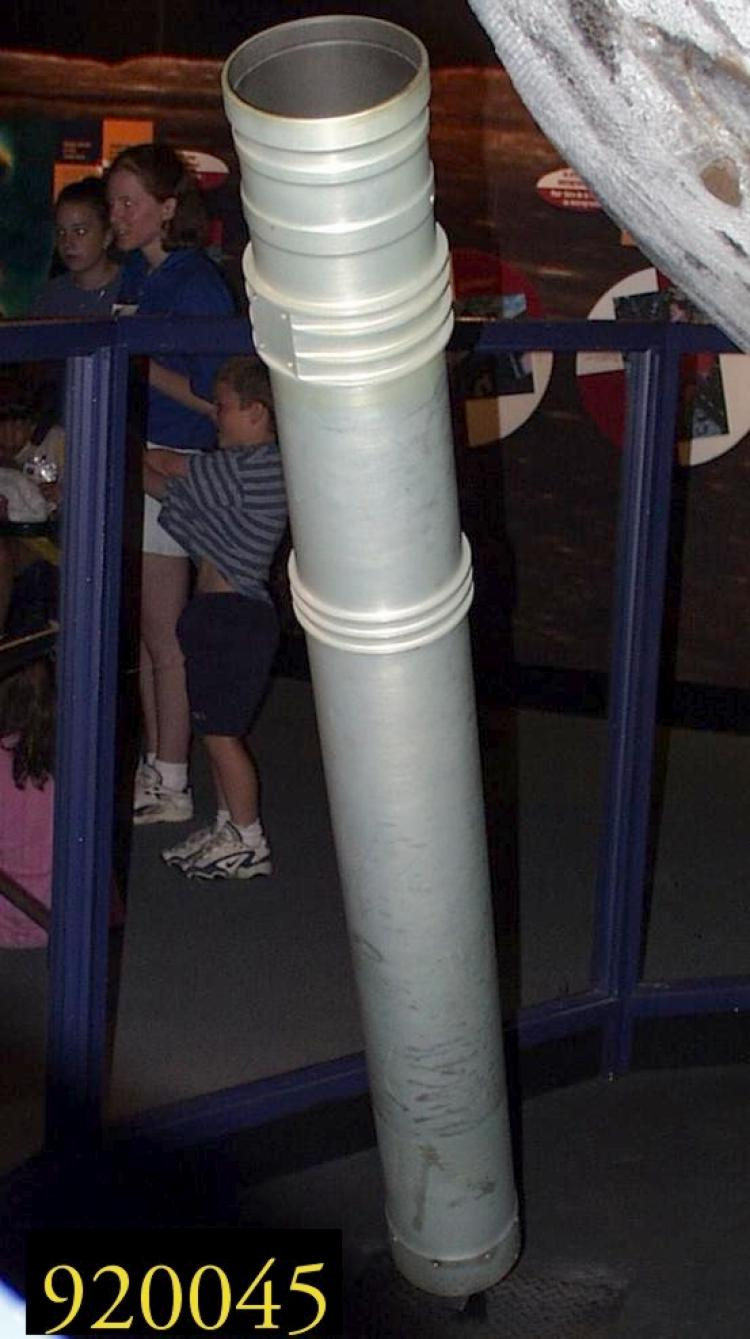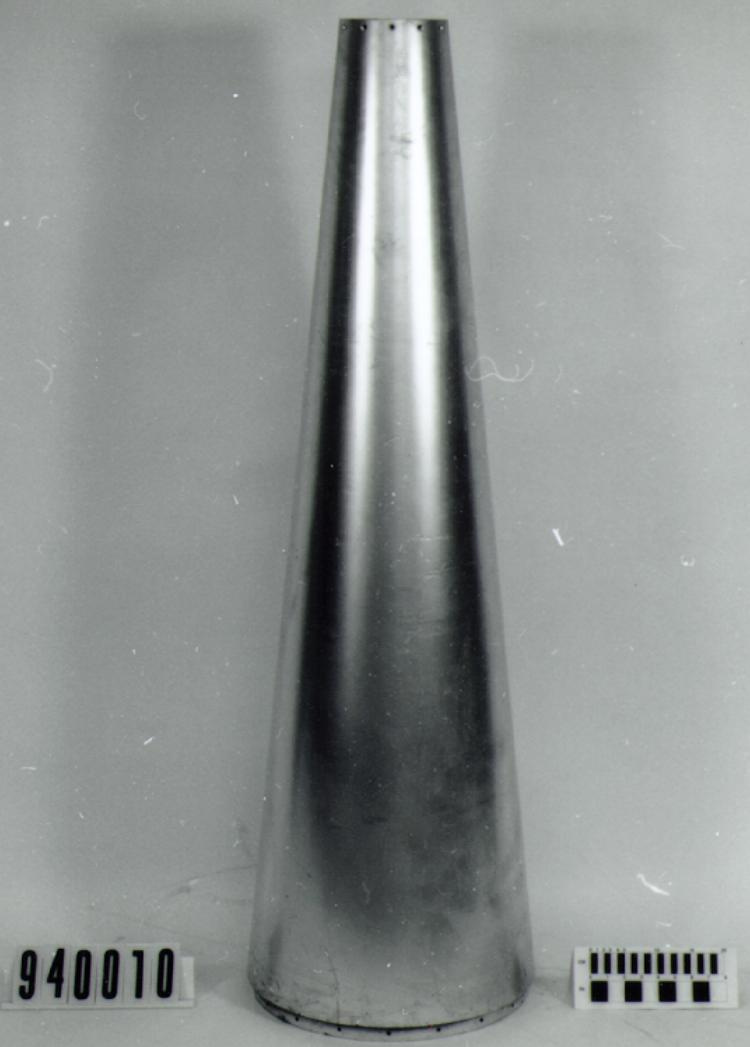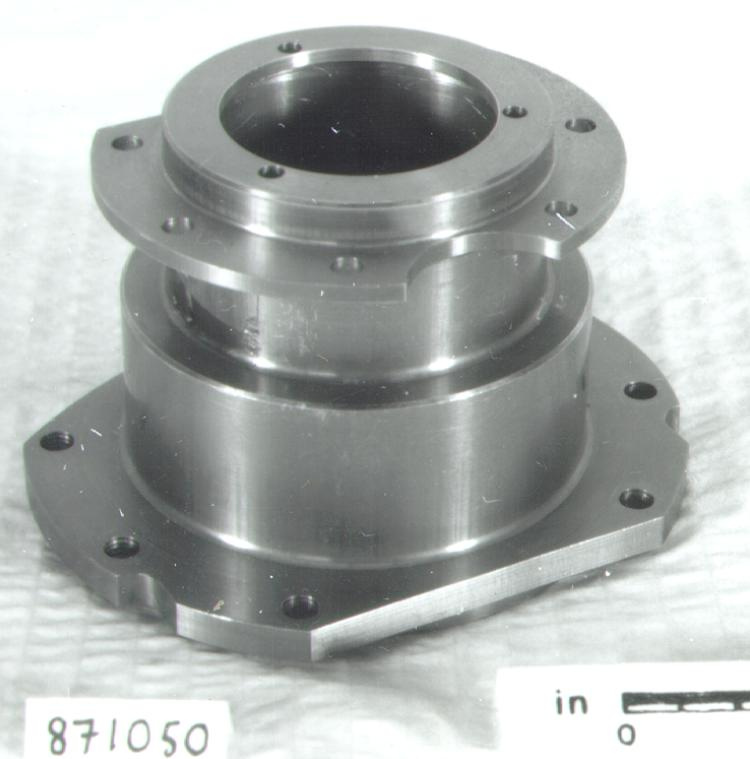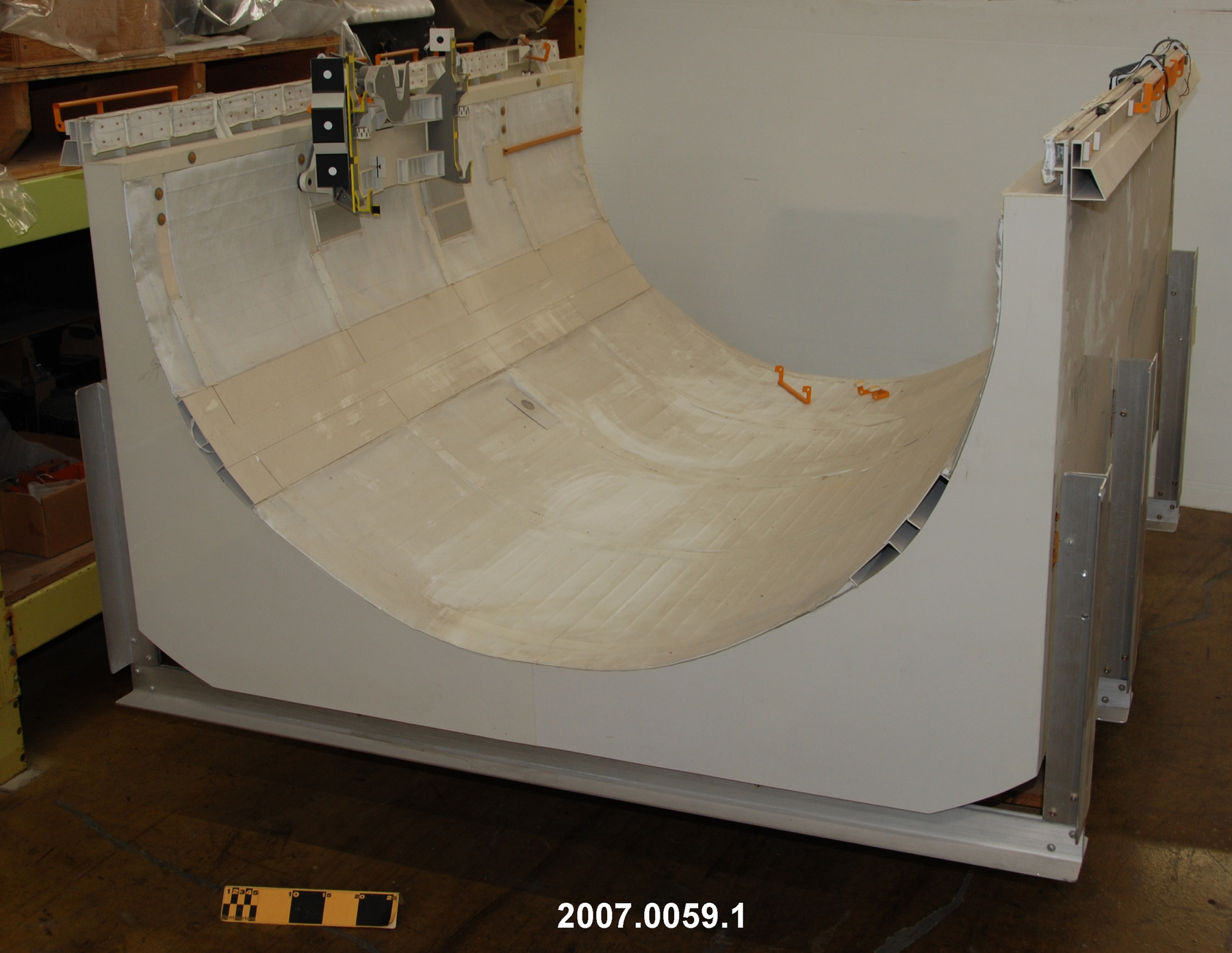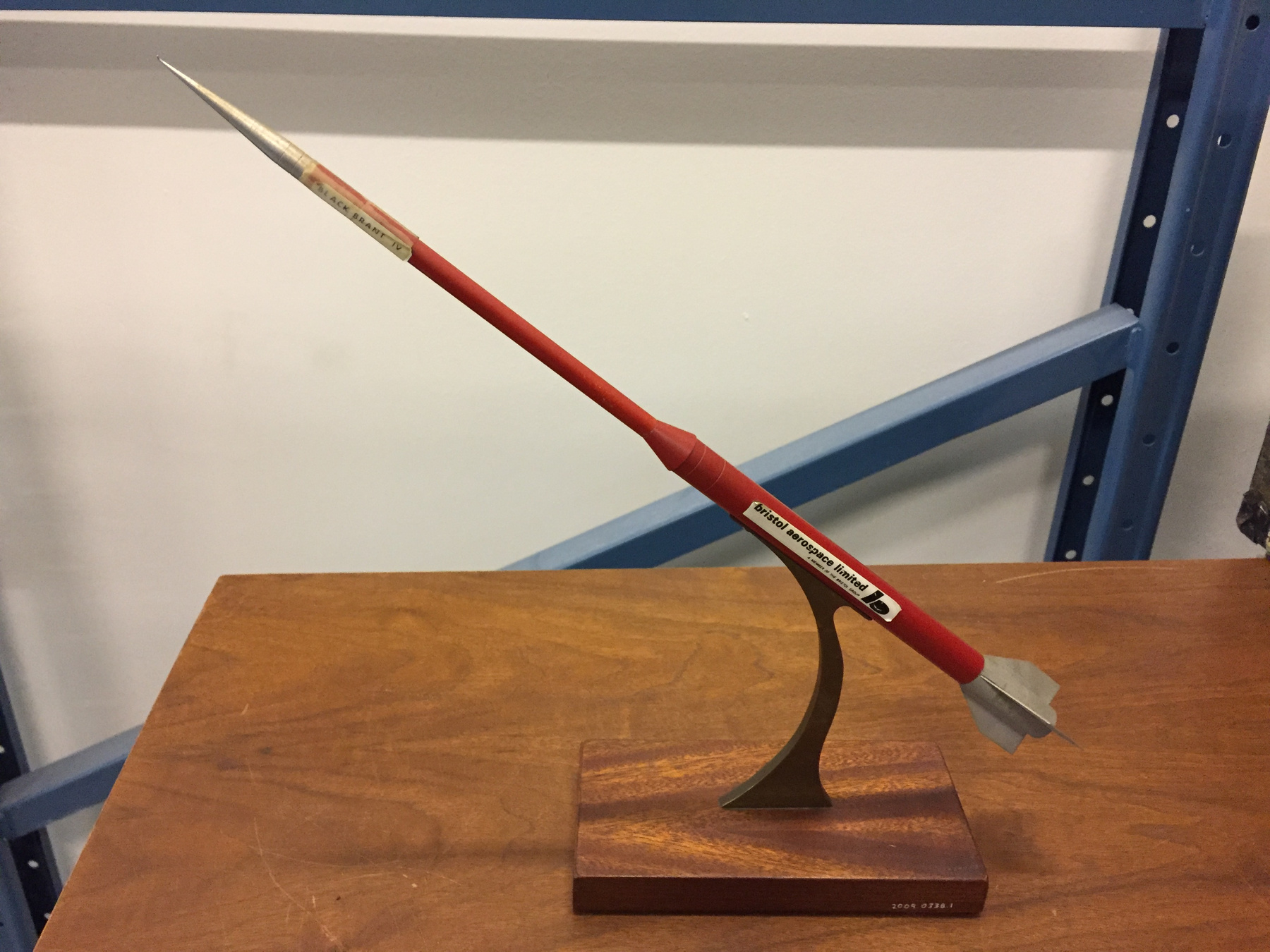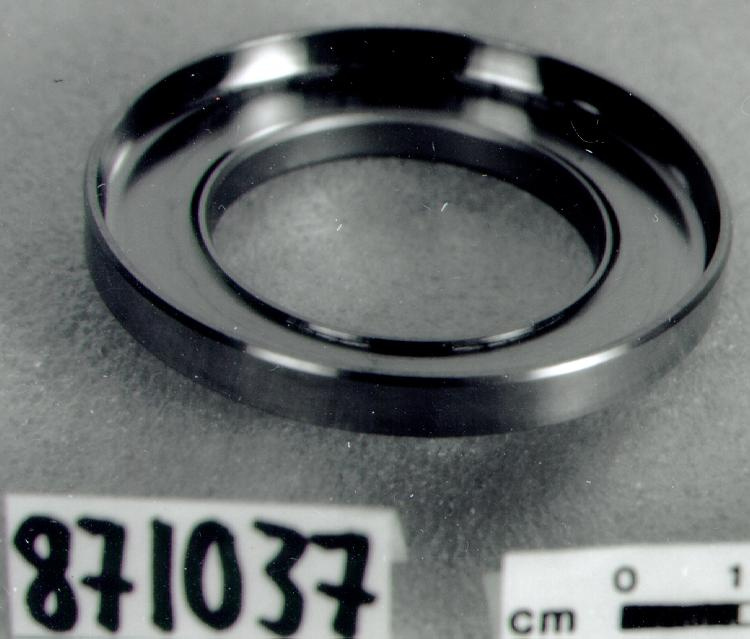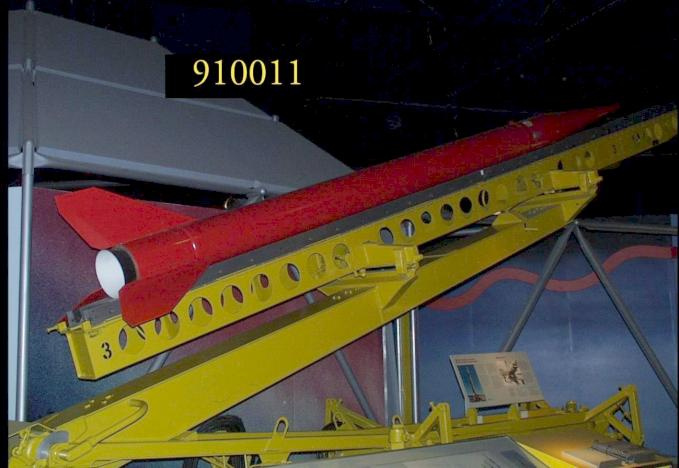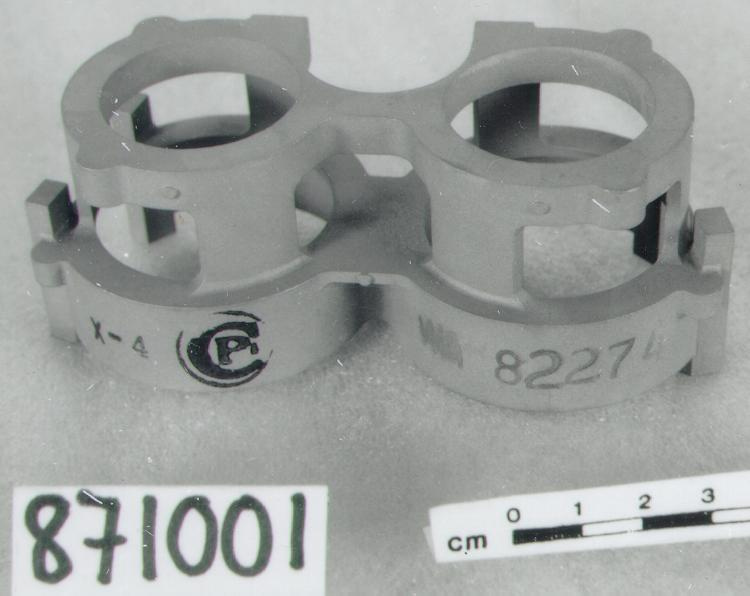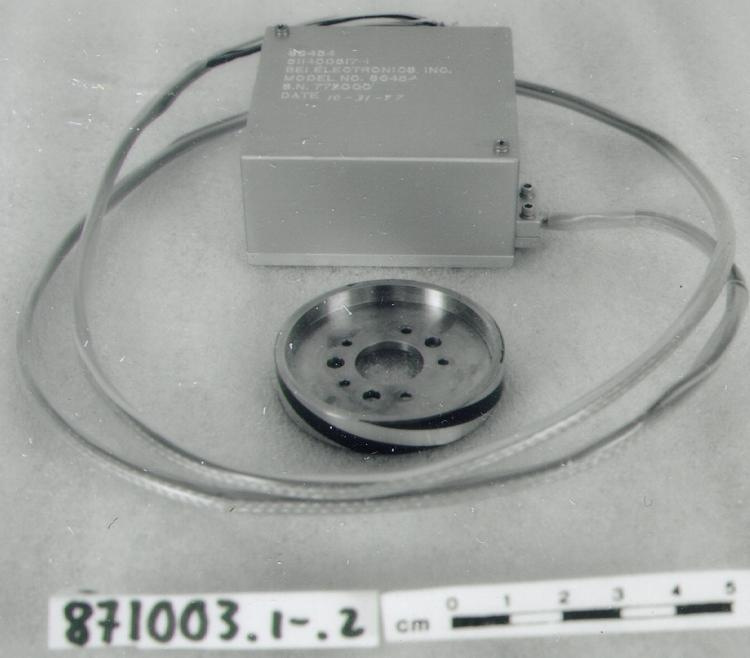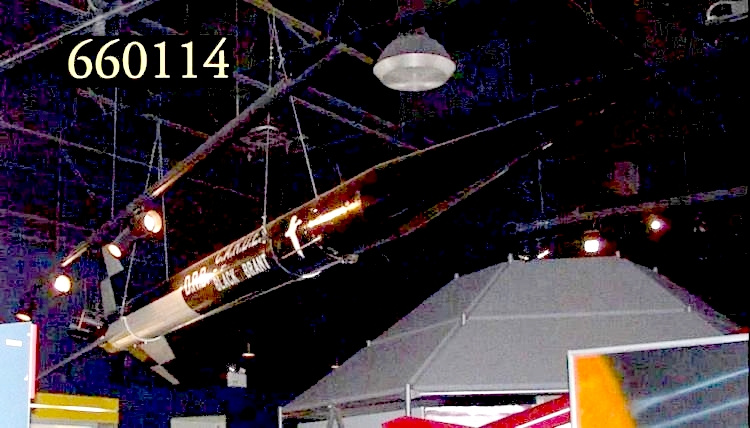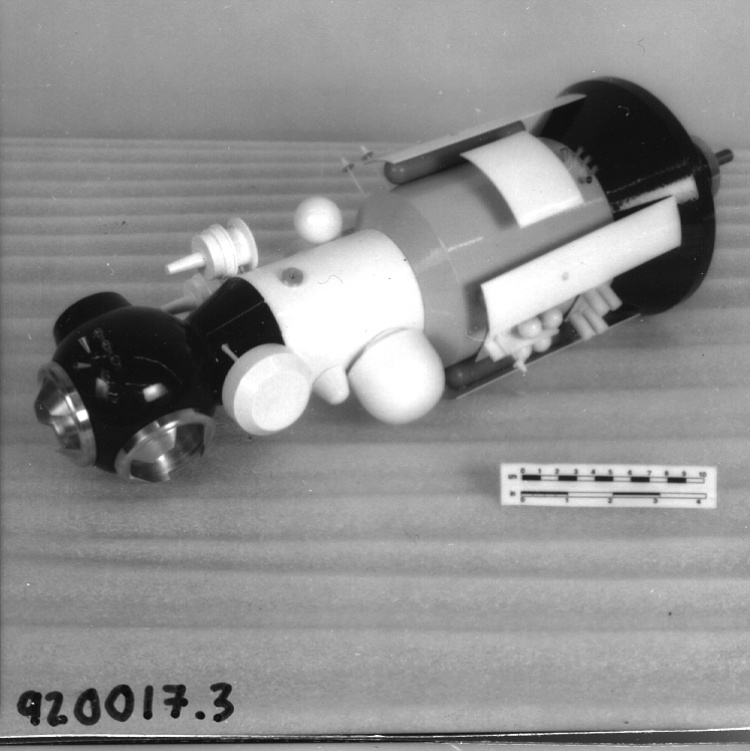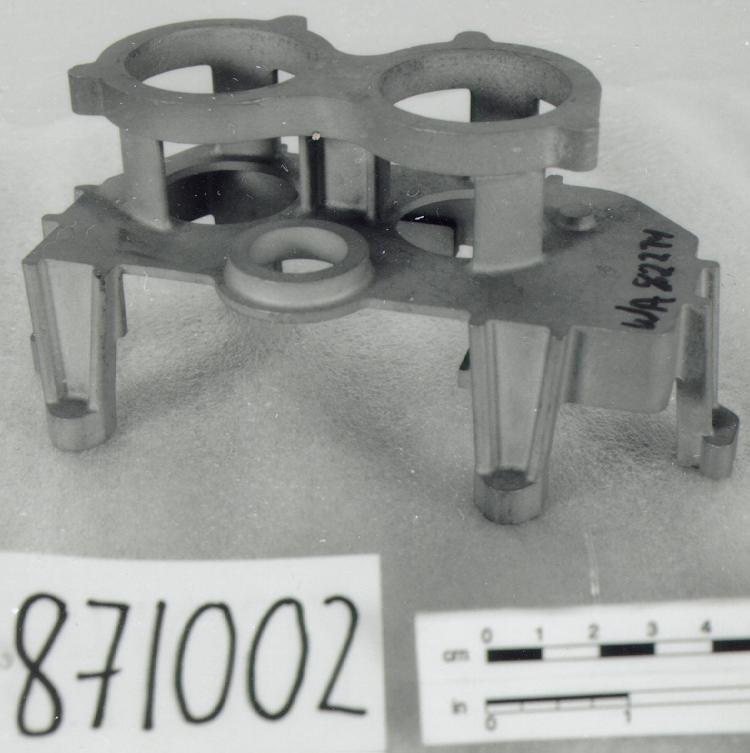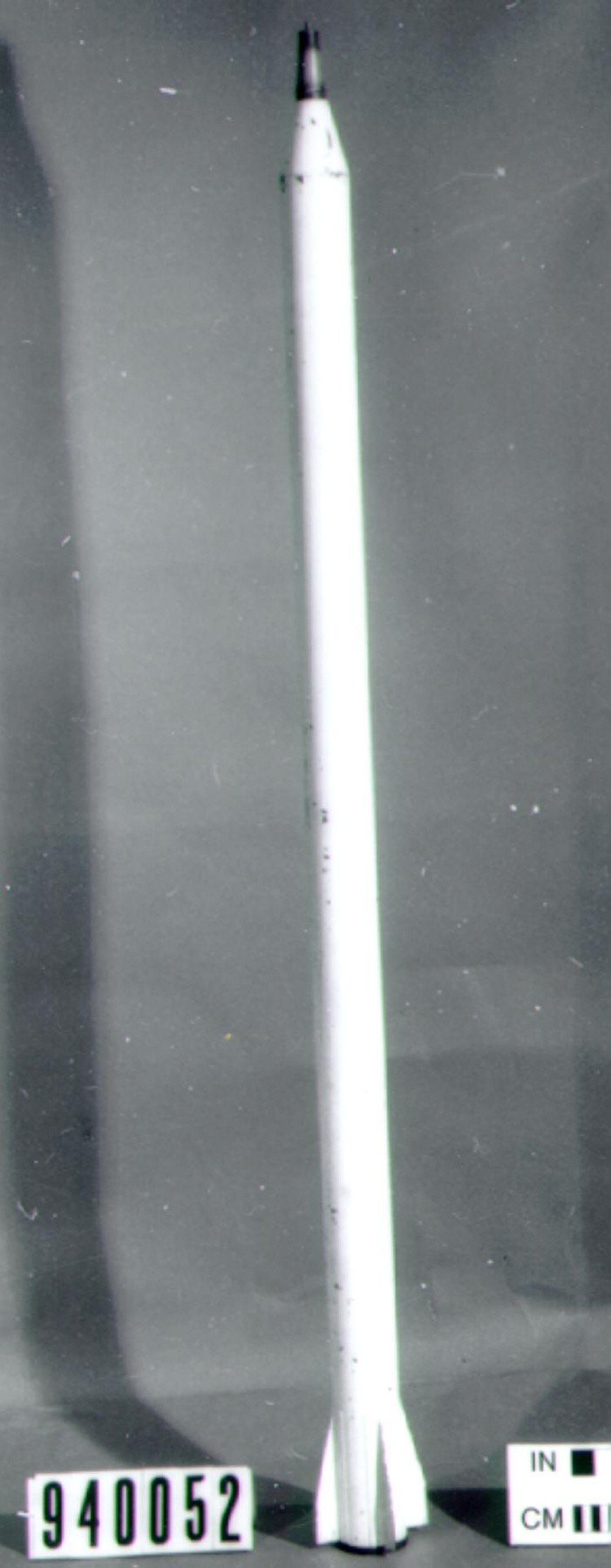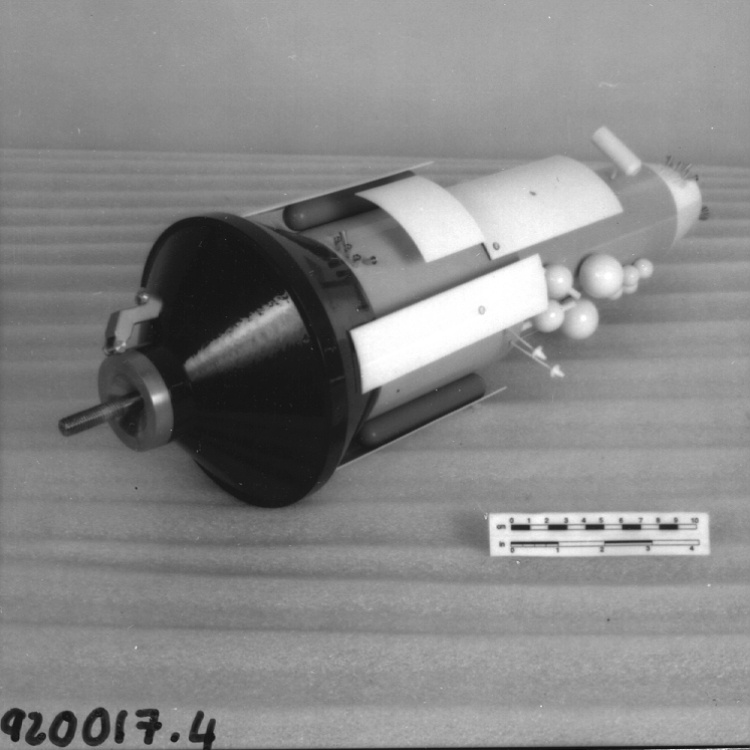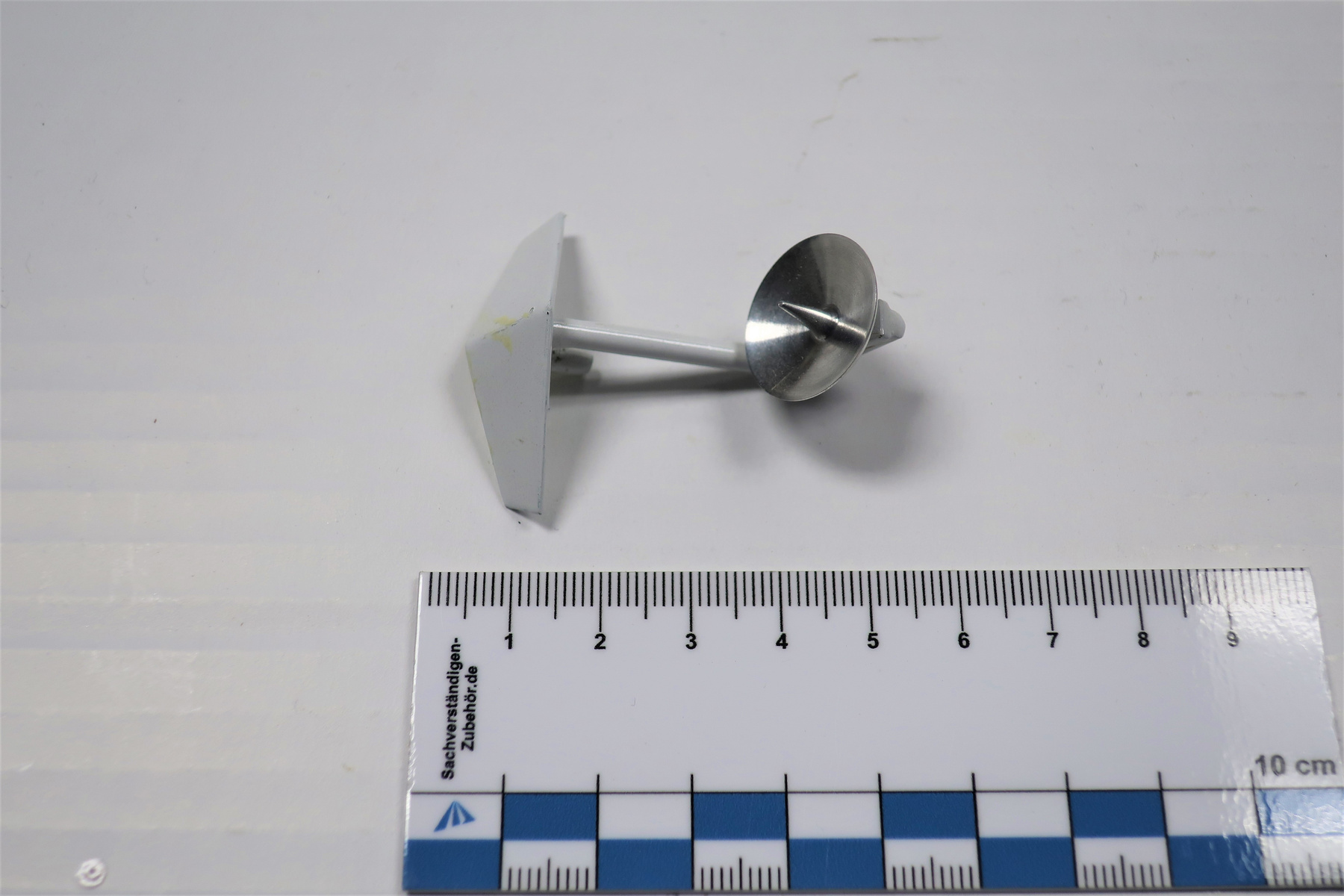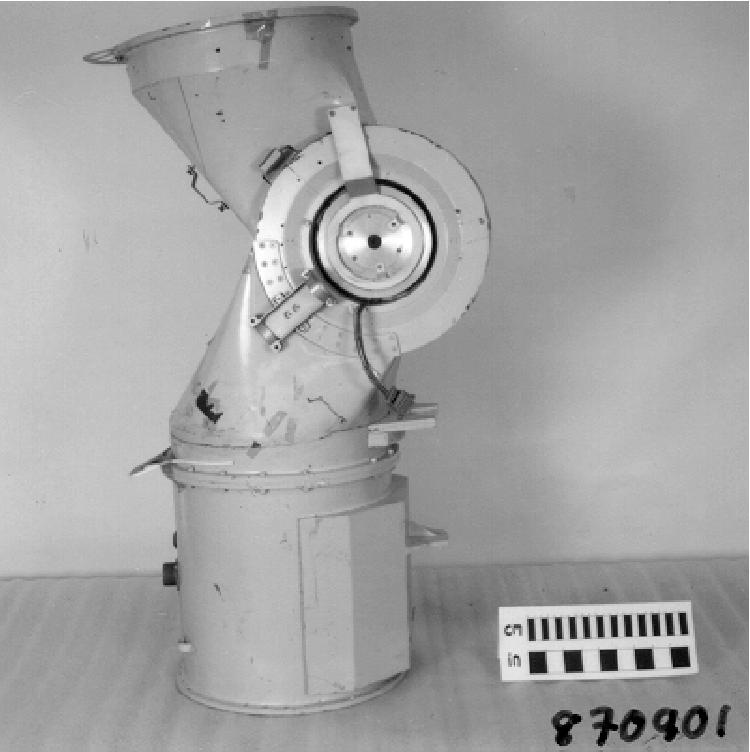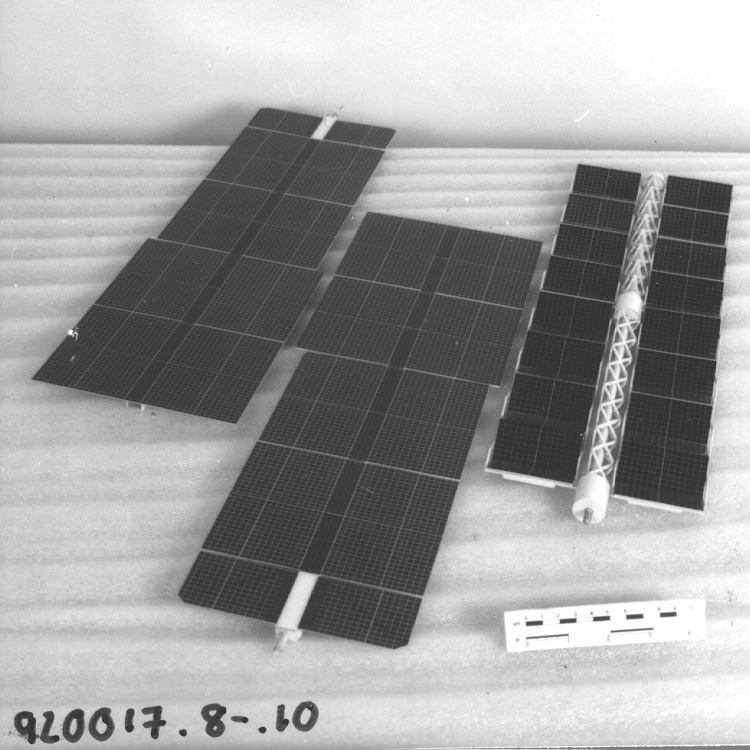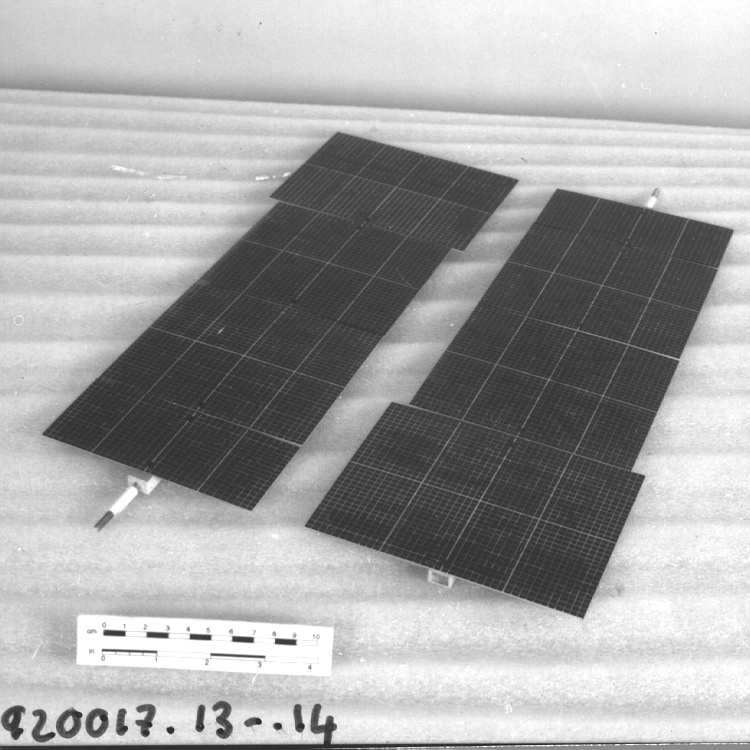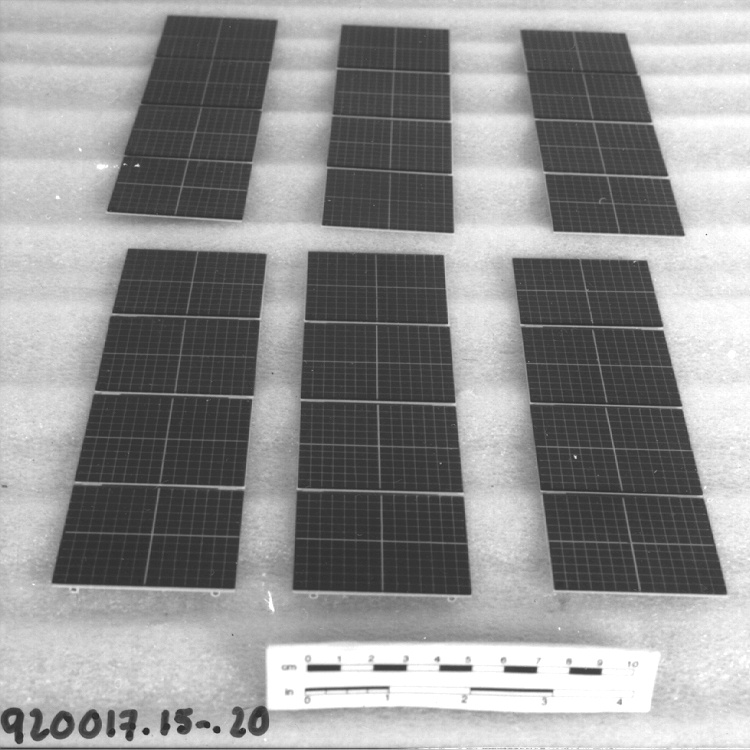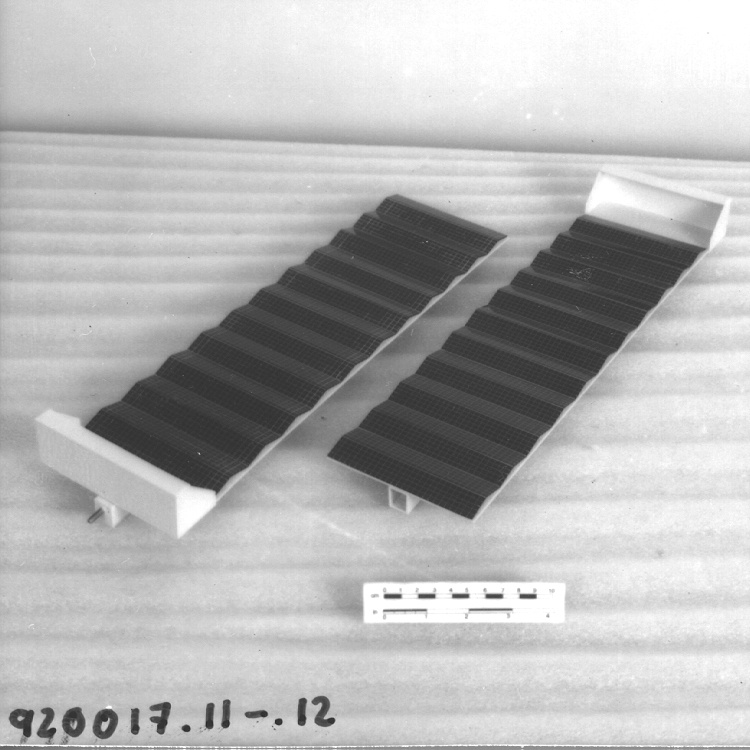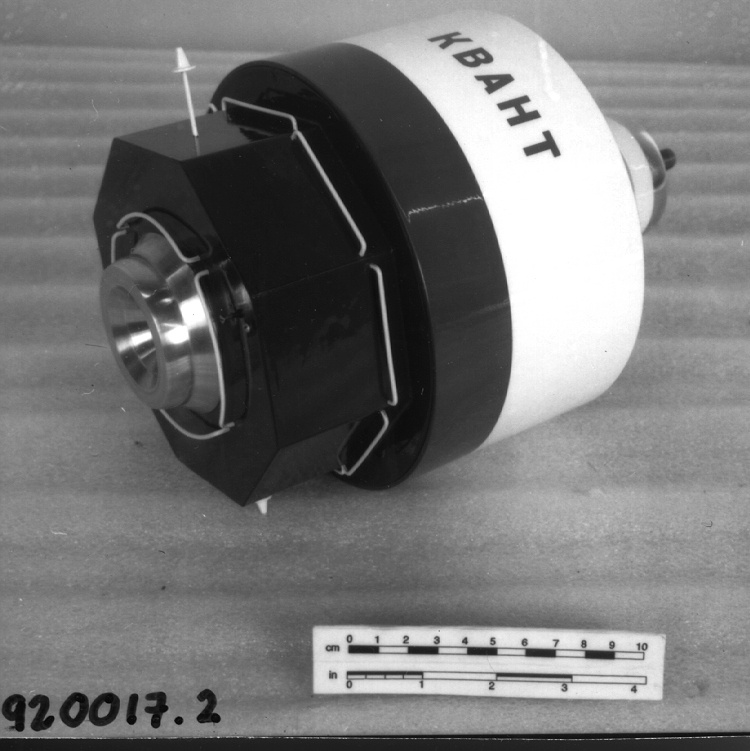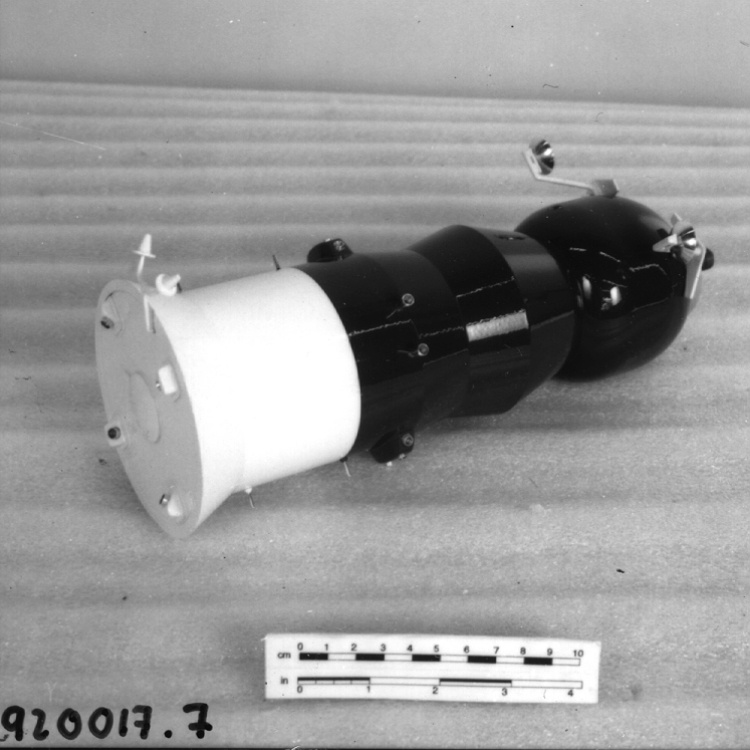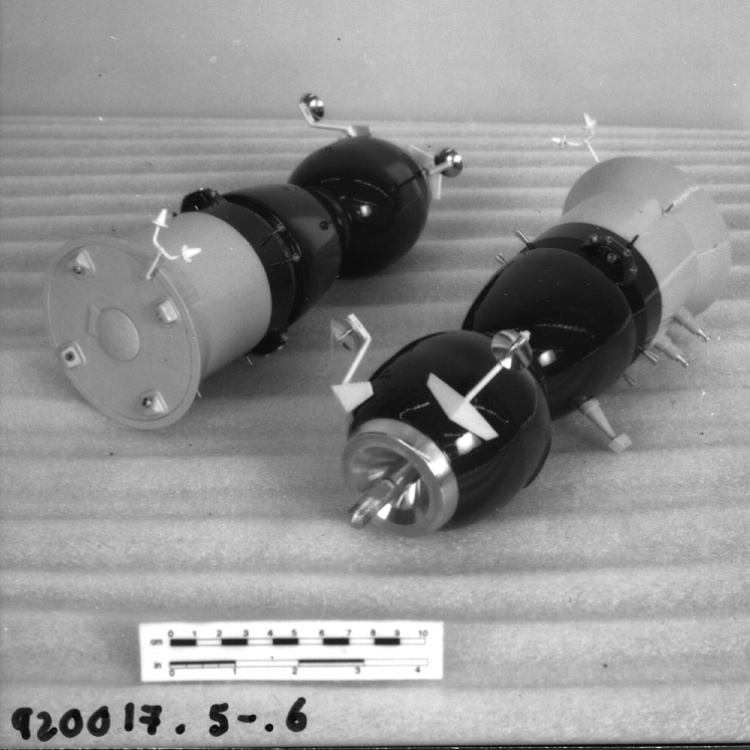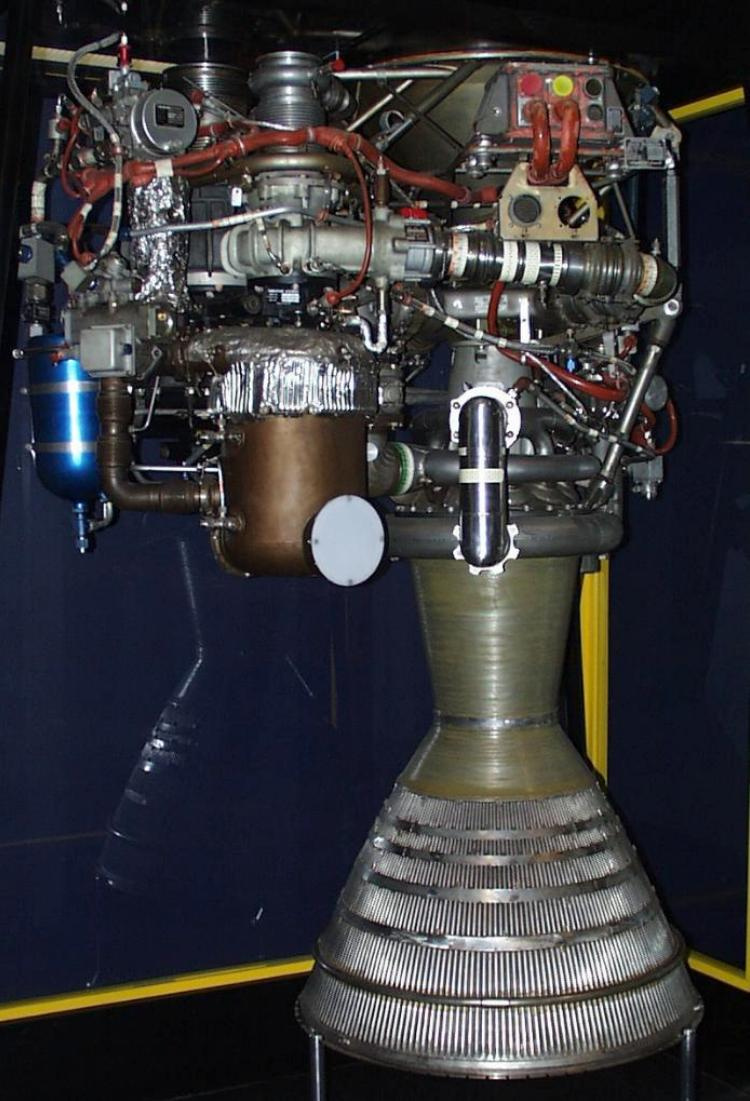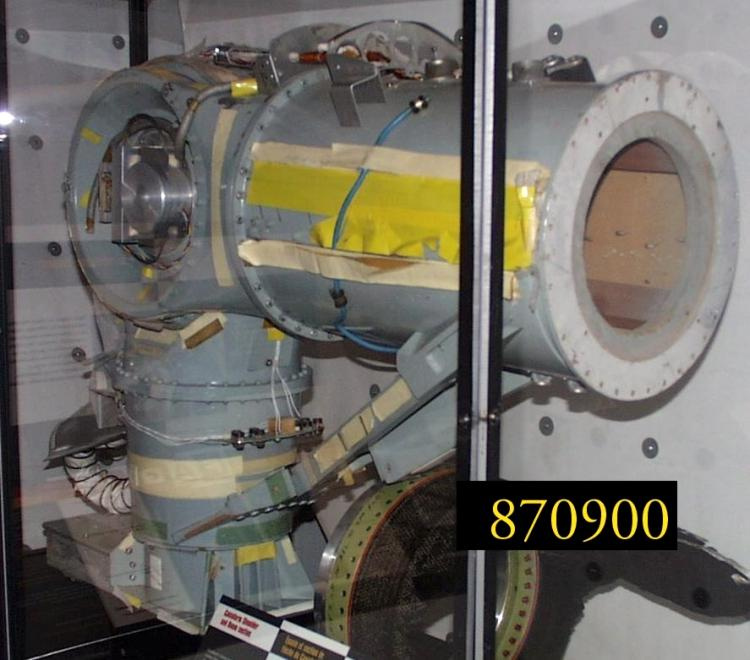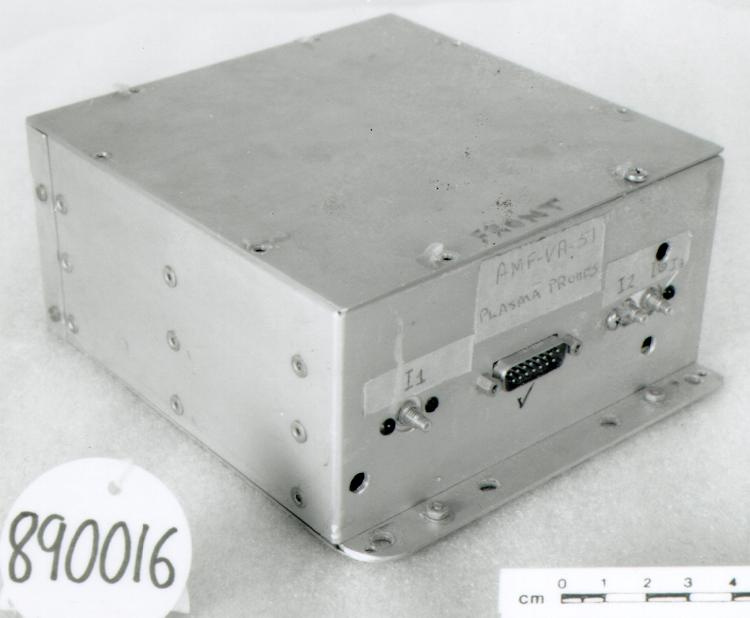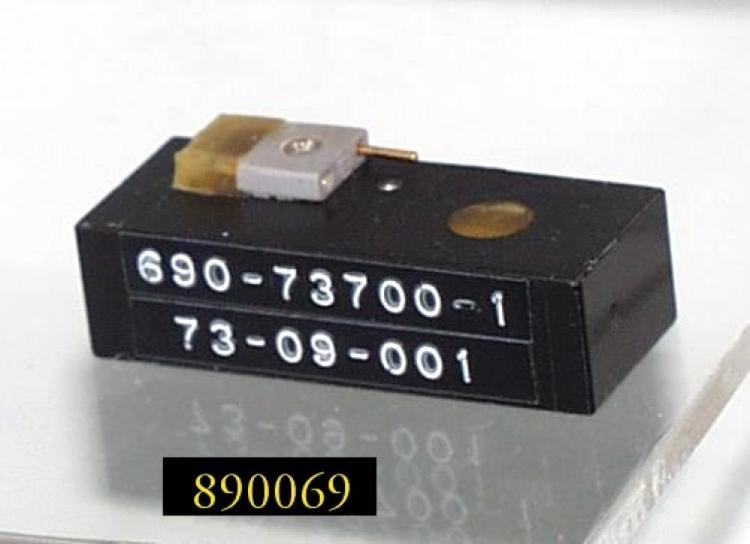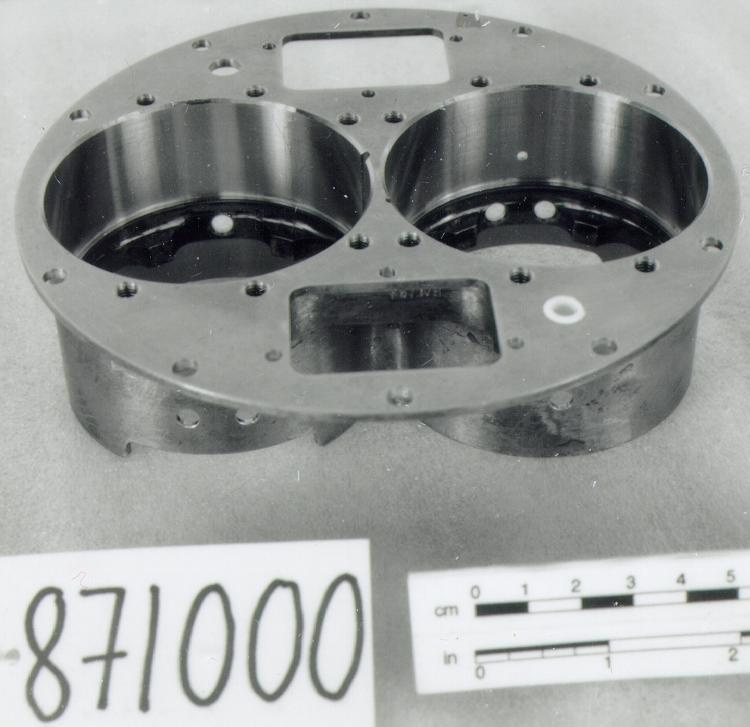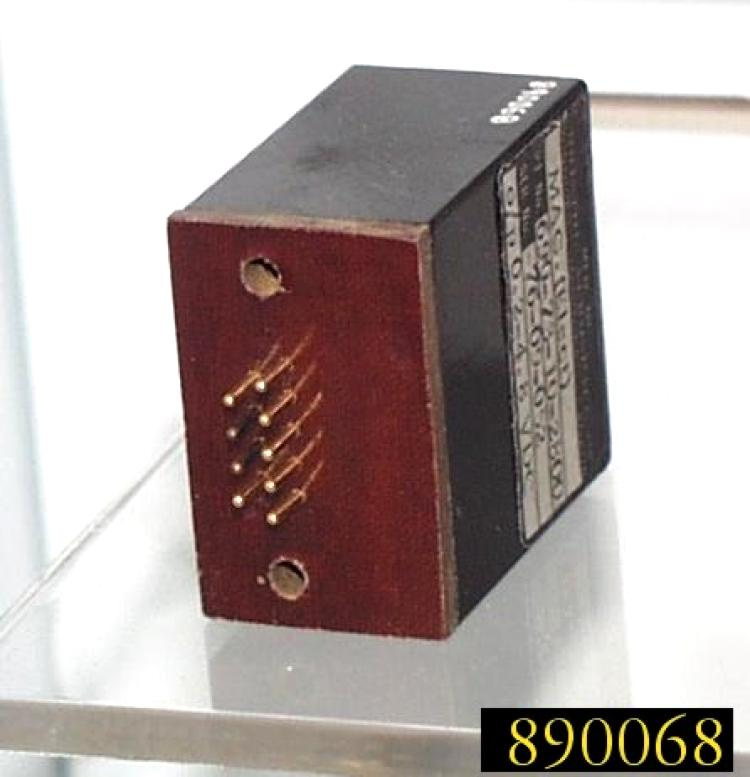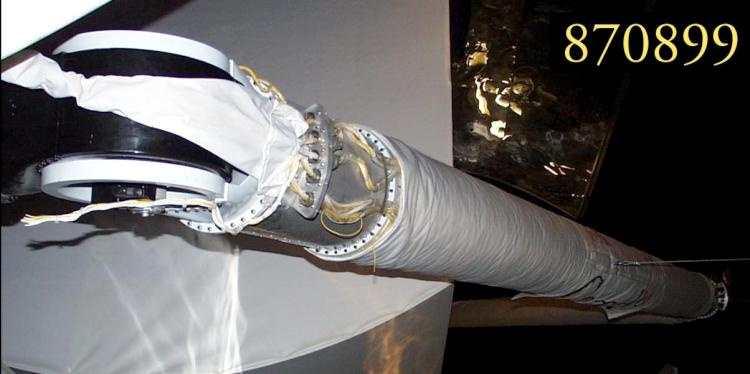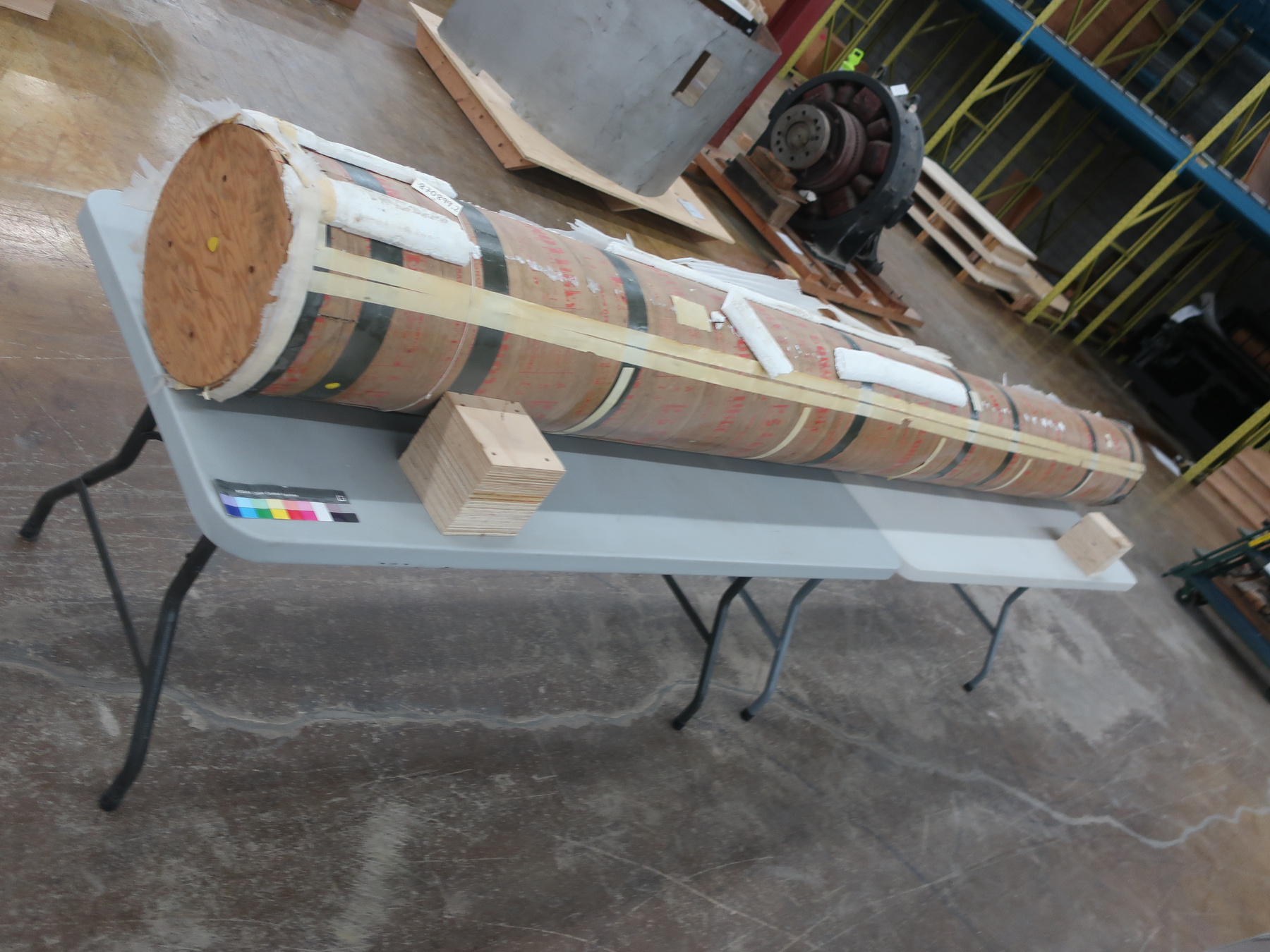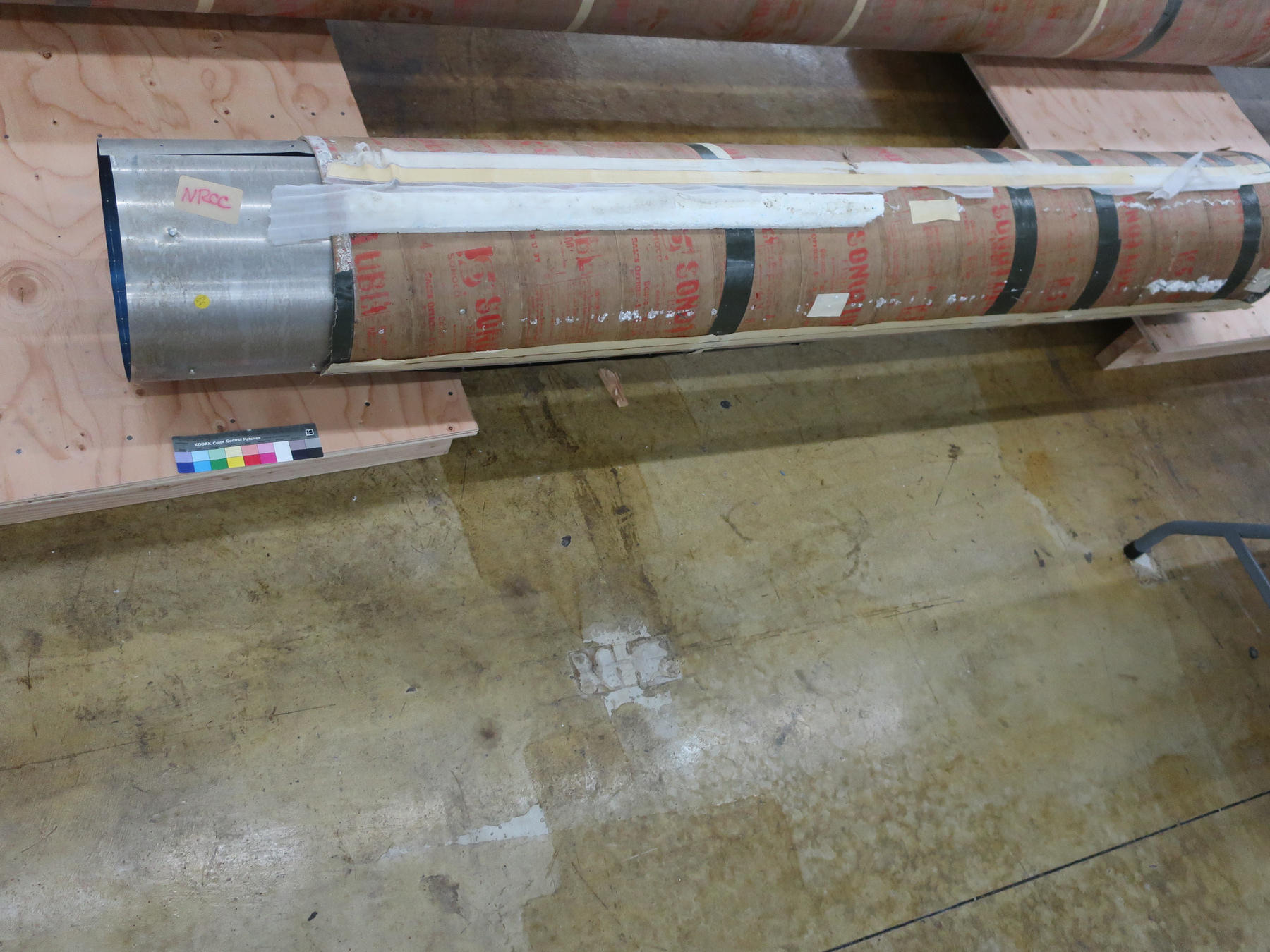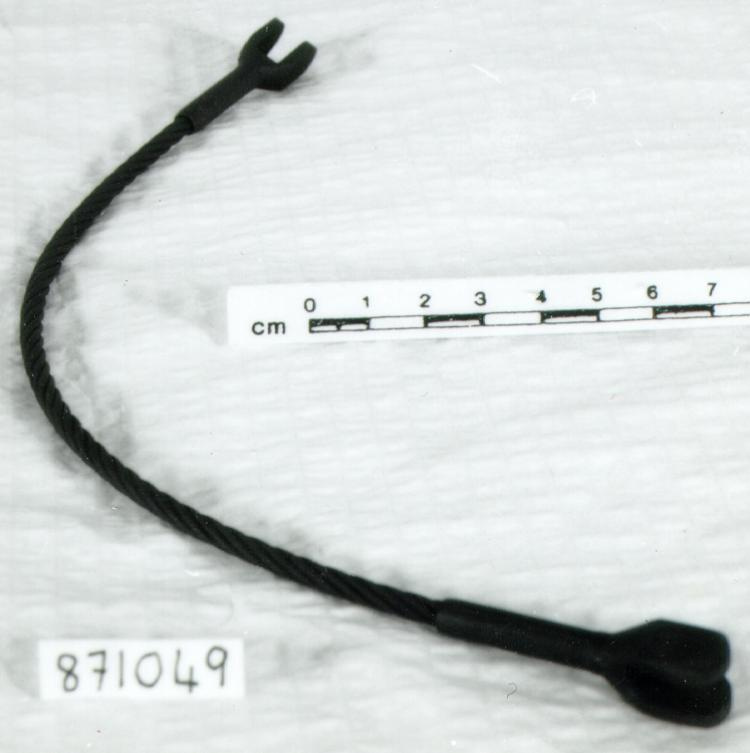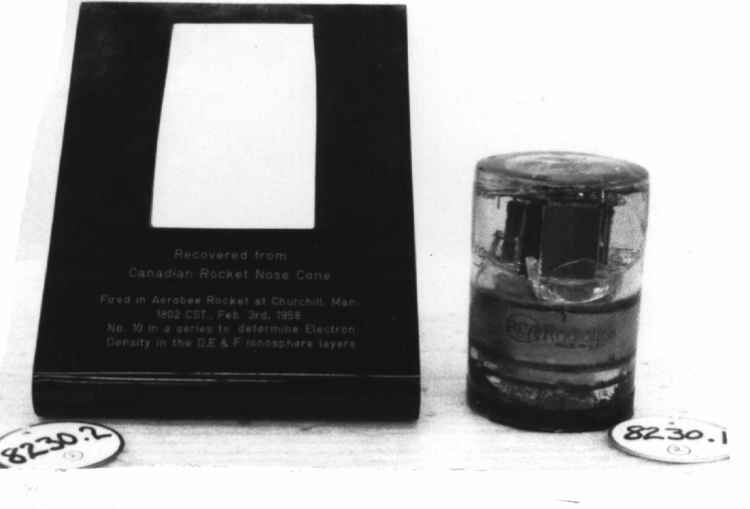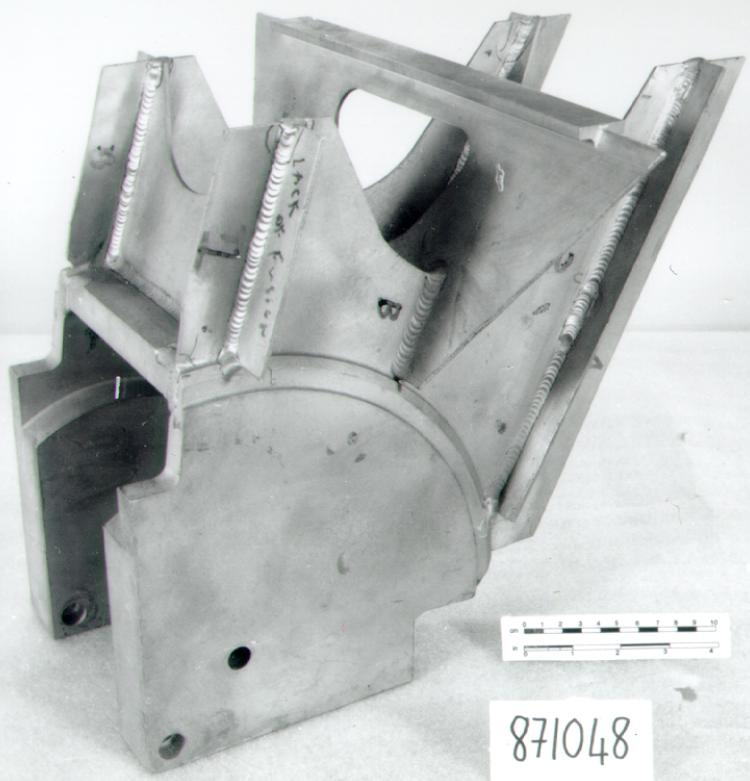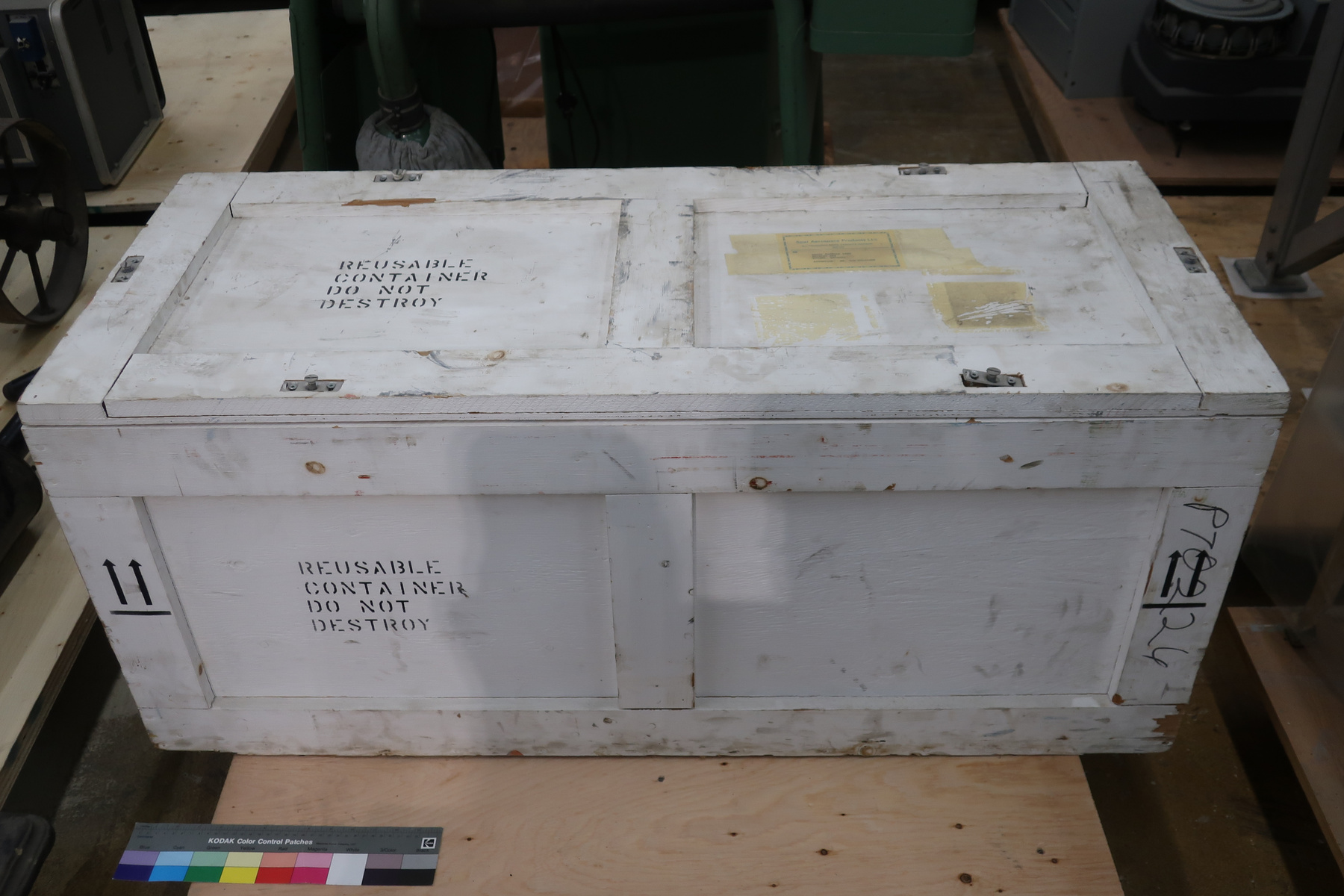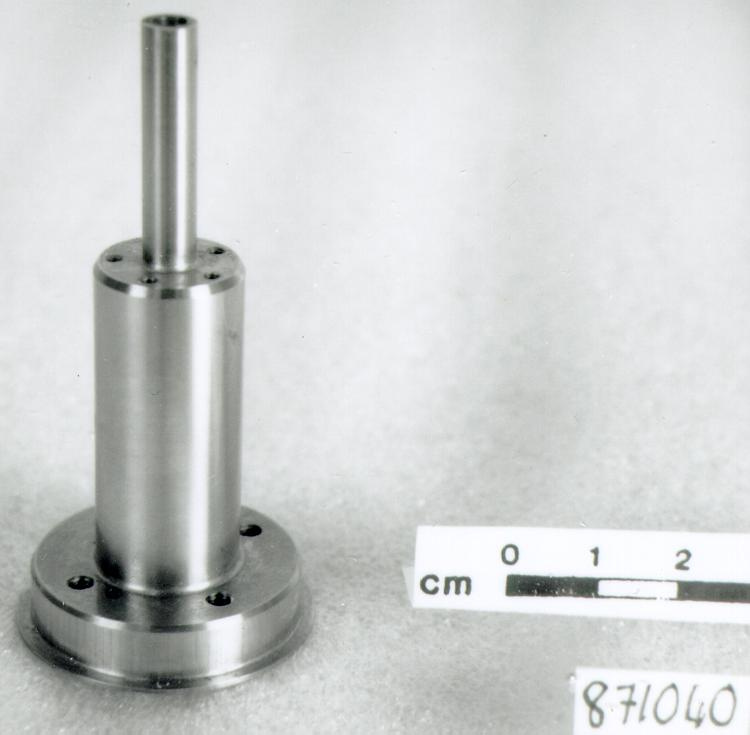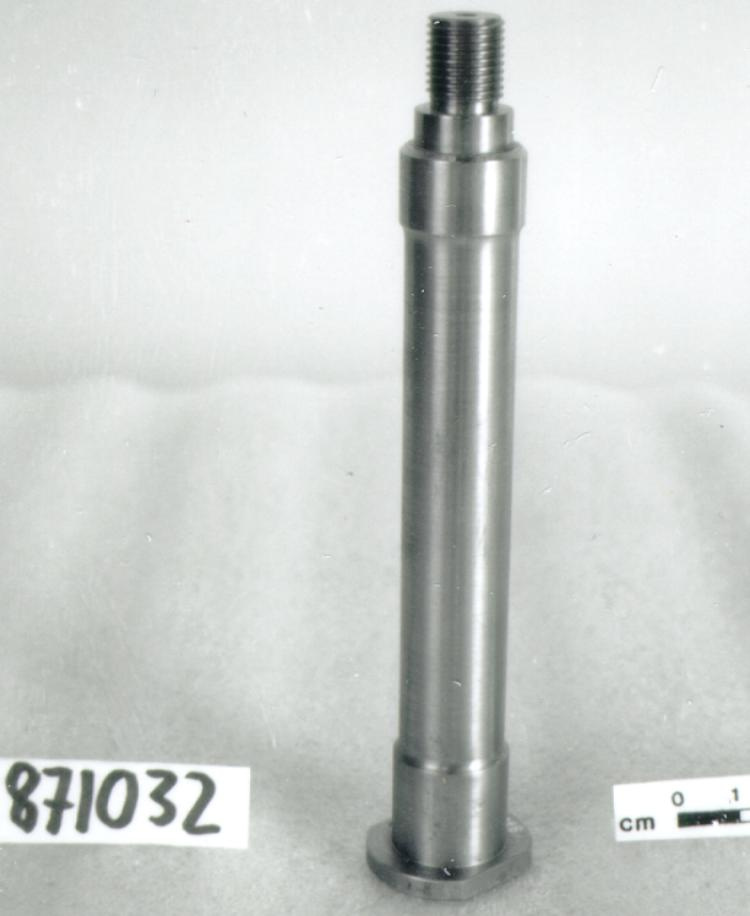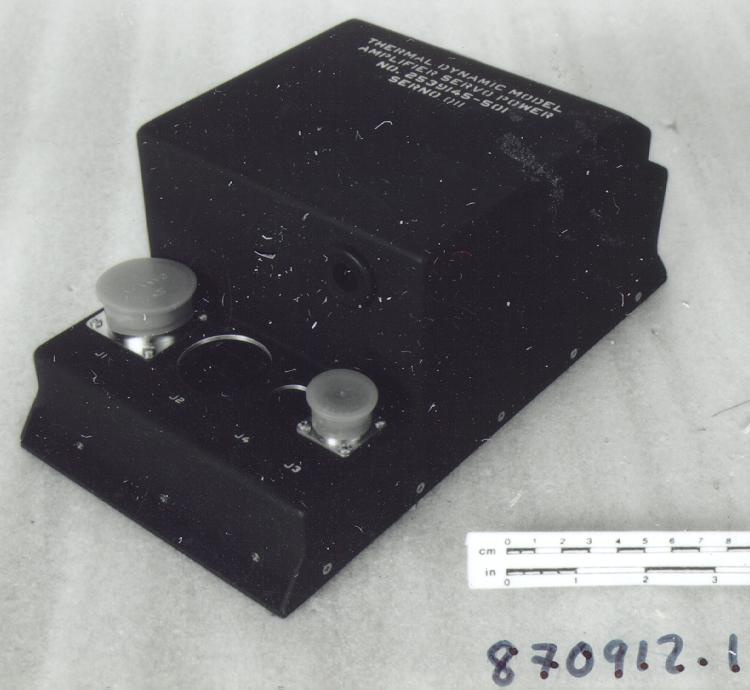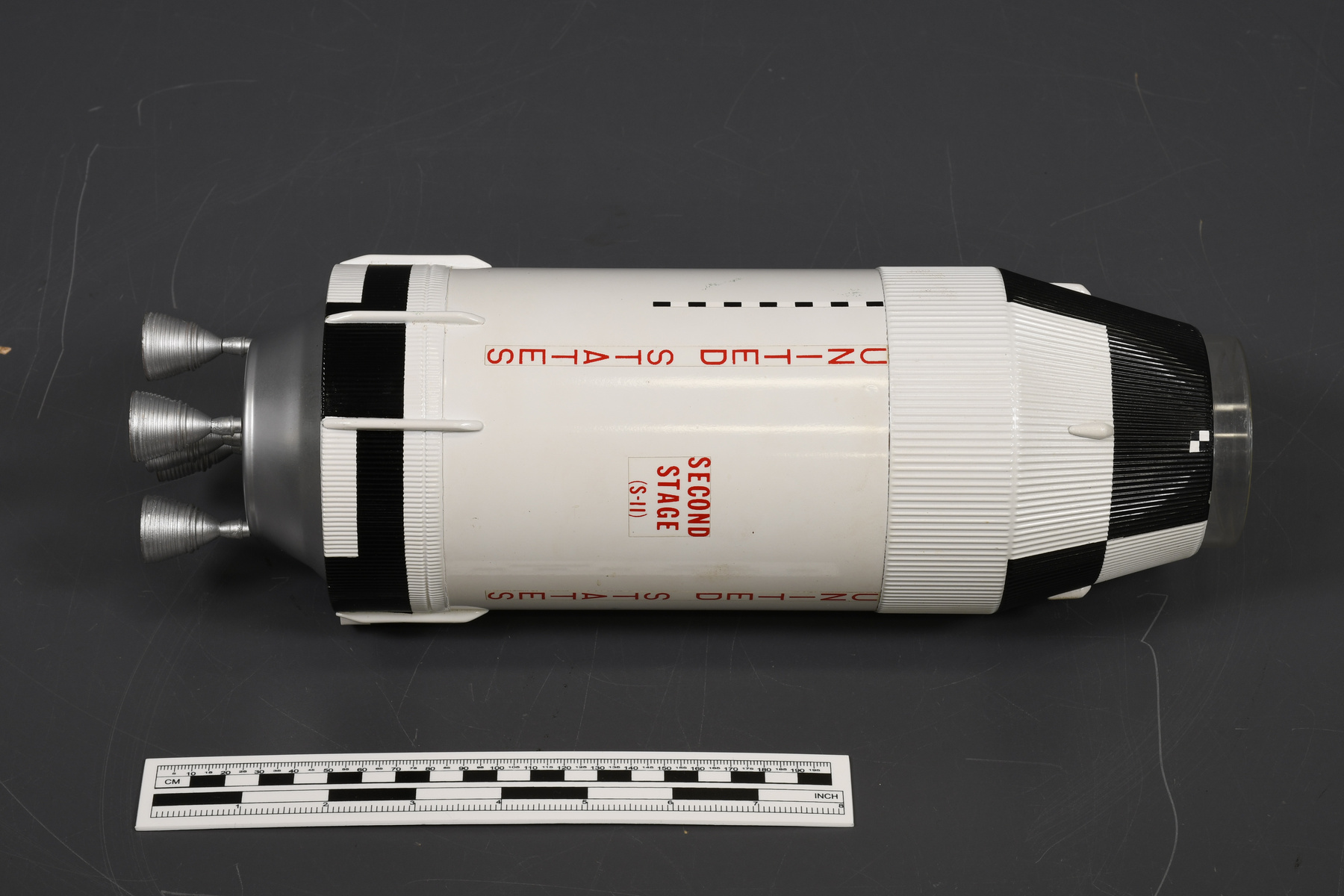Rocket model
Use this image
Can I reuse this image without permission? Yes
Object images on the Ingenium Collection’s portal have the following Creative Commons license:
Copyright Ingenium / CC BY-NC-ND (Attribution-NonCommercial 4.0 International (CC BY-NC 4.0)
ATTRIBUTE THIS IMAGE
Ingenium,
2023.0004.003
Permalink:
Ingenium is releasing this image under the Creative Commons licensing framework, and encourages downloading and reuse for non-commercial purposes. Please acknowledge Ingenium and cite the artifact number.
DOWNLOAD IMAGEPURCHASE THIS IMAGE
This image is free for non-commercial use.
For commercial use, please consult our Reproduction Fees and contact us to purchase the image.
- OBJECT TYPE
- display/second stage
- DATE
- 1970
- ARTIFACT NUMBER
- 2023.0004.003
- MANUFACTURER
- Marshall, George C. Space Flight Center
- MODEL
- S-II
- LOCATION
- Huntsville, Alabama, United States of America
More Information
General Information
- Serial #
- N/A
- Part Number
- 3
- Total Parts
- 12
- AKA
- N/A
- Patents
- N/A
- General Description
- Synthetic model.
Dimensions
Note: These reflect the general size for storage and are not necessarily representative of the object's true dimensions.
- Length
- 32.9 cm
- Width
- N/A
- Height
- N/A
- Thickness
- N/A
- Weight
- N/A
- Diameter
- 10.3 cm
- Volume
- N/A
Lexicon
- Group
- Space Technology
- Category
- Models
- Sub-Category
- N/A
Manufacturer
- AKA
- NASA
- Country
- United States of America
- State/Province
- Alabama
- City
- Huntsville
Context
- Country
- United States of America
- State/Province
- Texas
- Period
- Presented in 1970, kept by Owen Maynard until 2000.
- Canada
-
The Saturn V rocket was developed under German-American rocket scientist Wernher von Braun as part of NASA’s Apollo Program. It flew from 1967-1973 for nine crewed flights to the Moon as well as for the launch of Skylab, the first space station. Saturn V models were given to NASA and industry executives to commemorate the rocket and honour those who worked on it. The model consists of the Saturn V rocket’s three stages as well as the Command Module, Service Module, and Lunar Module. This particular model was given to Canadian engineer Owen Maynard as a parting gift from NASA on March 7, 1970, after he resigned from NASA on February 28, 1970. This significant gift demonstrates Maynard’s close association with the Apollo Program as not only was he the first person at NASA to start working on the design of the Lunar Module in 1961, he became Chief of Systems Engineering for the Apollo Office in 1964, where he had a close hand in all aspects of the Apollo Program. - Function
-
Part of a model to illustrate the appearance of the Saturn V rocket. This piece represents the second stage portion of the rocket that engages after the first stage has already reached the upper atmosphere. - Technical
-
This 1/96 scale contractor’s model of Saturn V, a three-stage rocket powered by liquid fuel, was used for promotional and educational purposes. The models were given to politicians, industry and NASA executives to promote the Apollo Program. They were also used to illustrate complex design ideas for a wide range of audiences. The model could be taken apart to show how different parts of the rocket interacted with one another, including the three rocket stages, the Command Module, the Service Module, and the Lunar Module. A small human figurine standing at the base of the model indicates to viewers just how large the rocket is. - Area Notes
-
Unknown
Details
- Markings
- On four vertically printed labels on four areas on the side of the rocket model: "UNITED STATES"/ On a small rectangular label on the side of the rocket: "SECOND/ STAGE/ (S-II)"
- Missing
- Appears complete
- Finish
- Predominantly white and black model with red lettering, and silver-coloured painted engine cones, and tank. The inside of the engine cones are painted red.
- Decoration
- N/A
CITE THIS OBJECT
If you choose to share our information about this collection object, please cite:
Marshall, George C. Space Flight Center, Rocket model, circa 1970, Artifact no. 2023.0004, Ingenium – Canada’s Museums of Science and Innovation, http://collections.ingeniumcanada.org/en/id/2023.0004.003/
FEEDBACK
Submit a question or comment about this artifact.
More Like This
